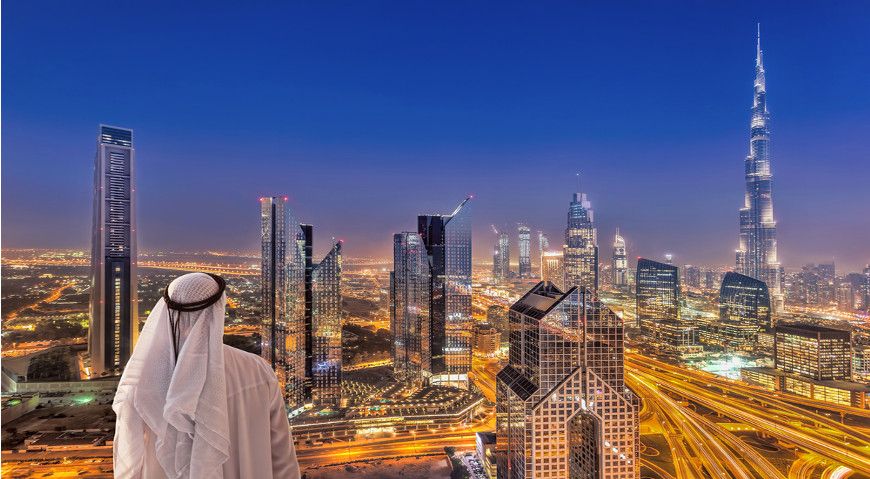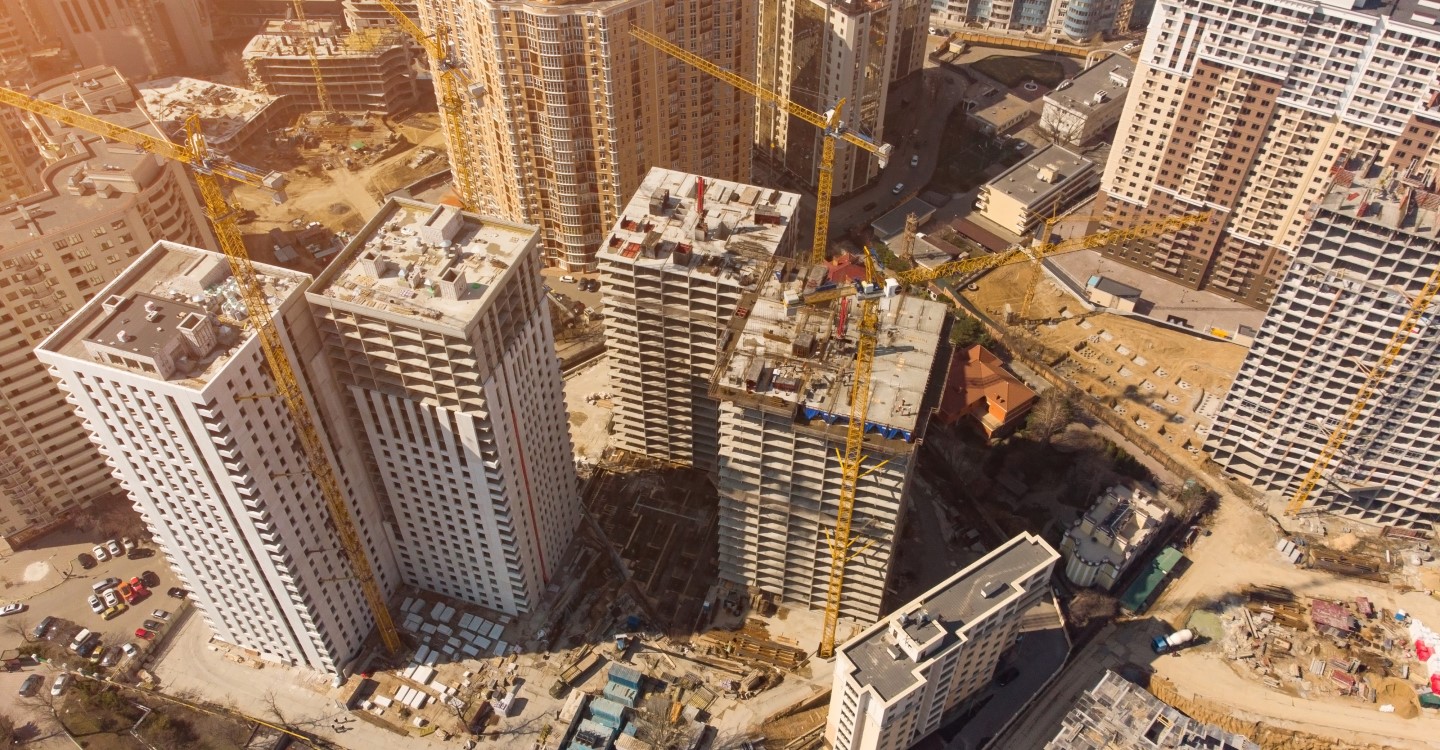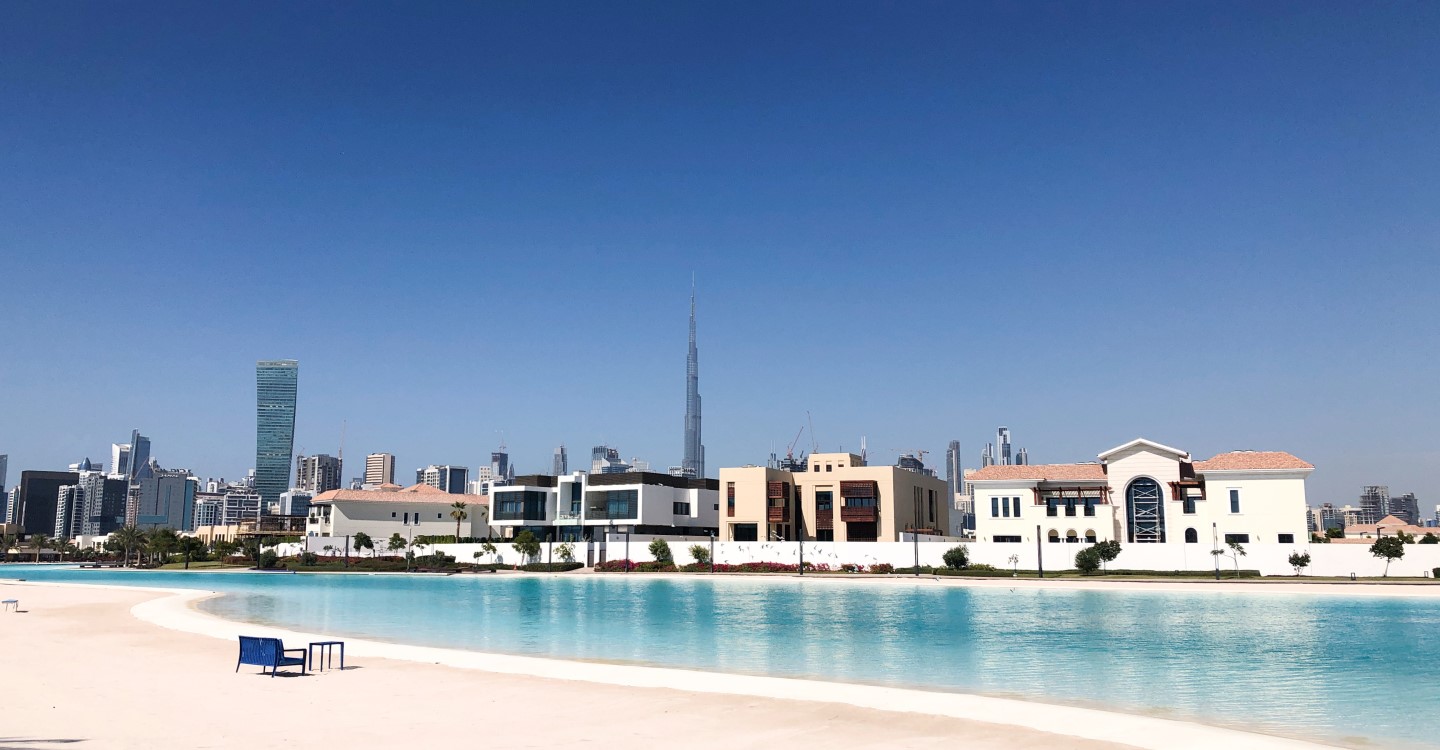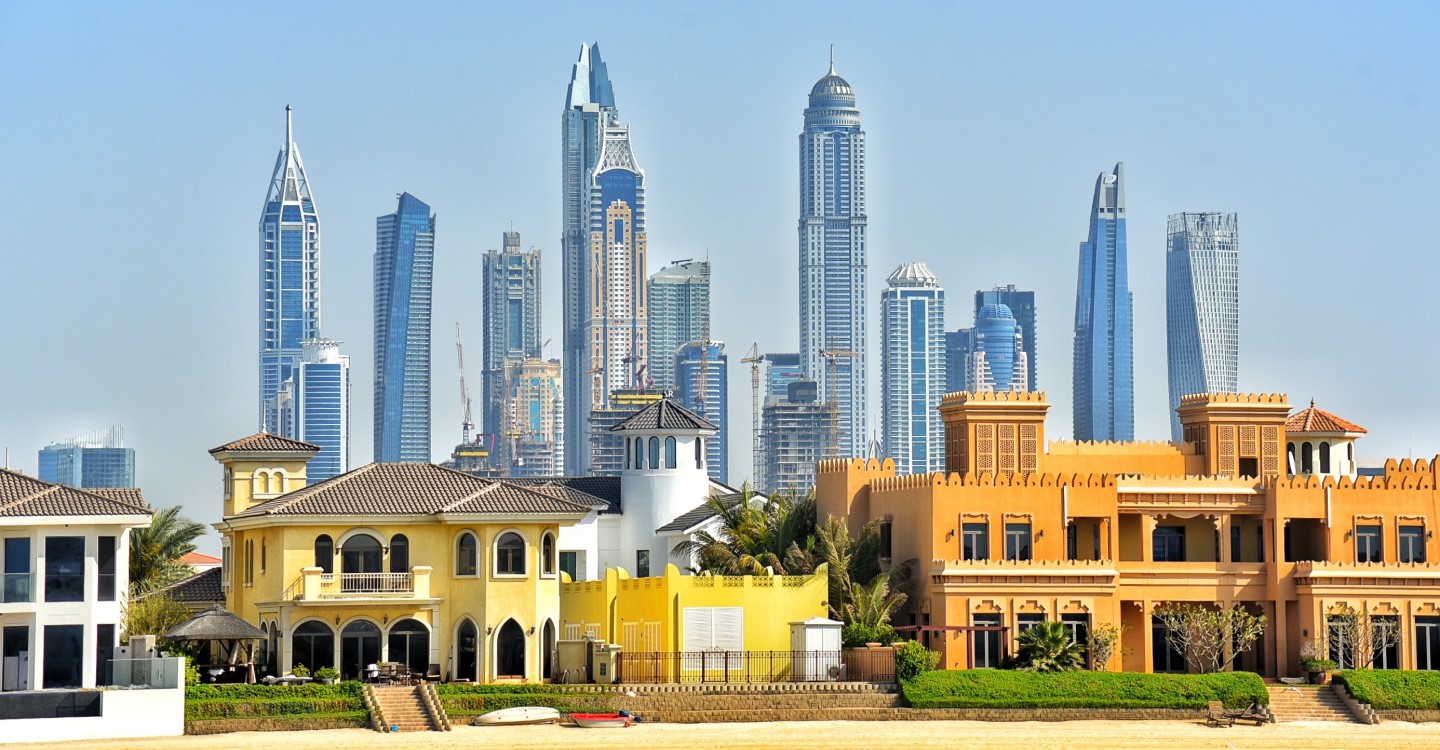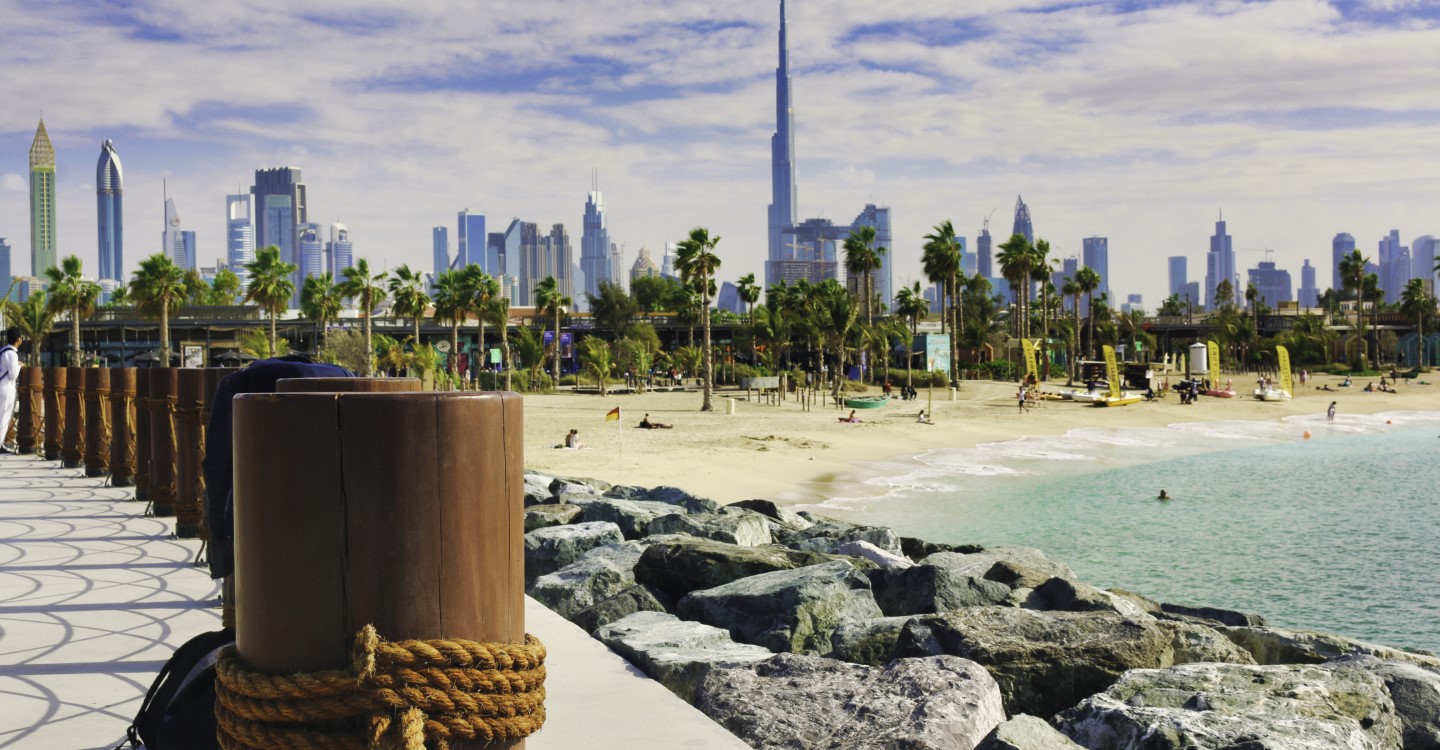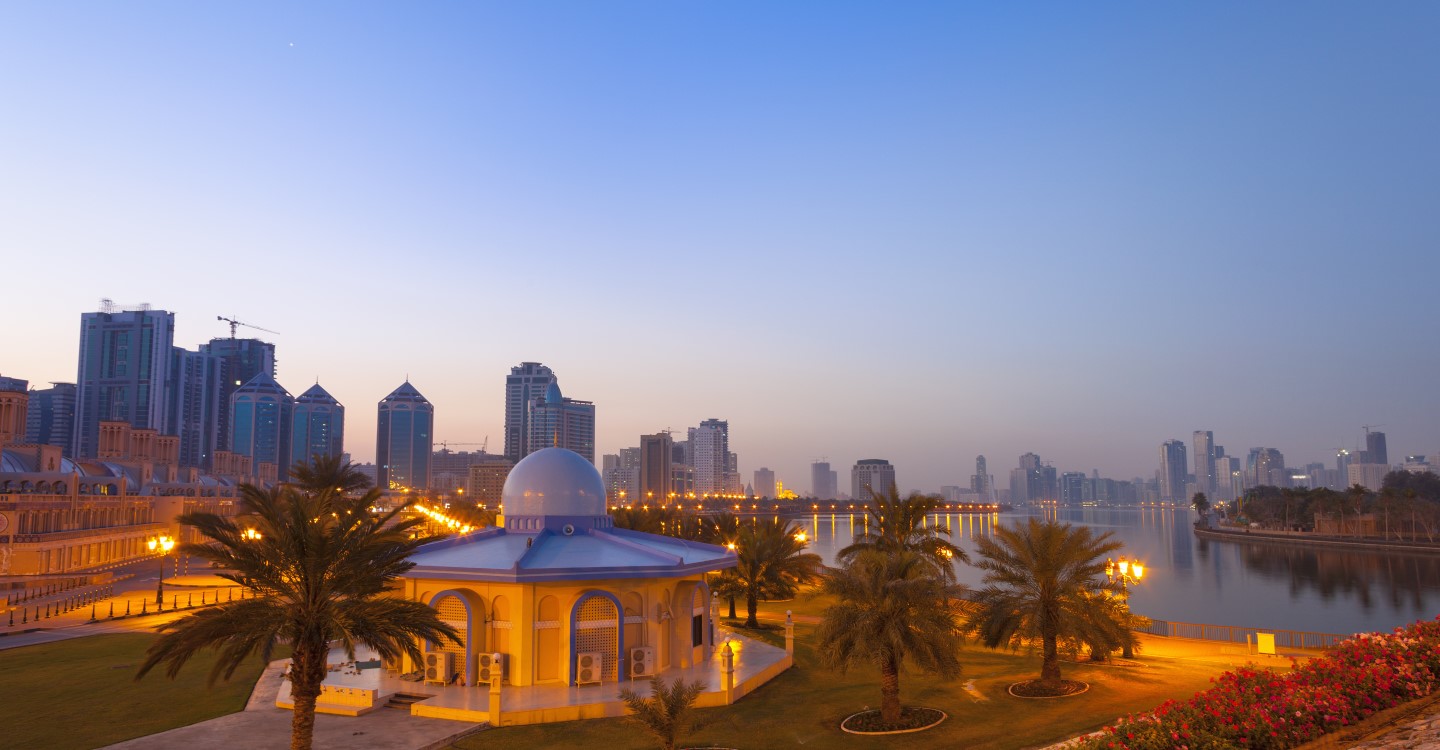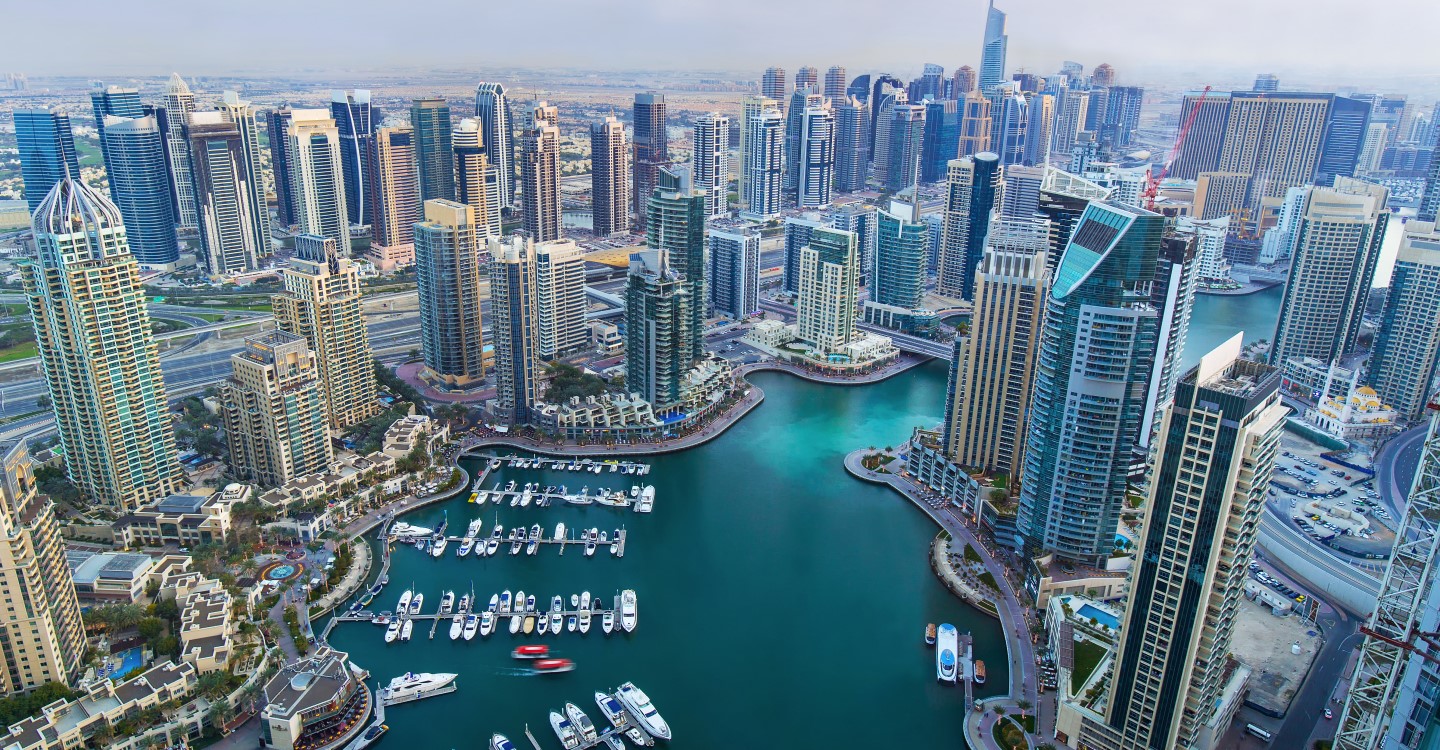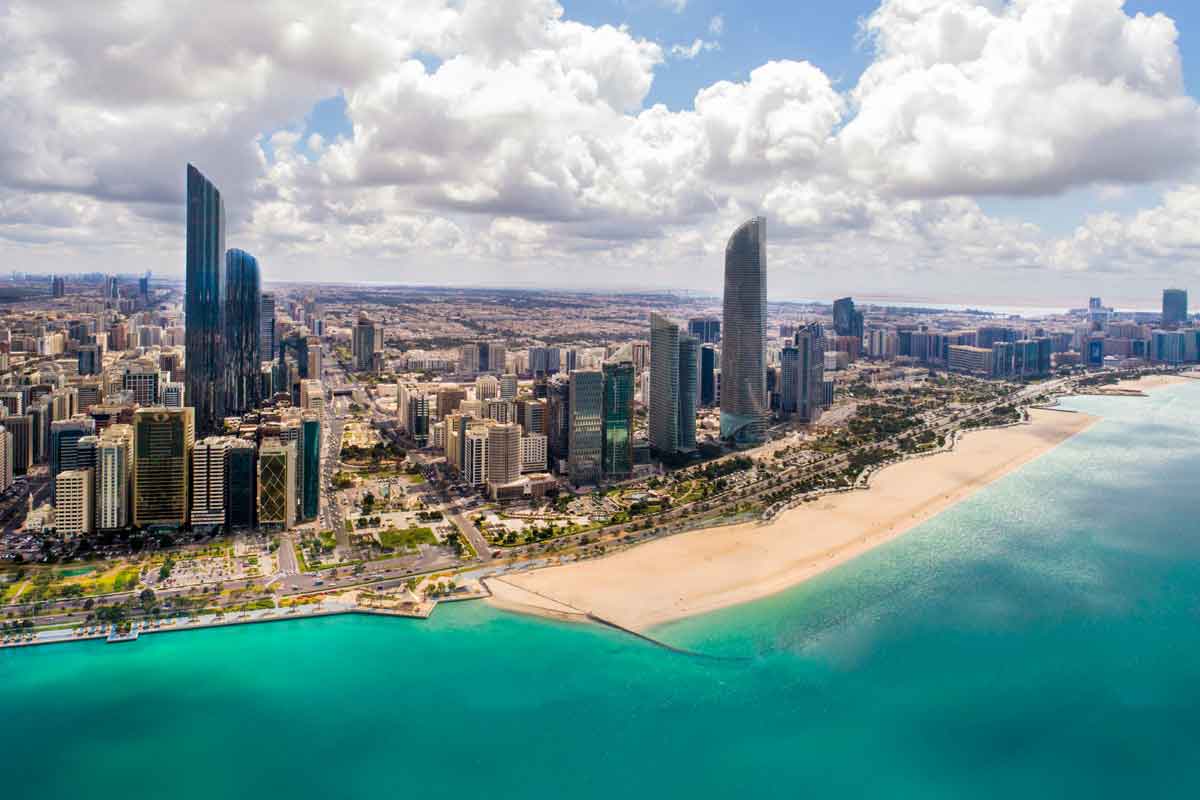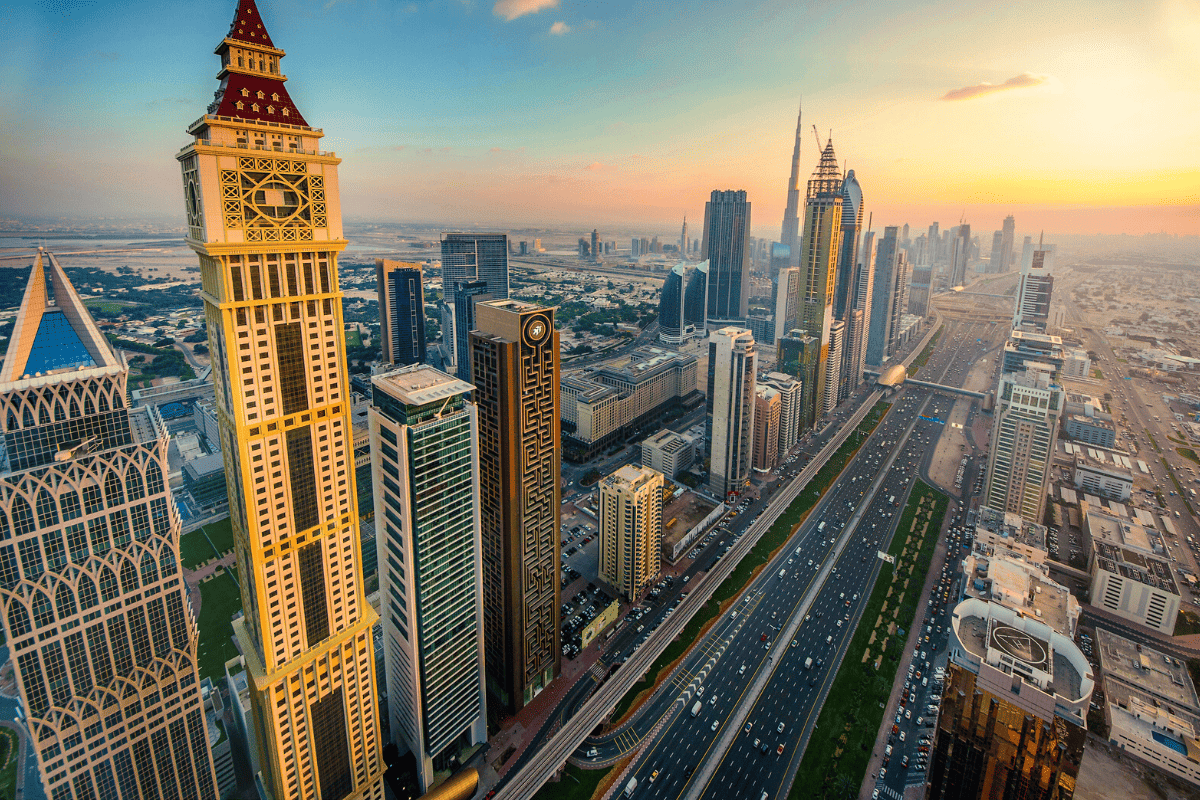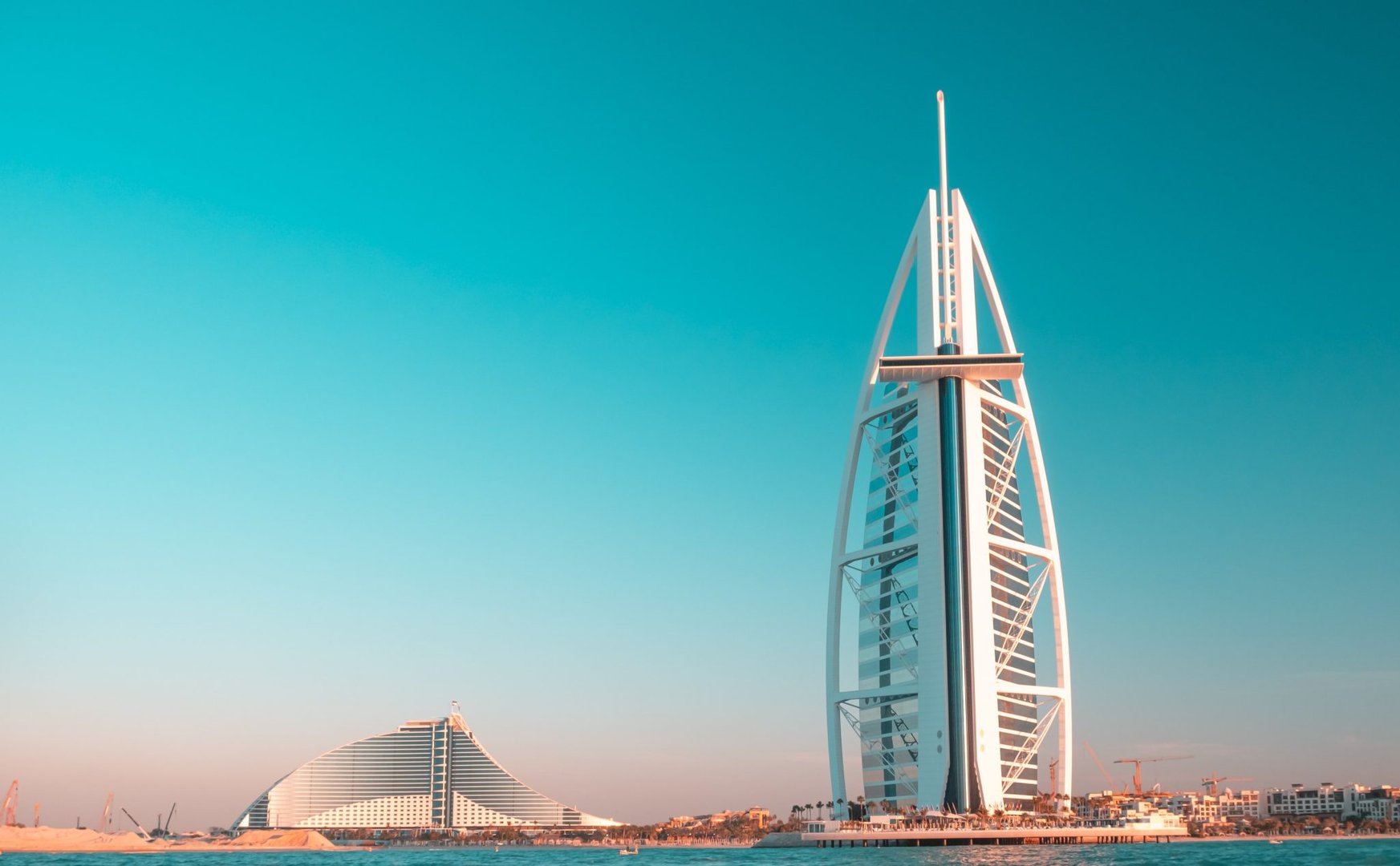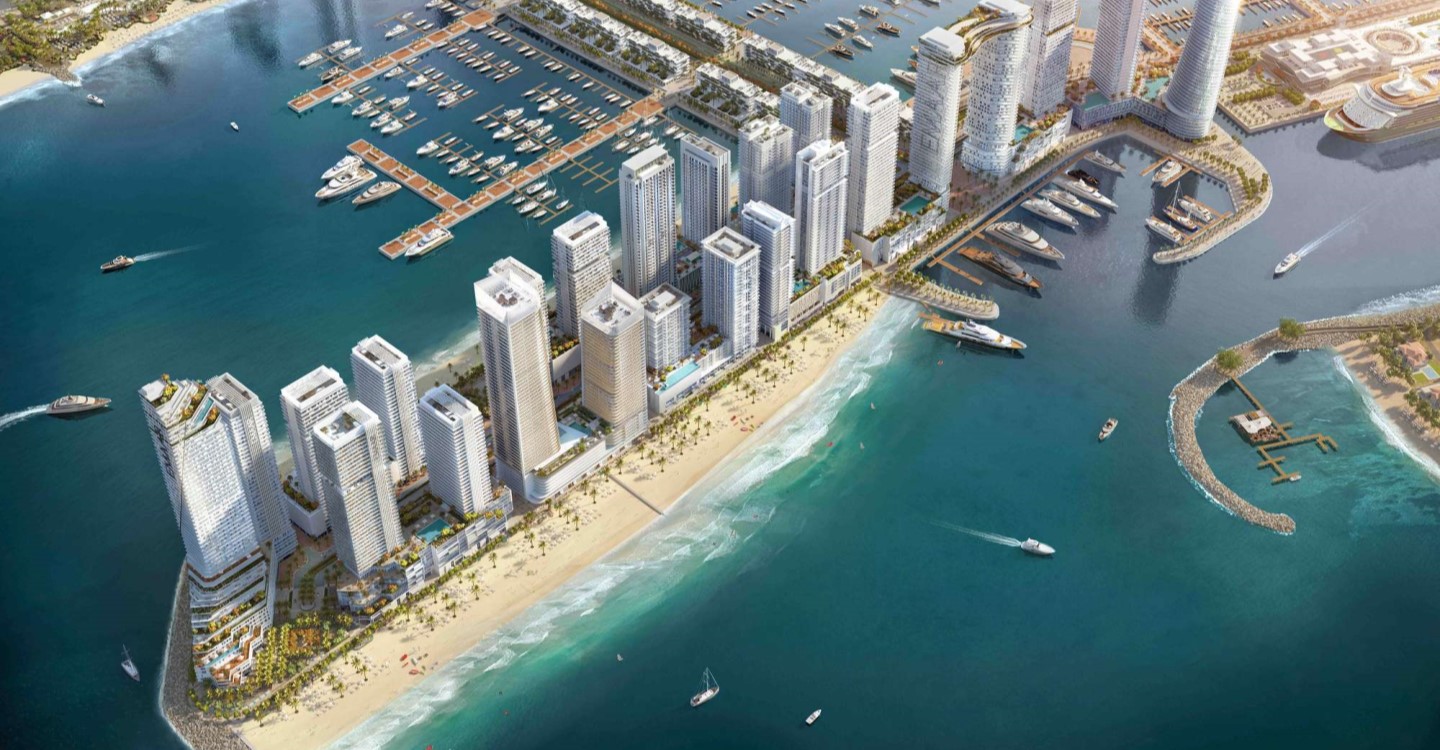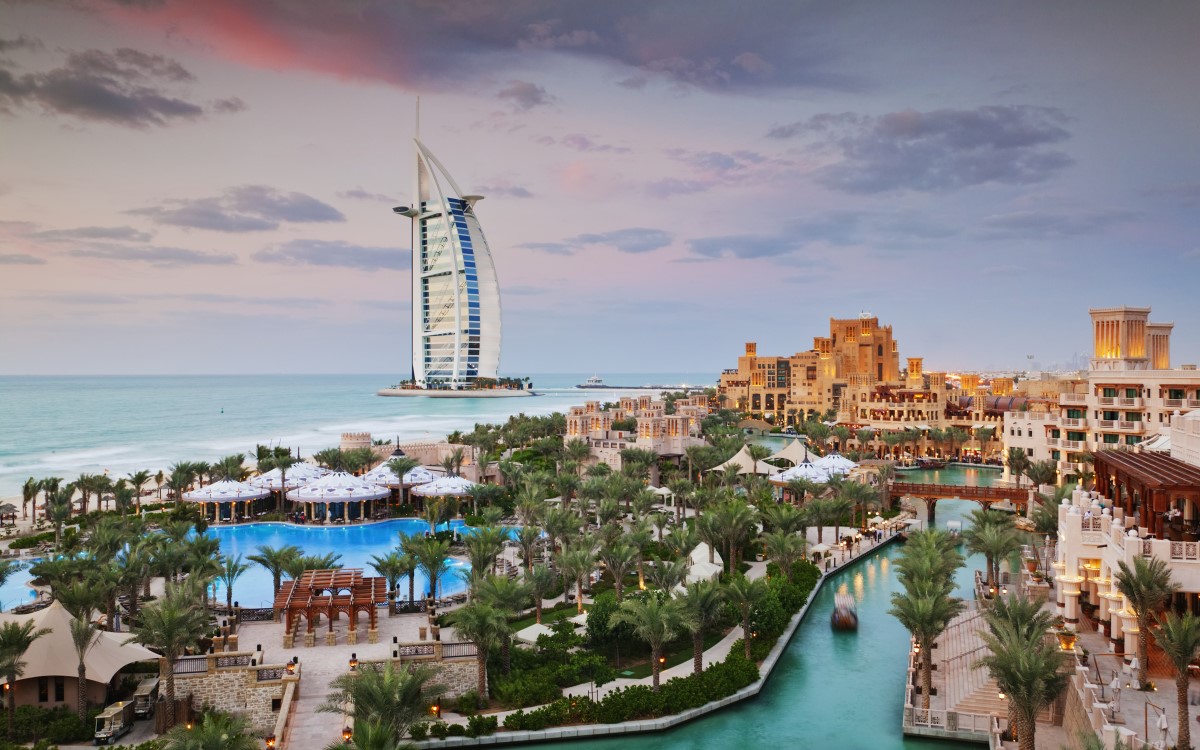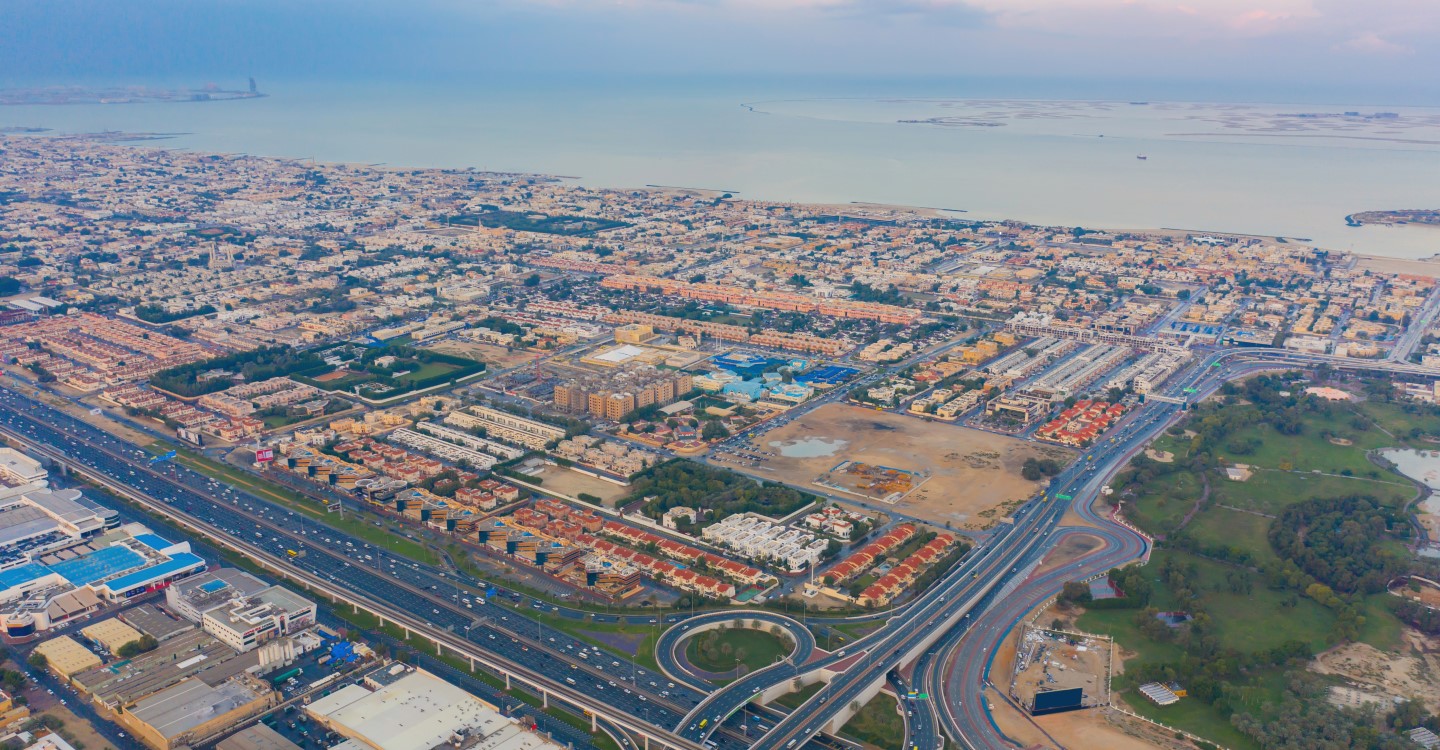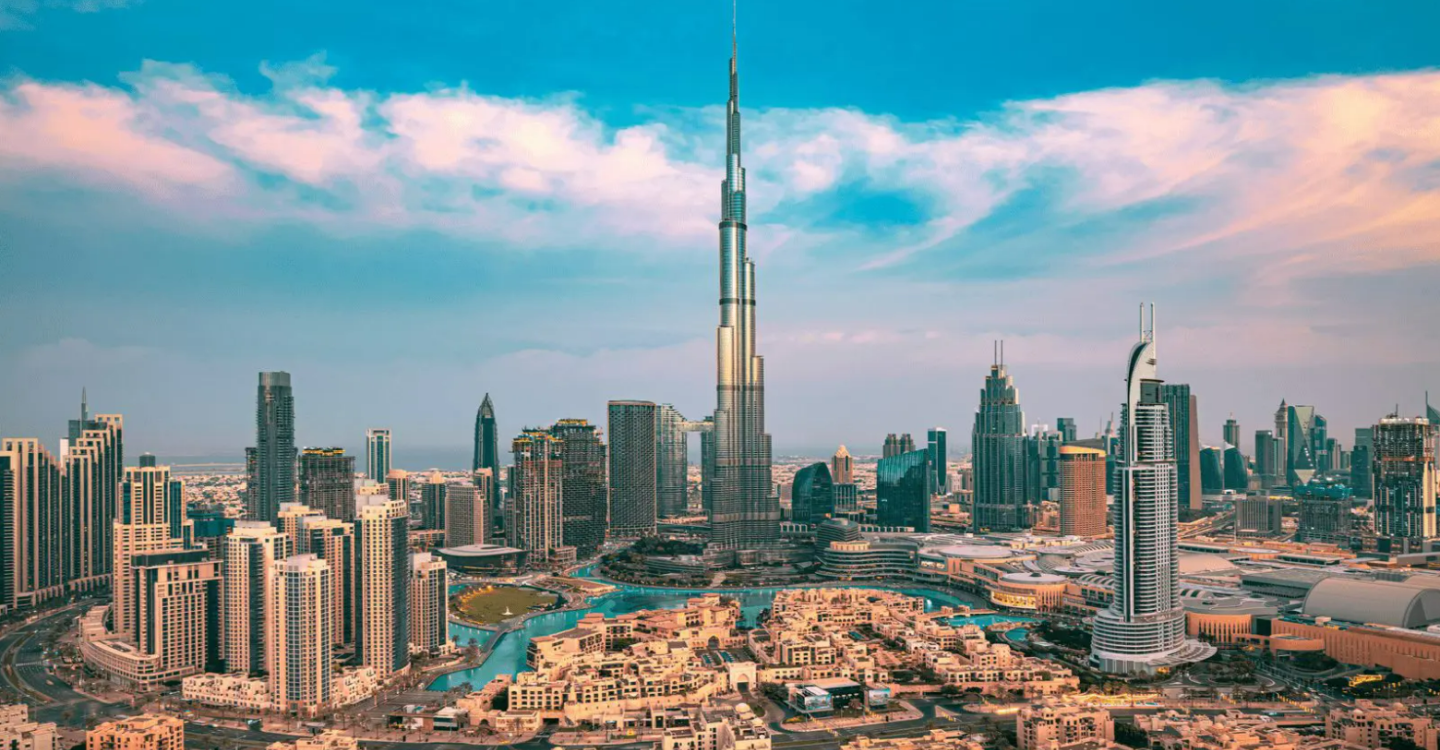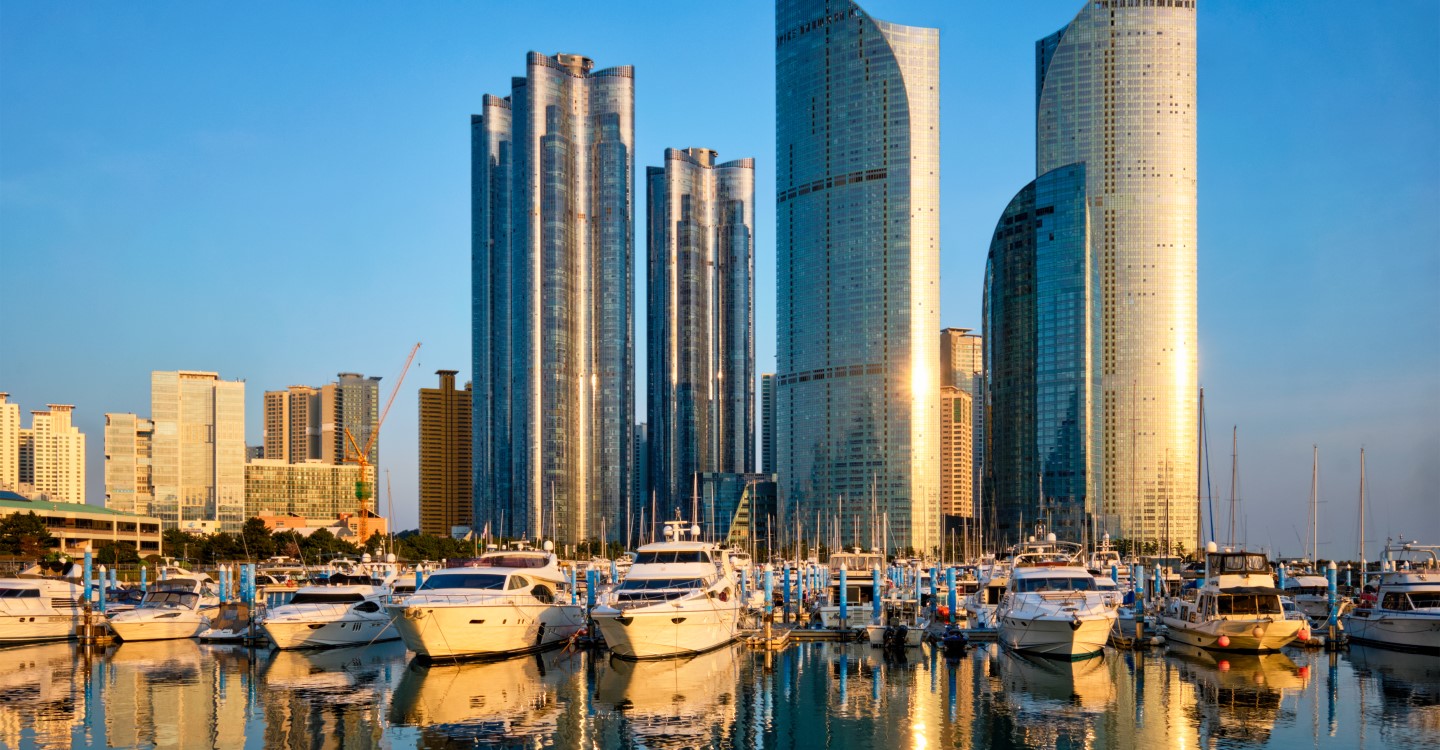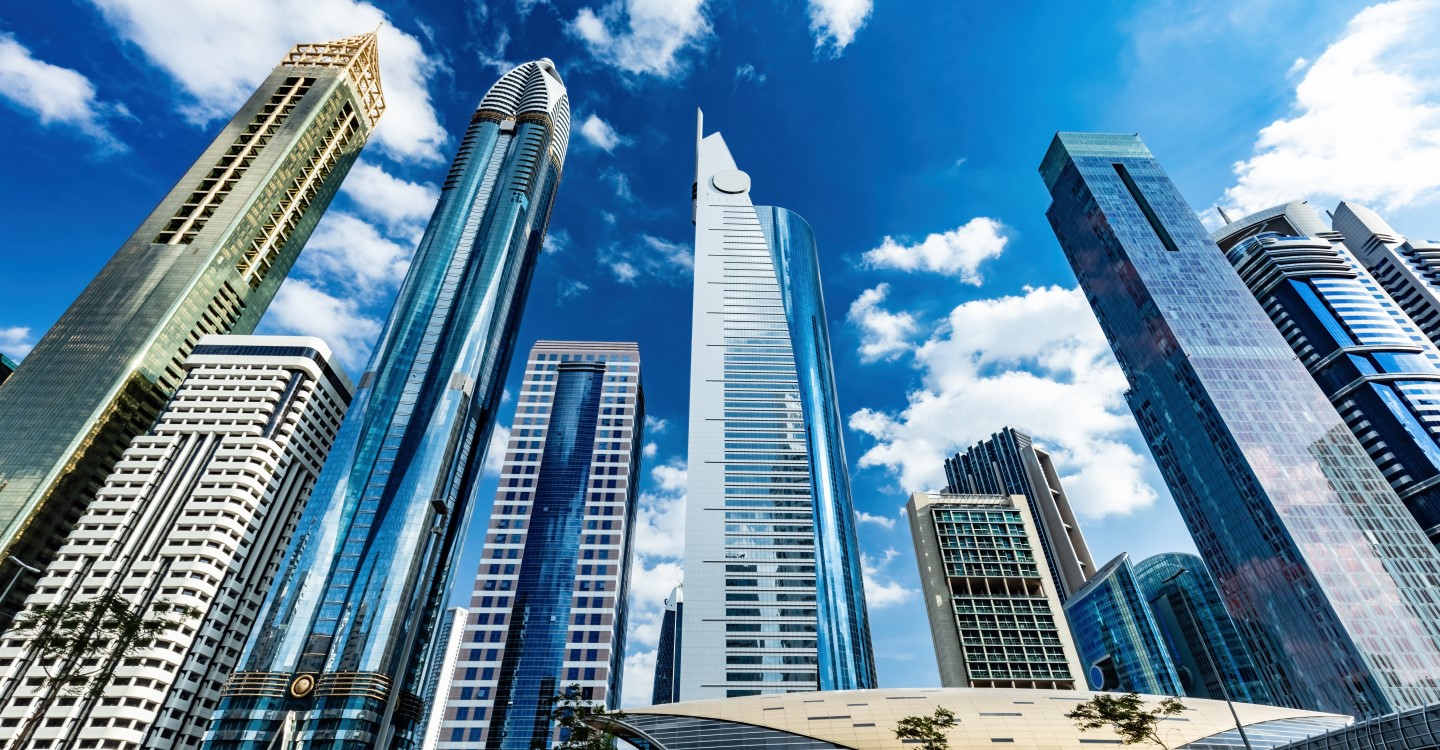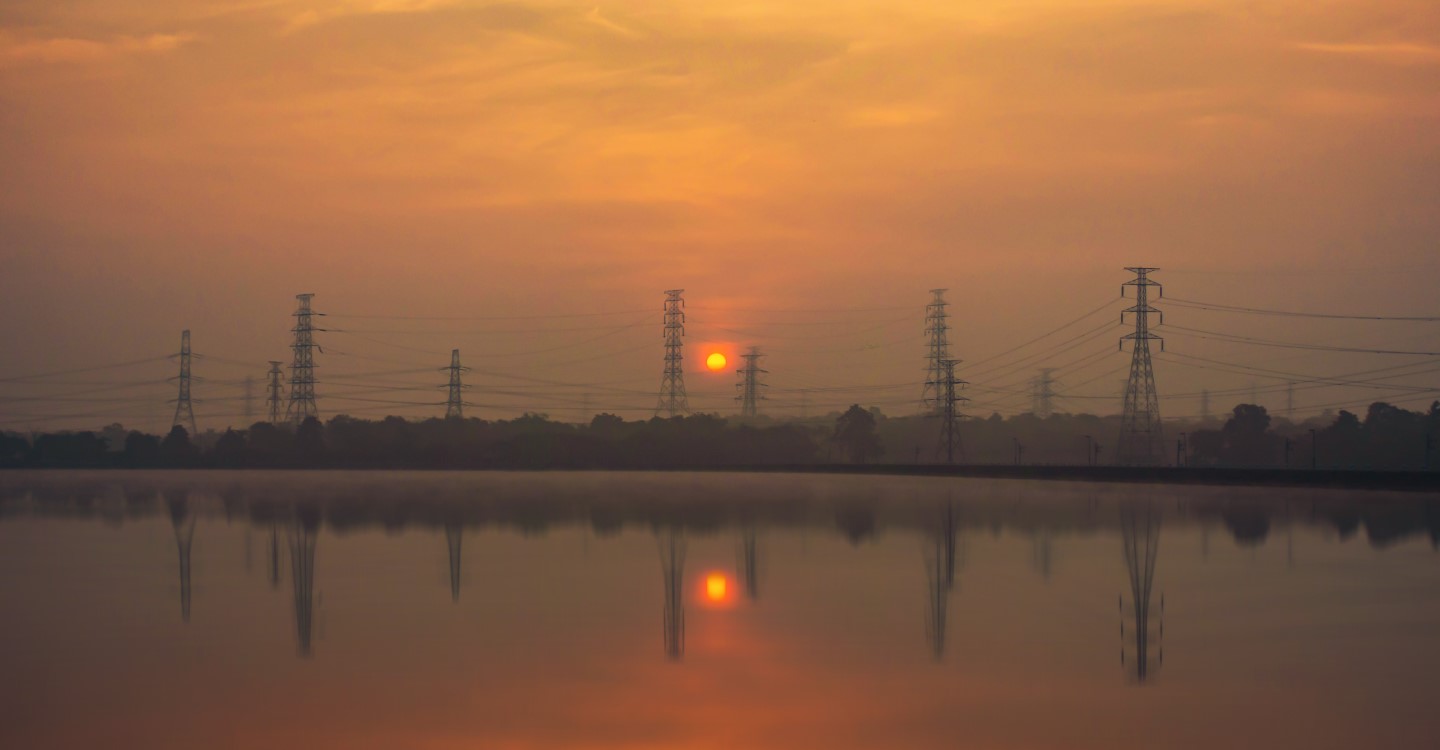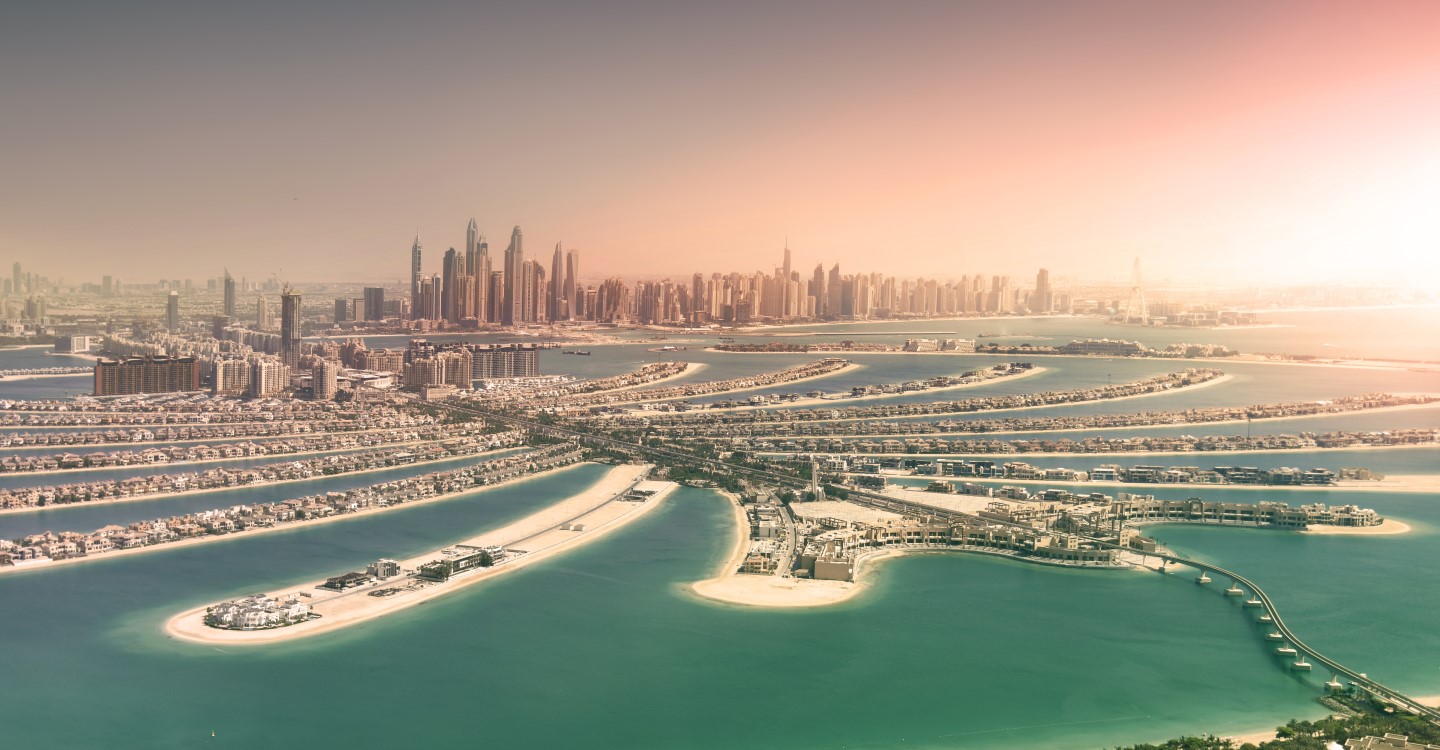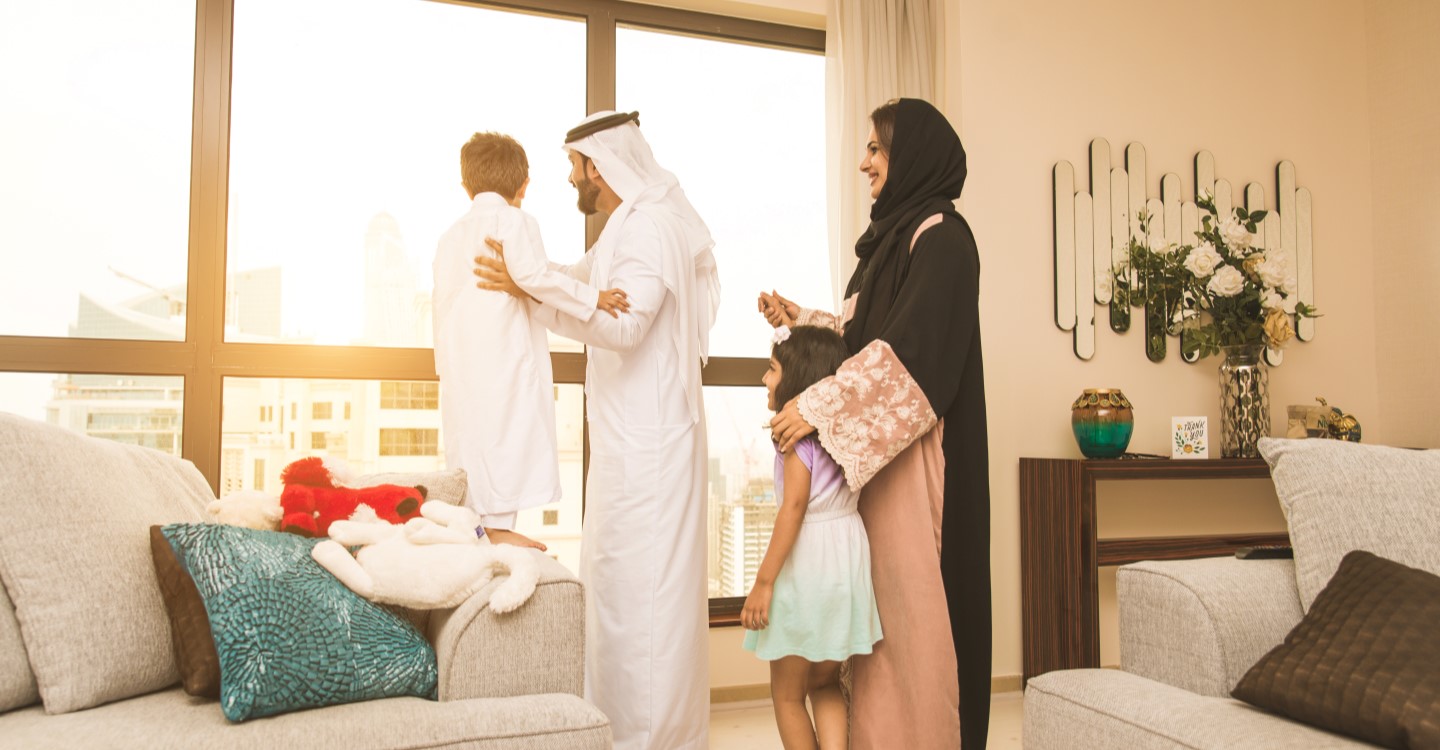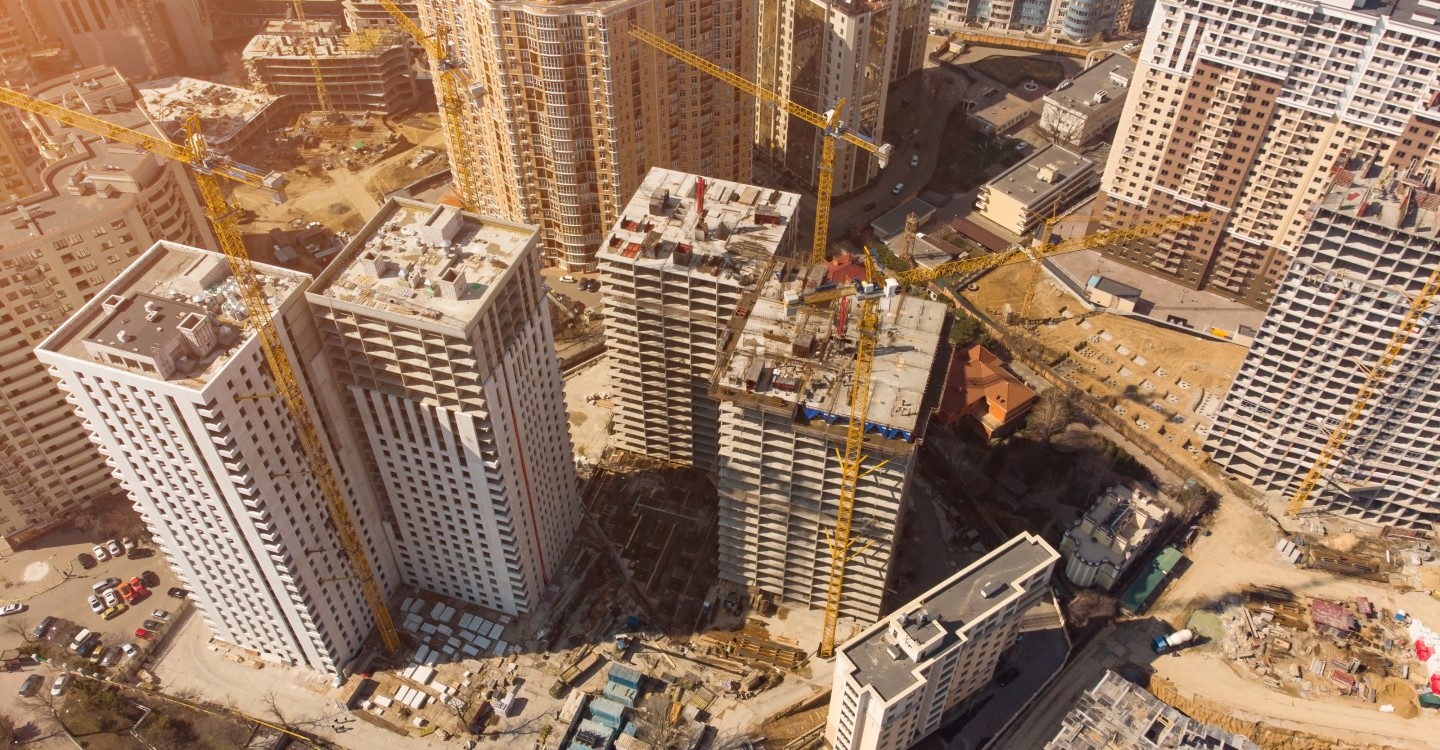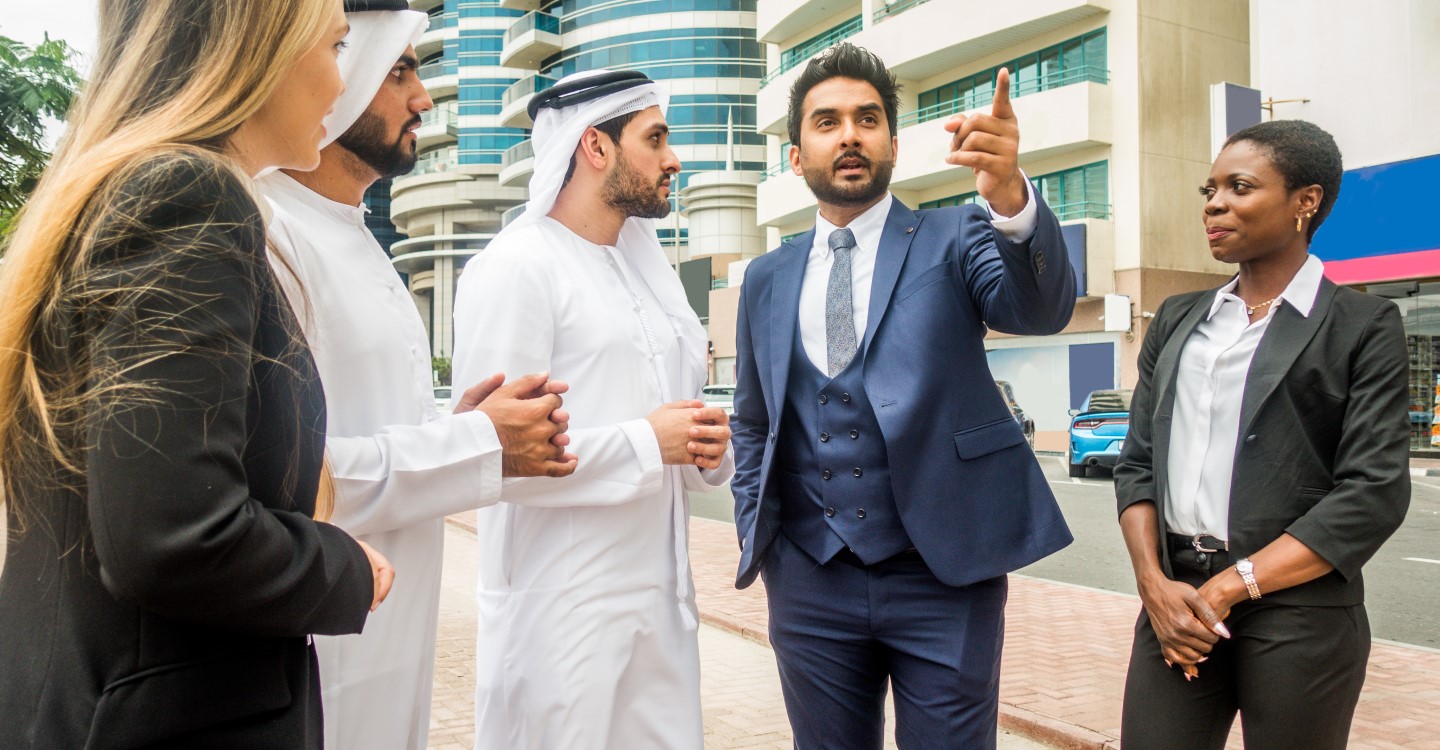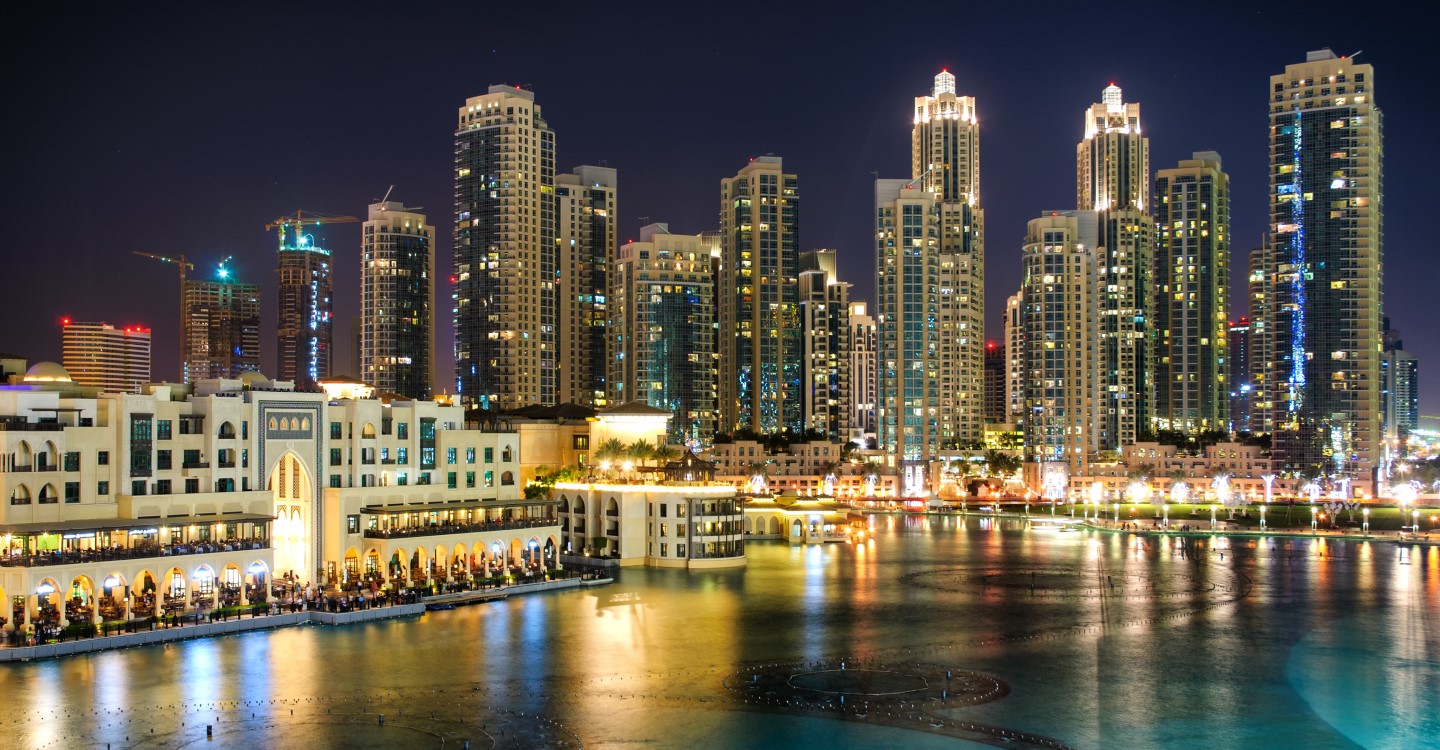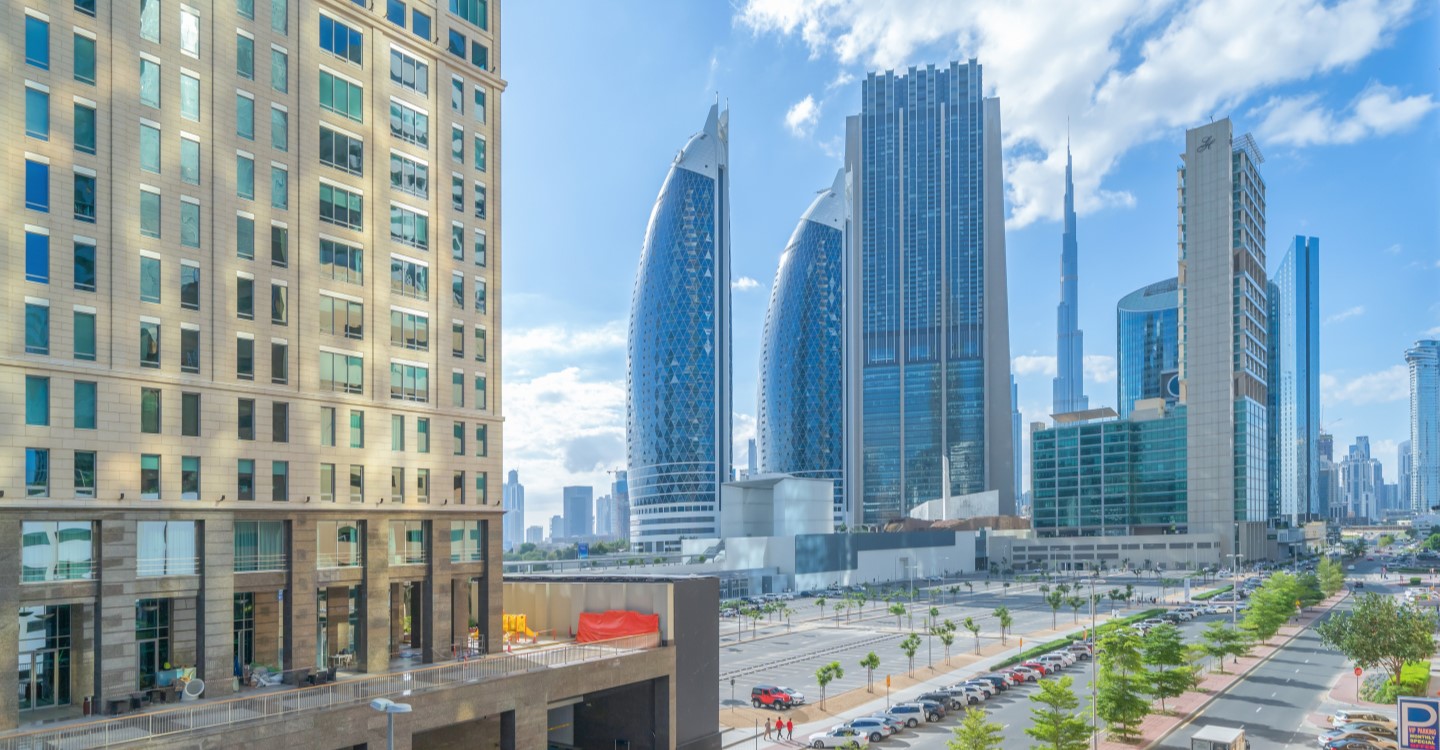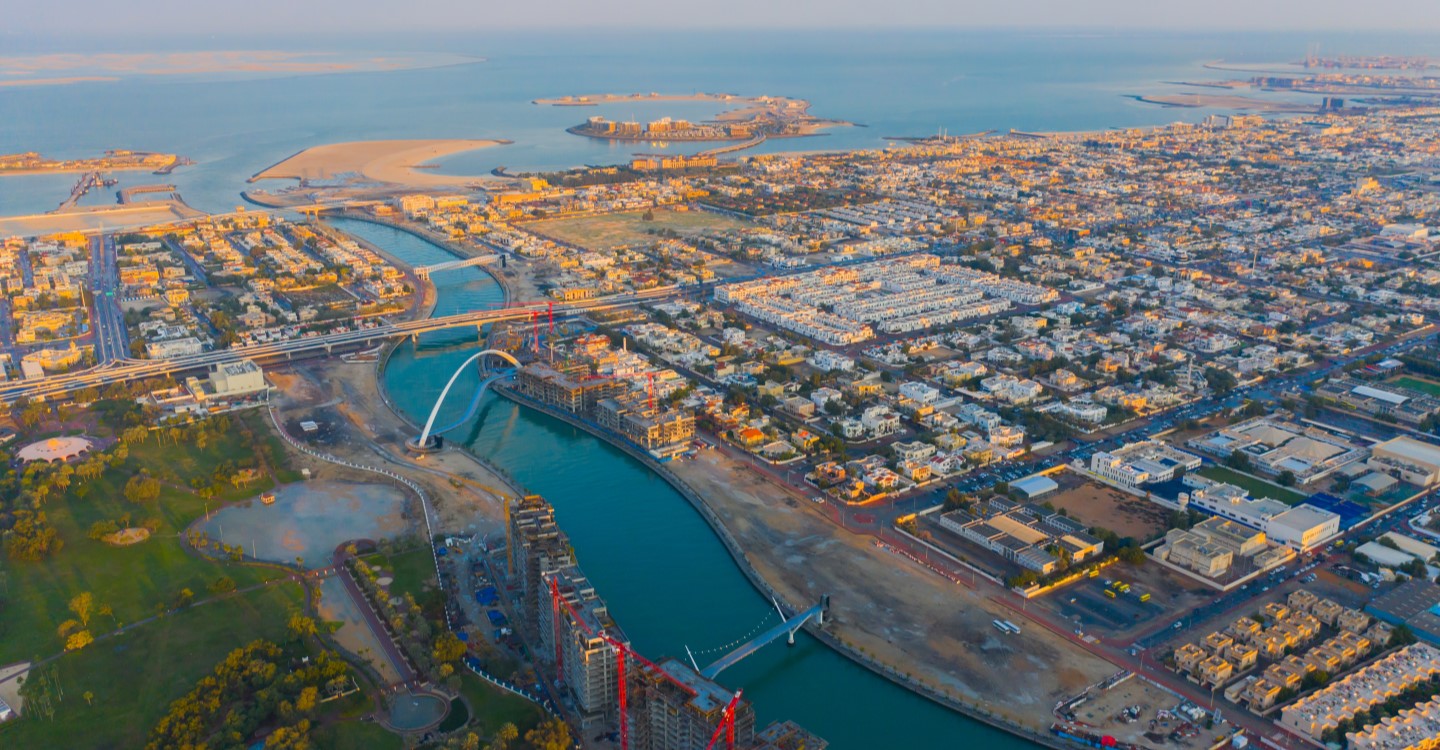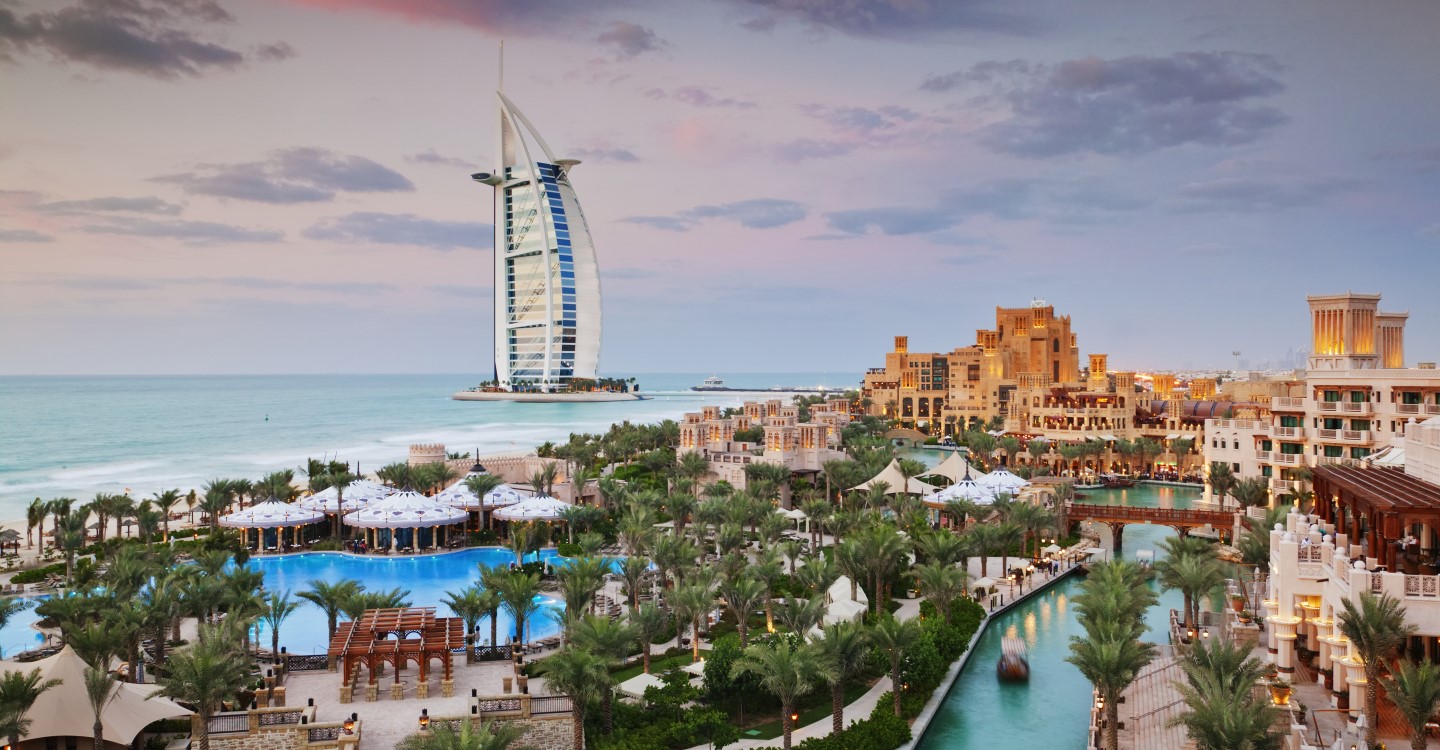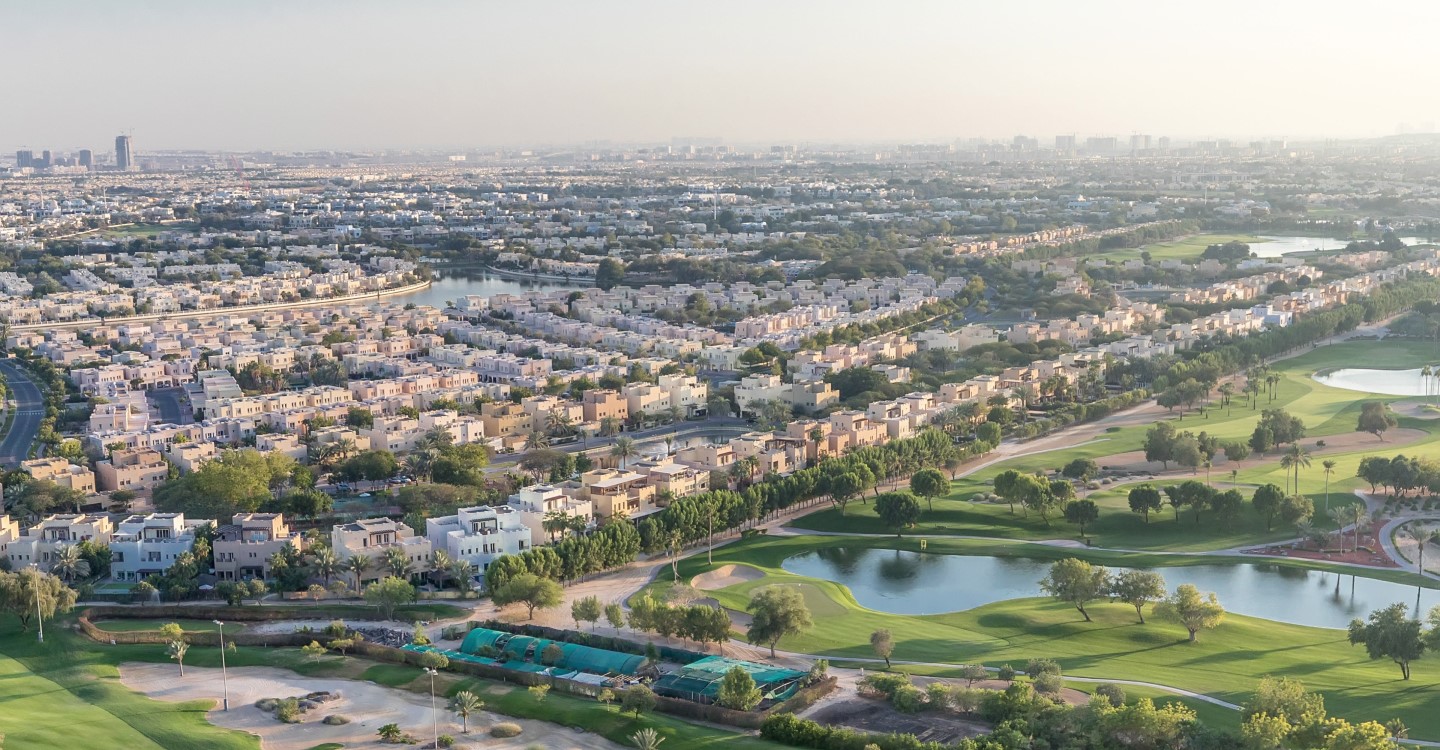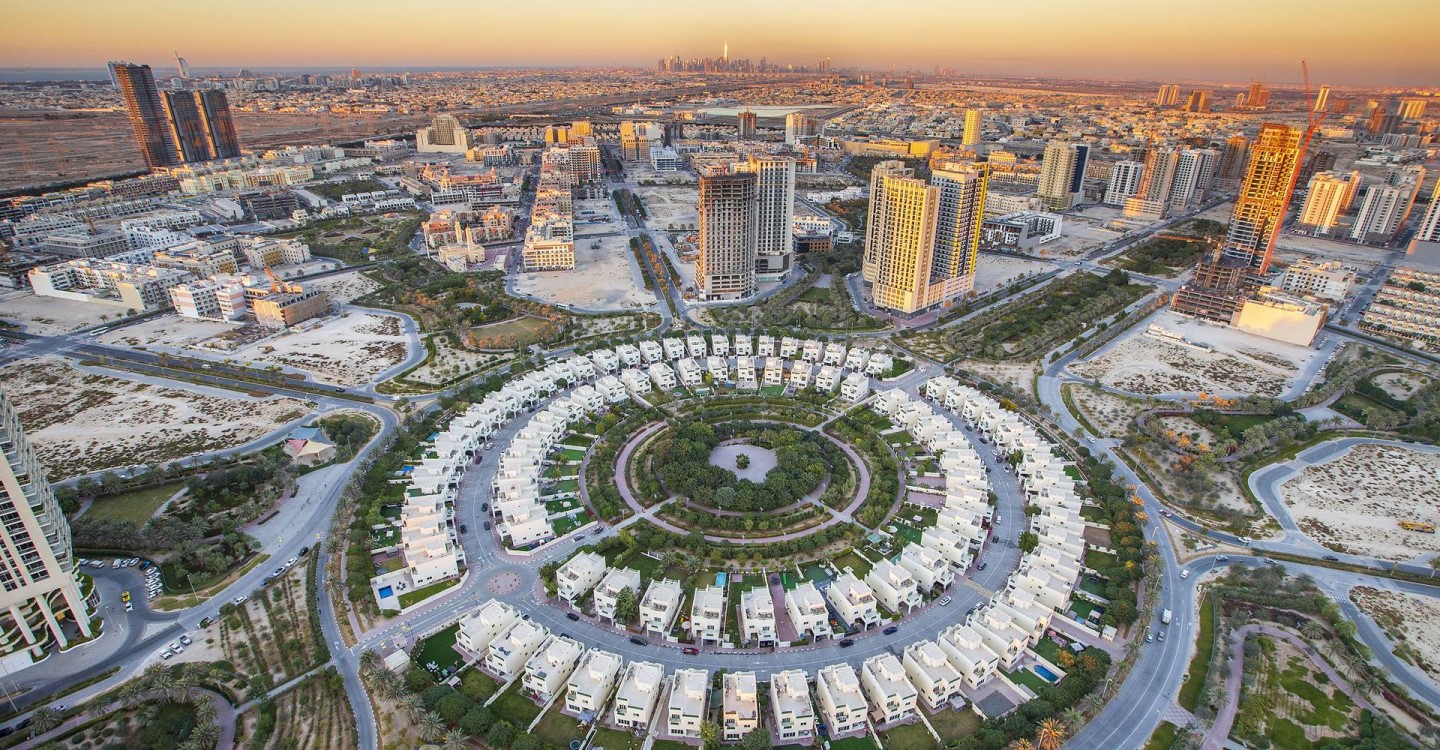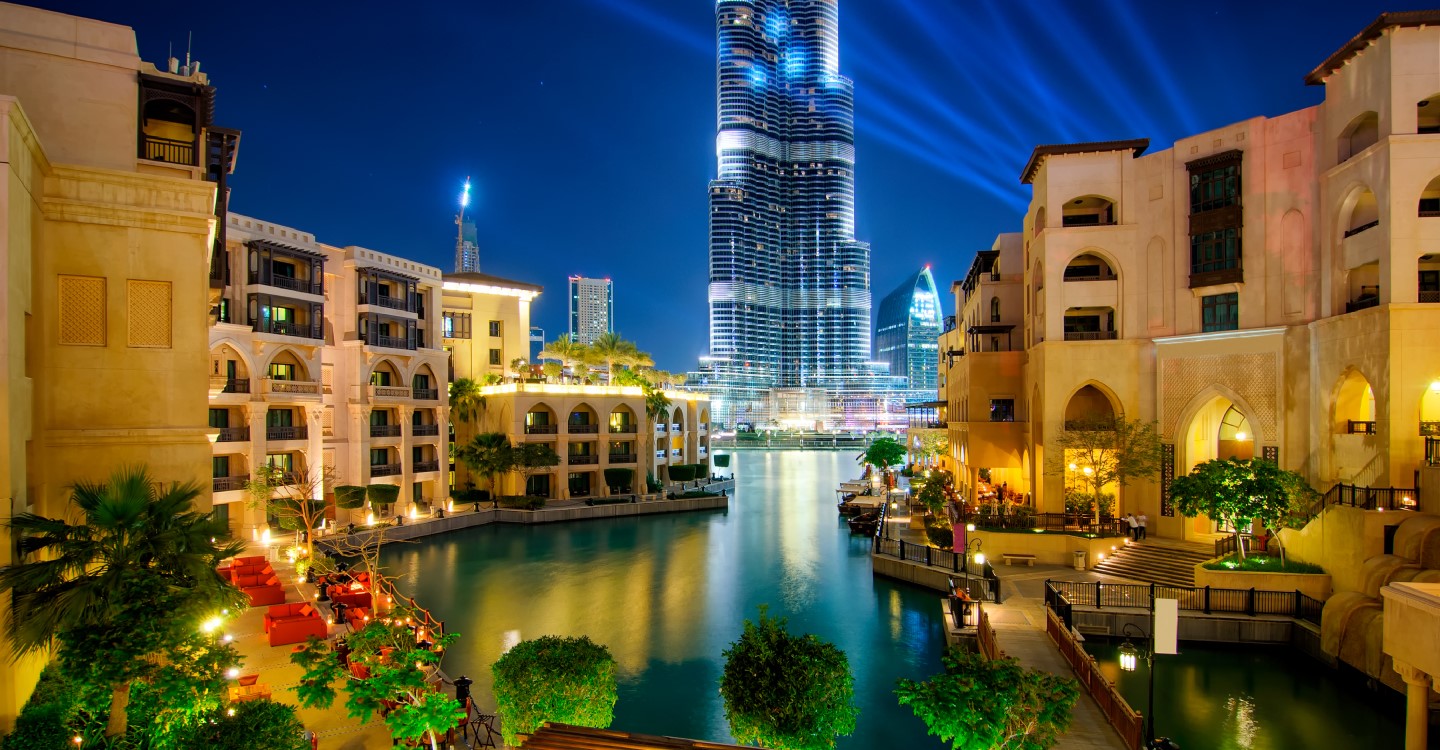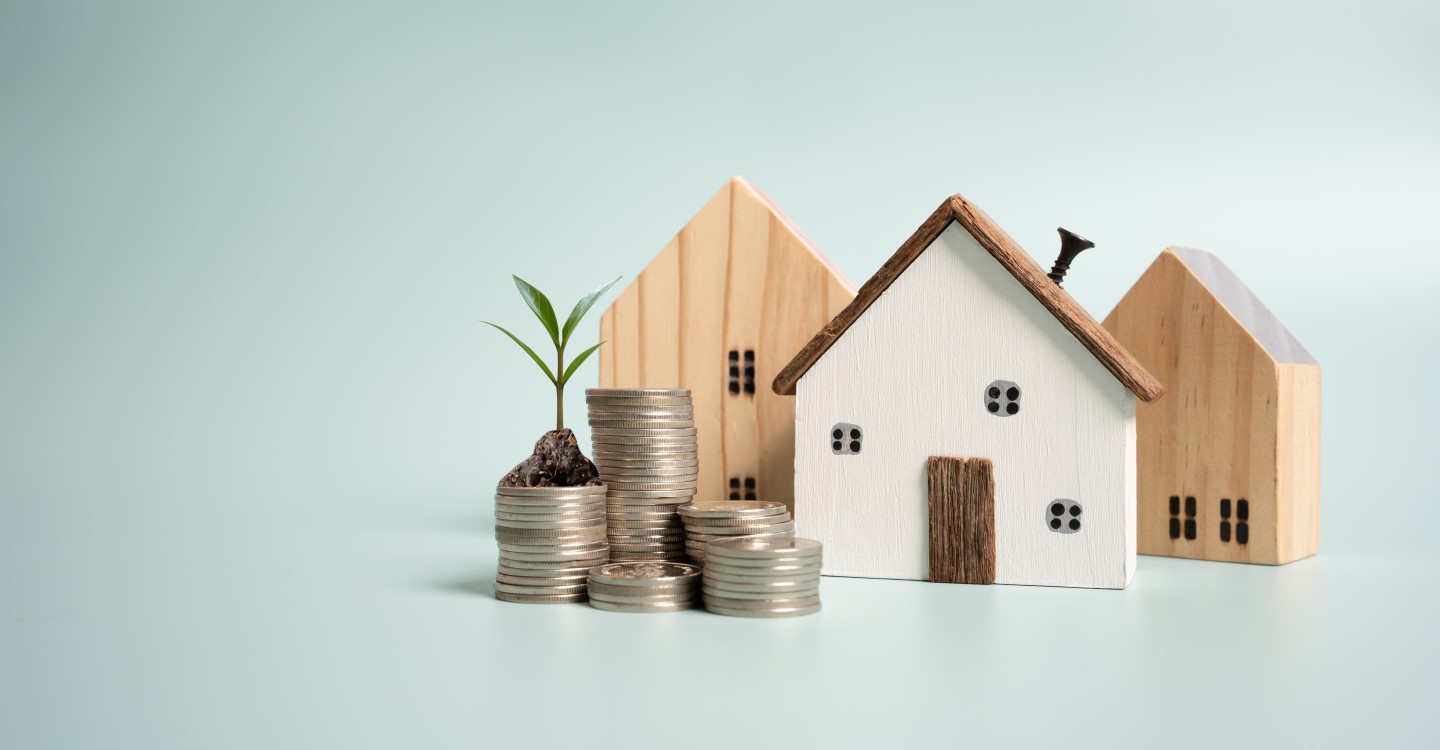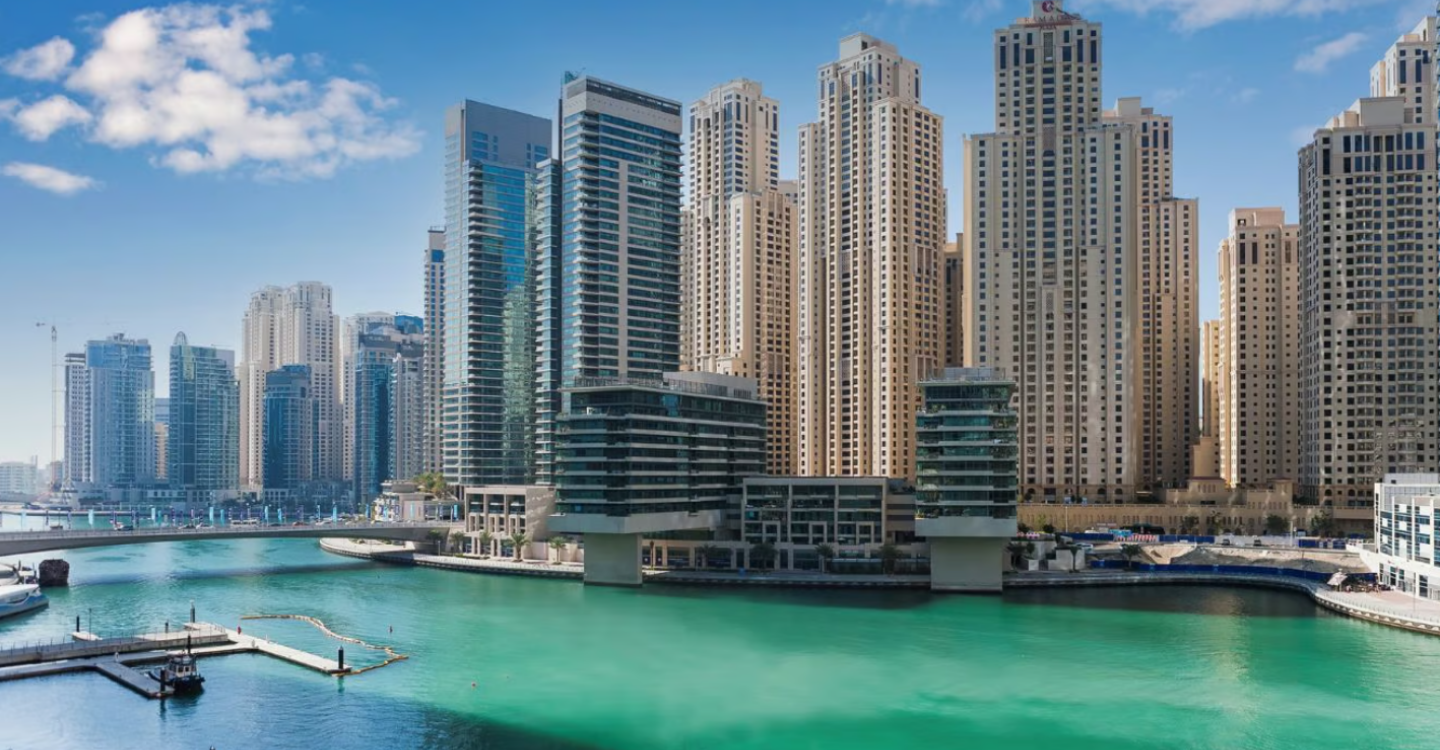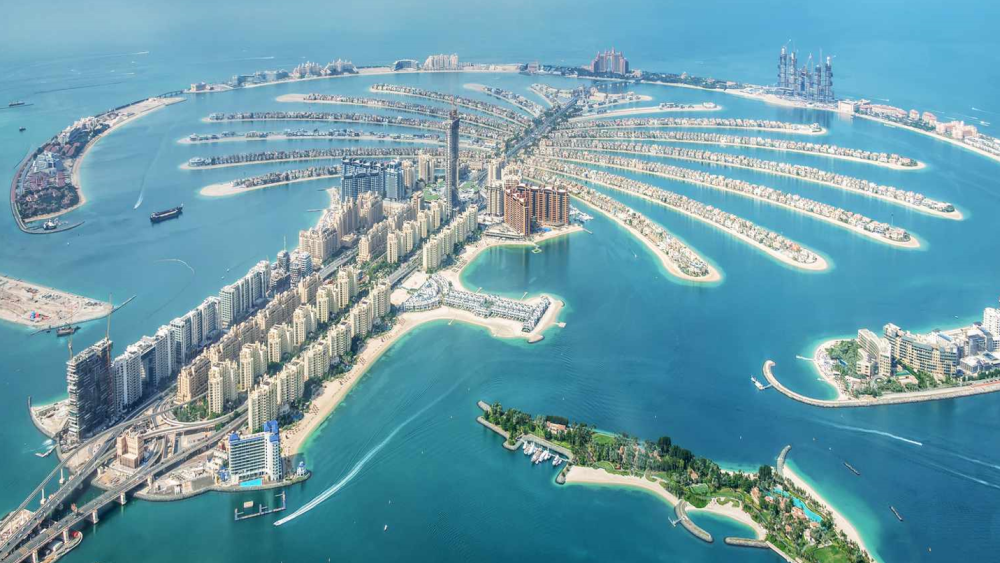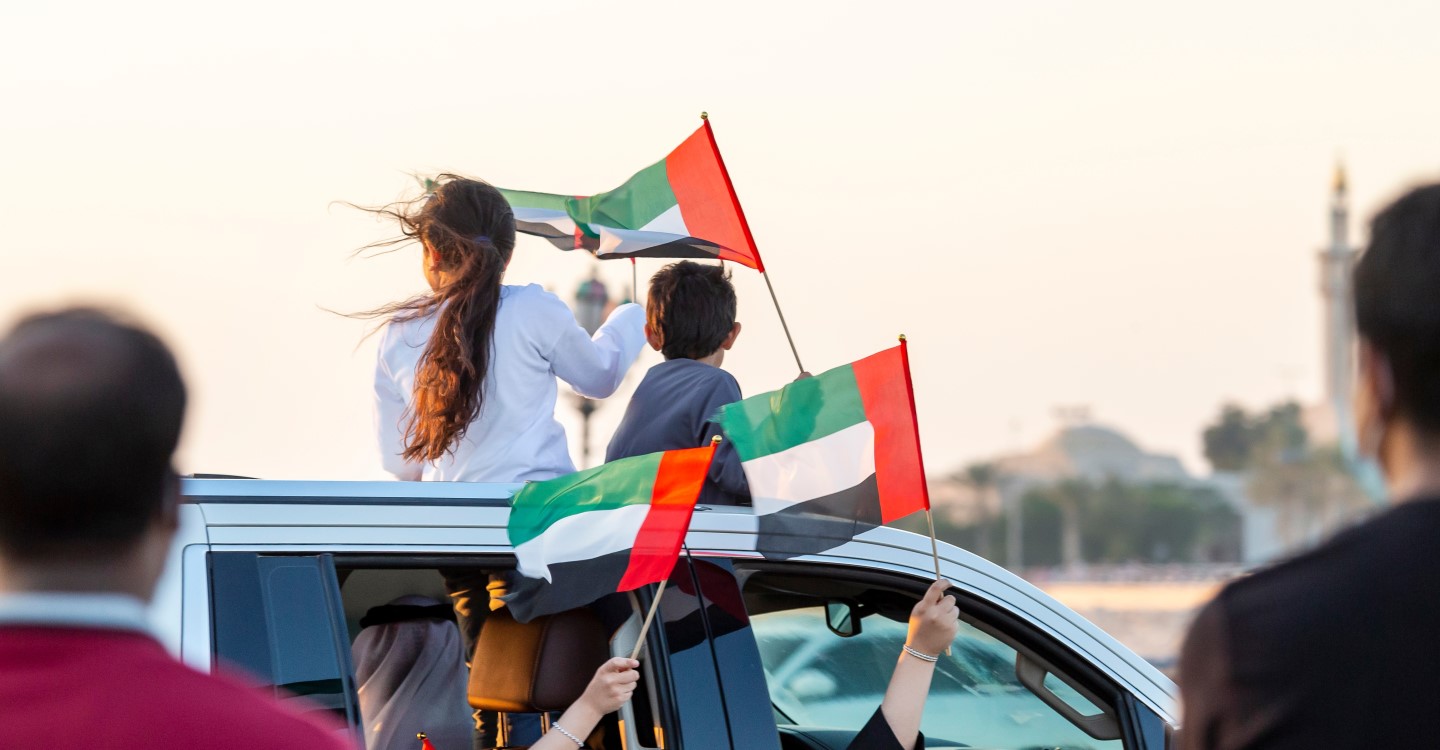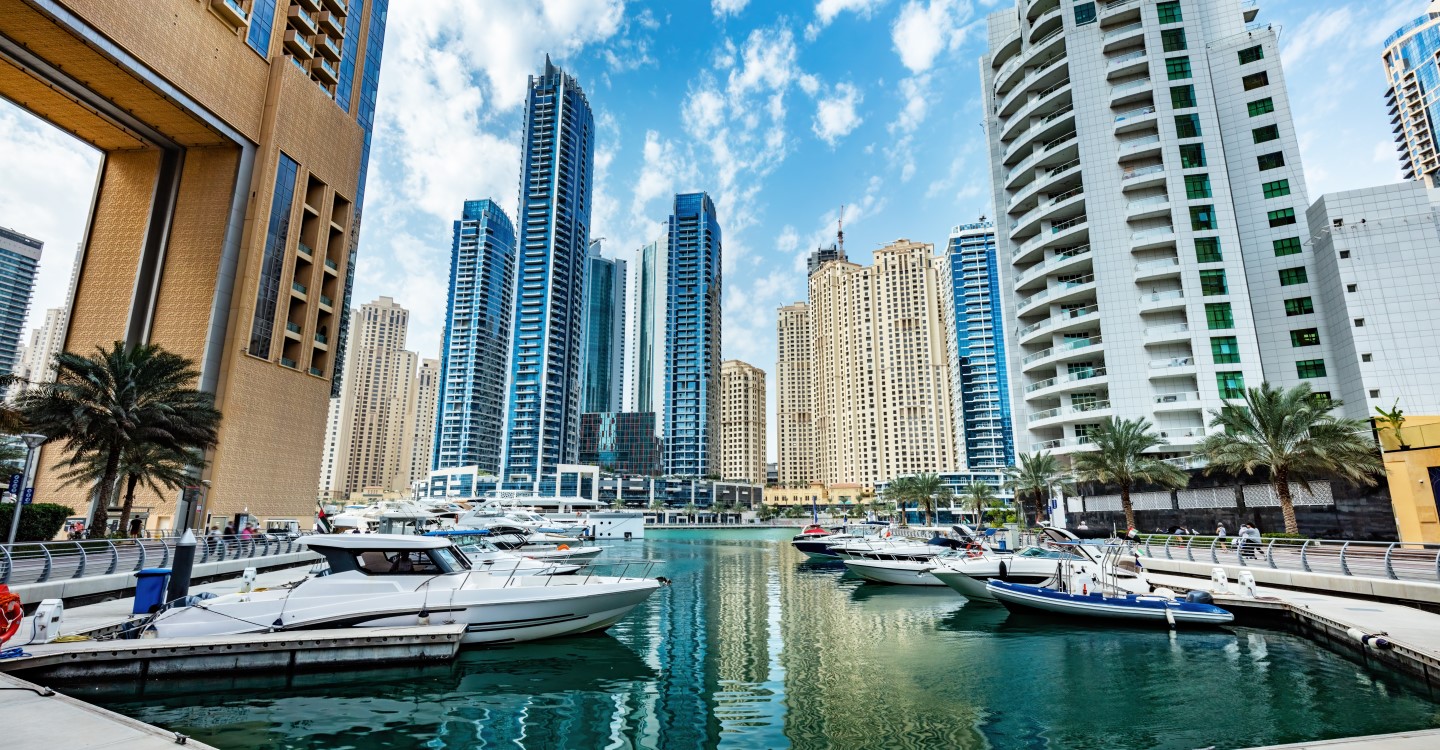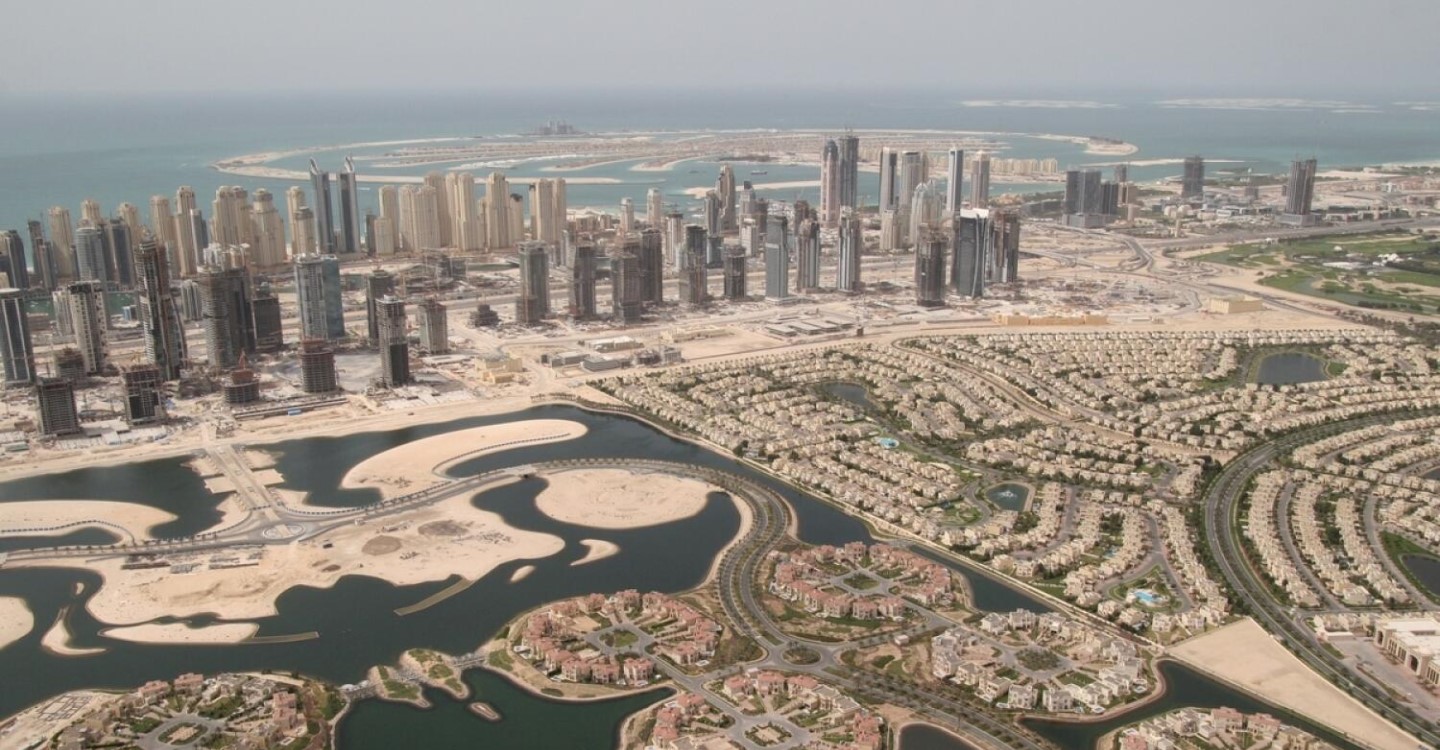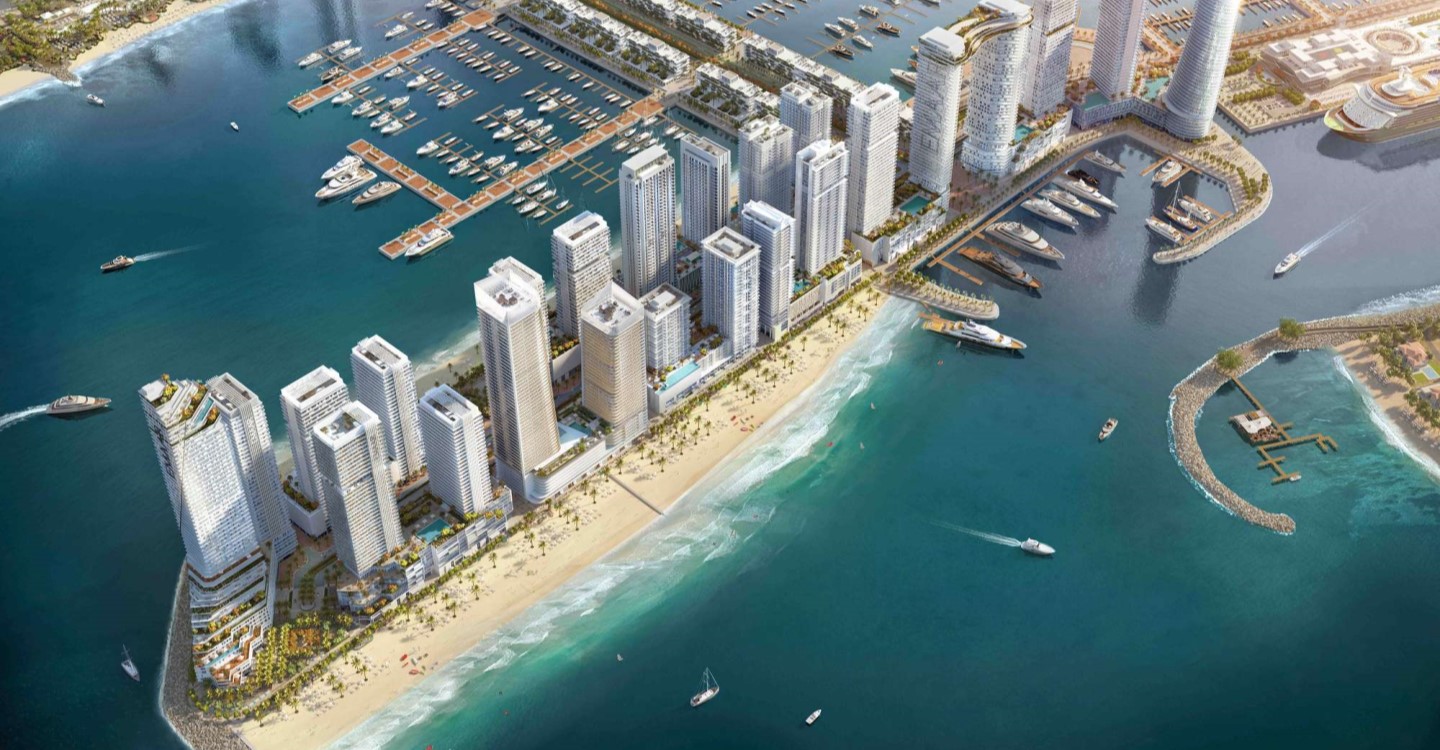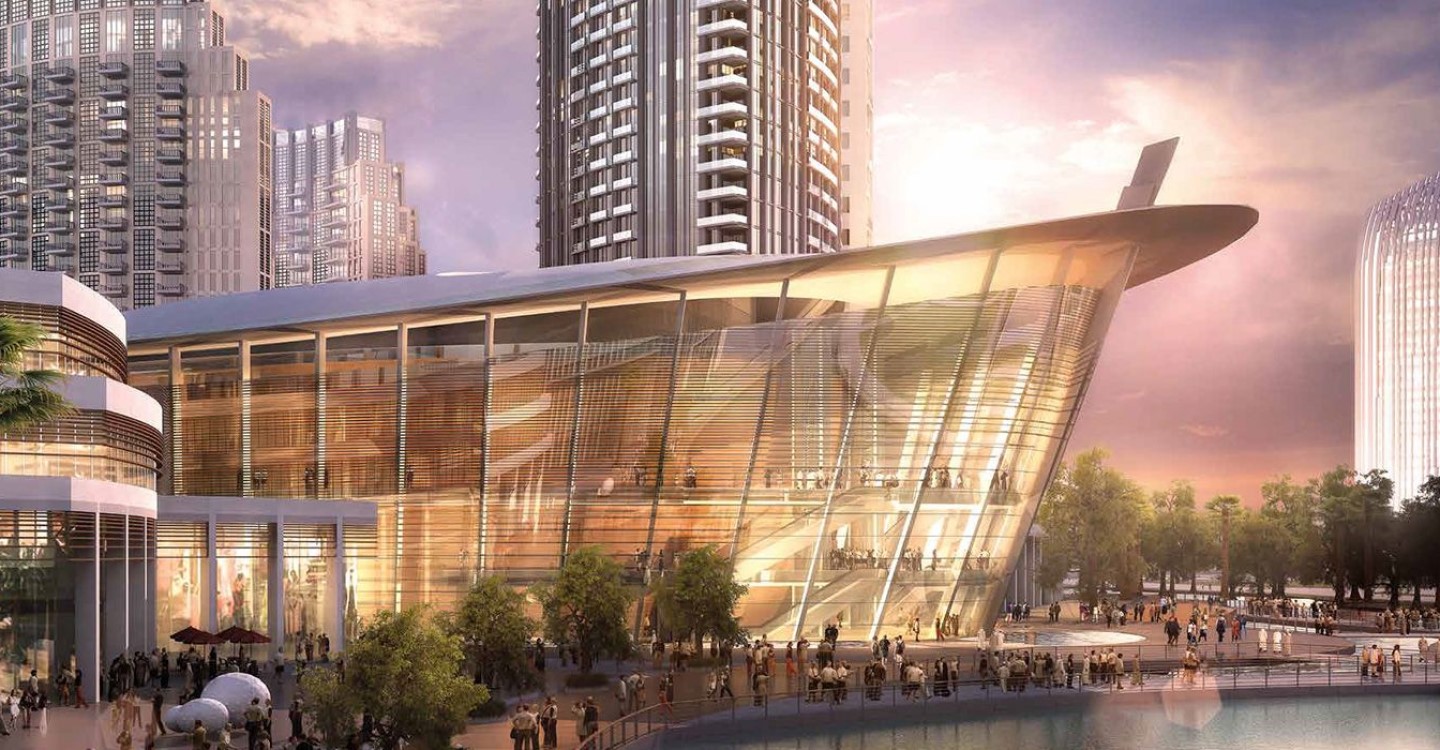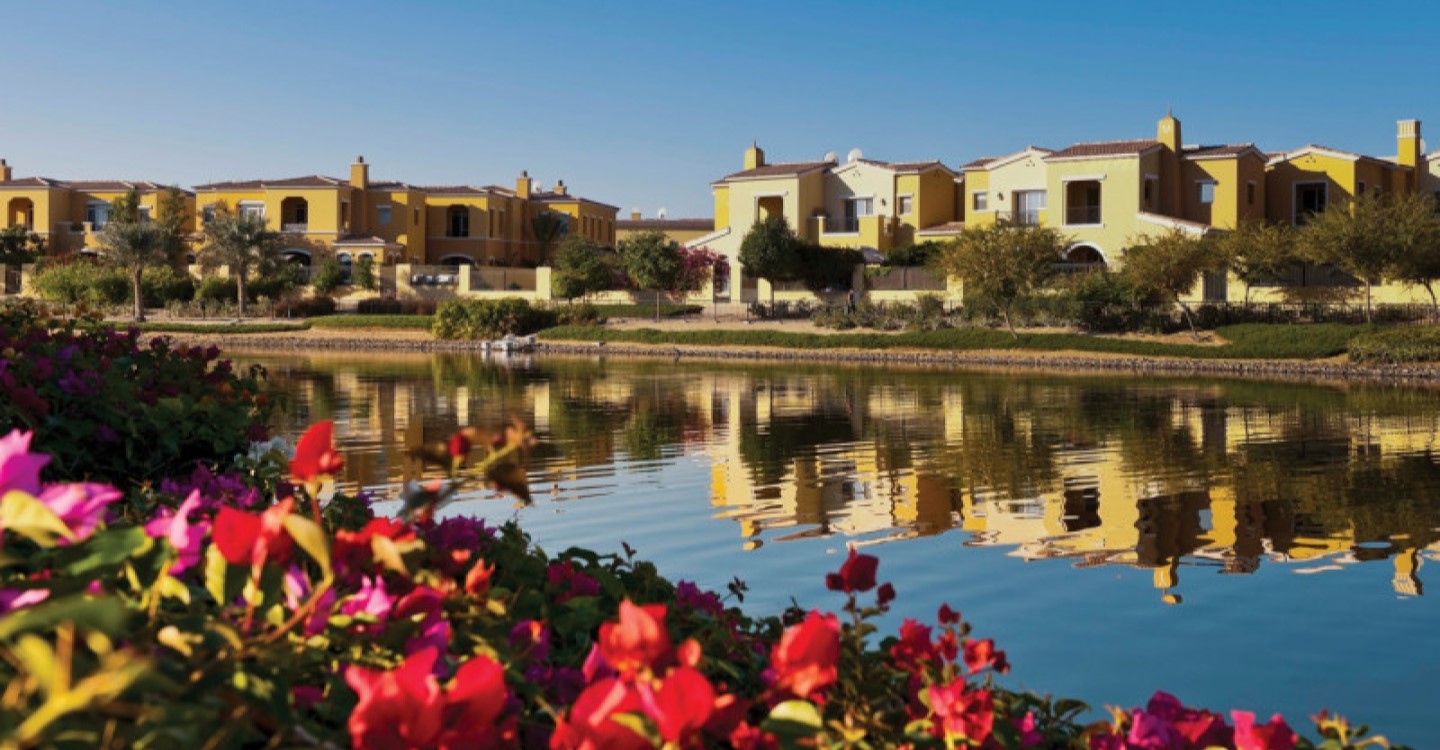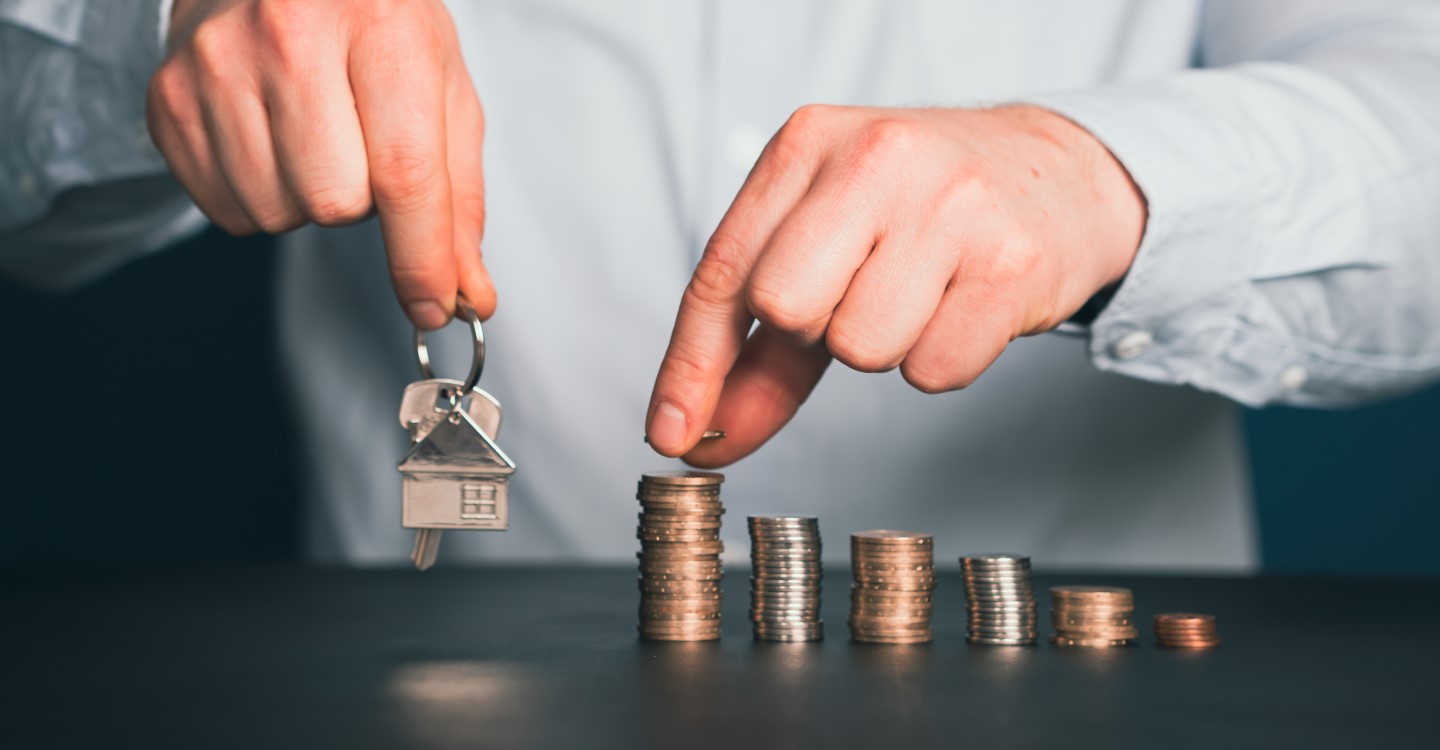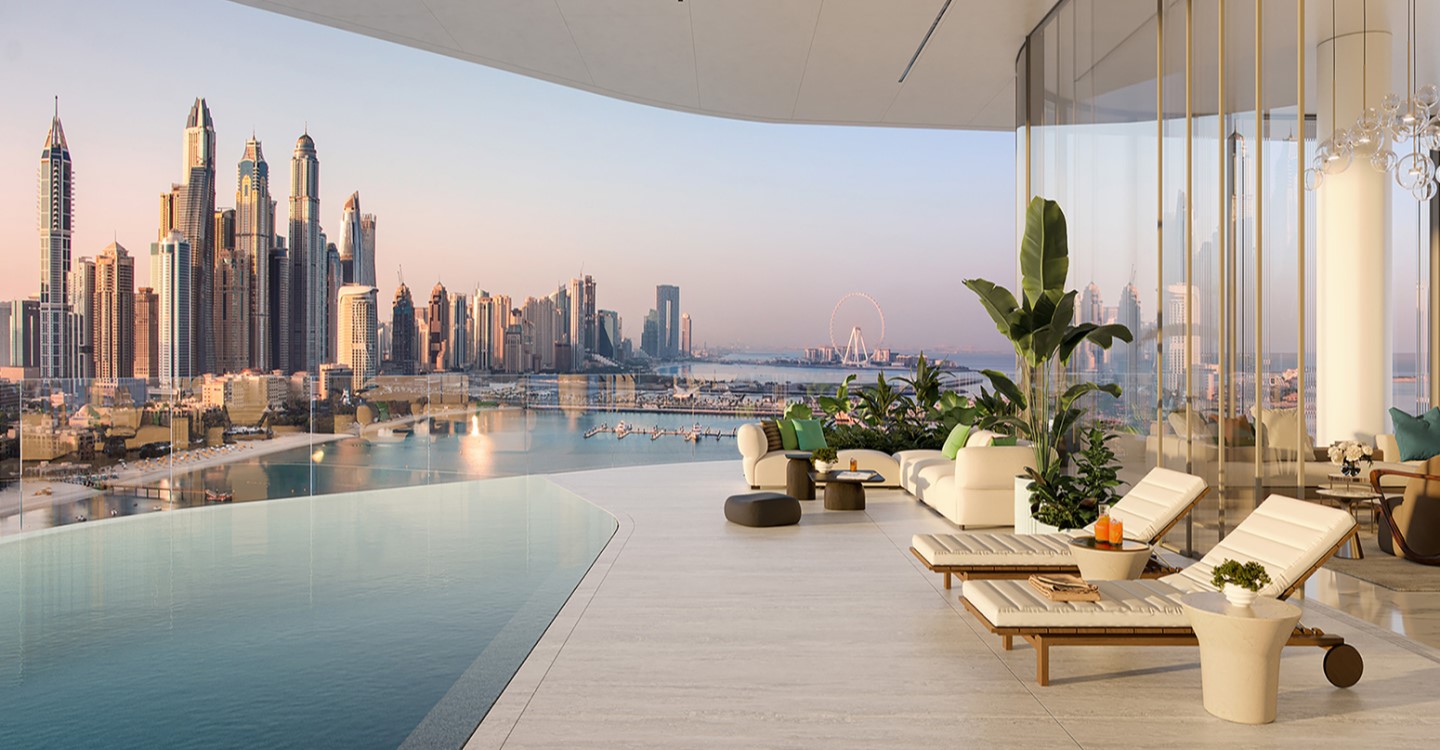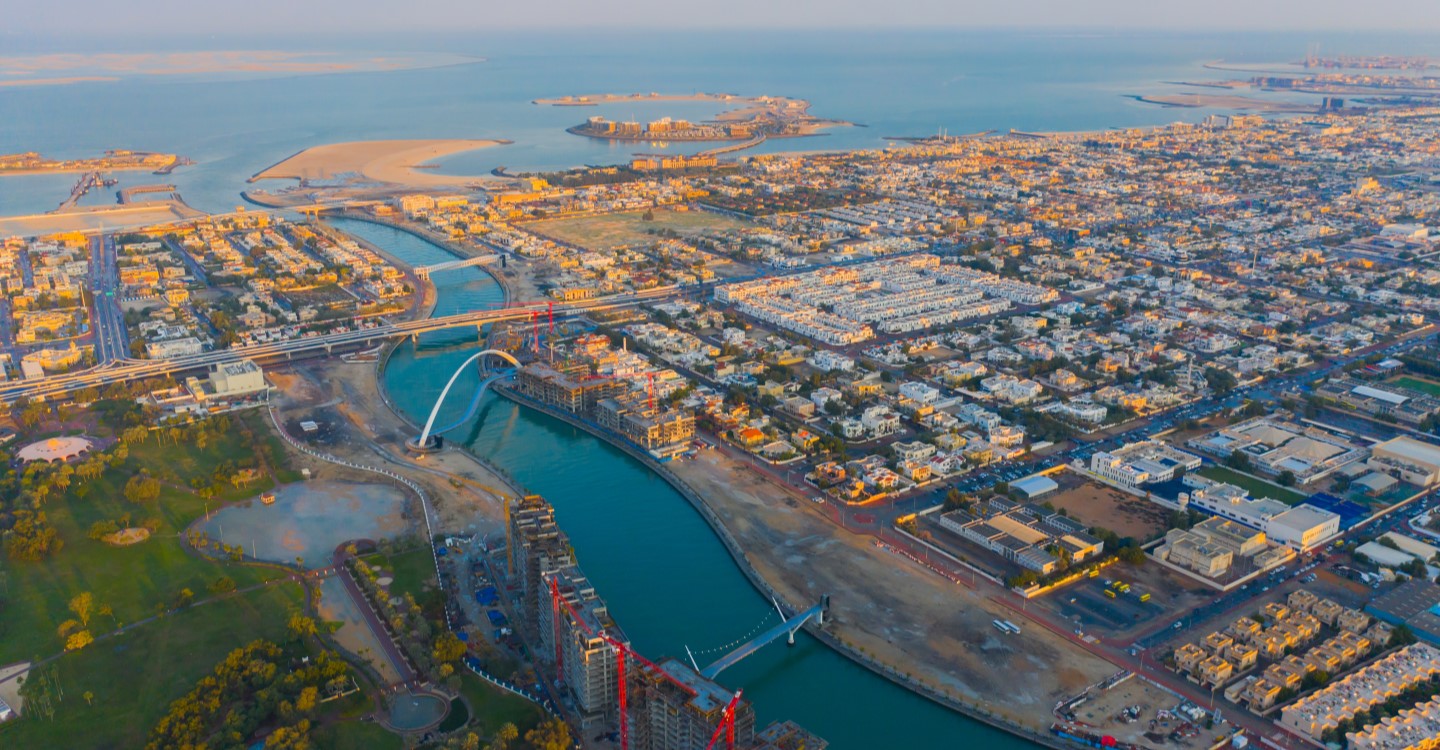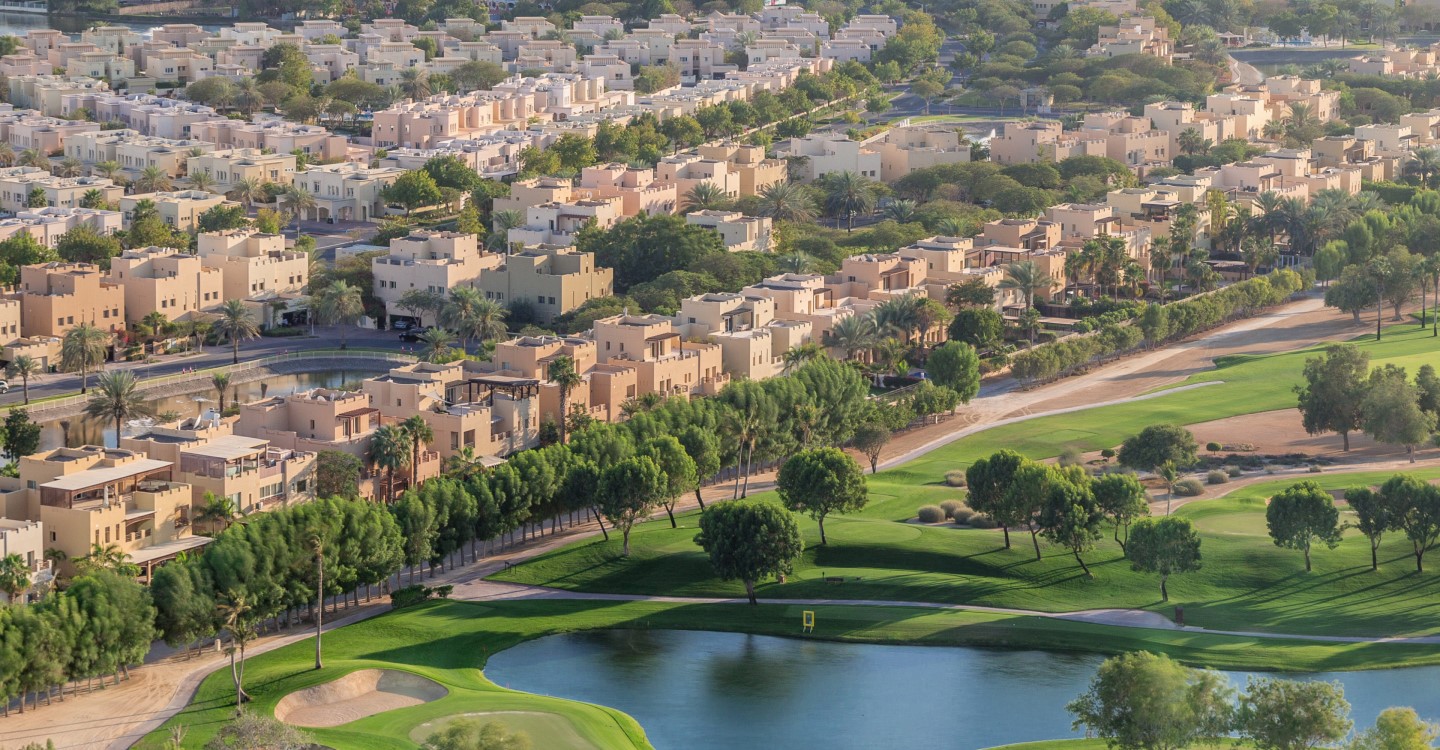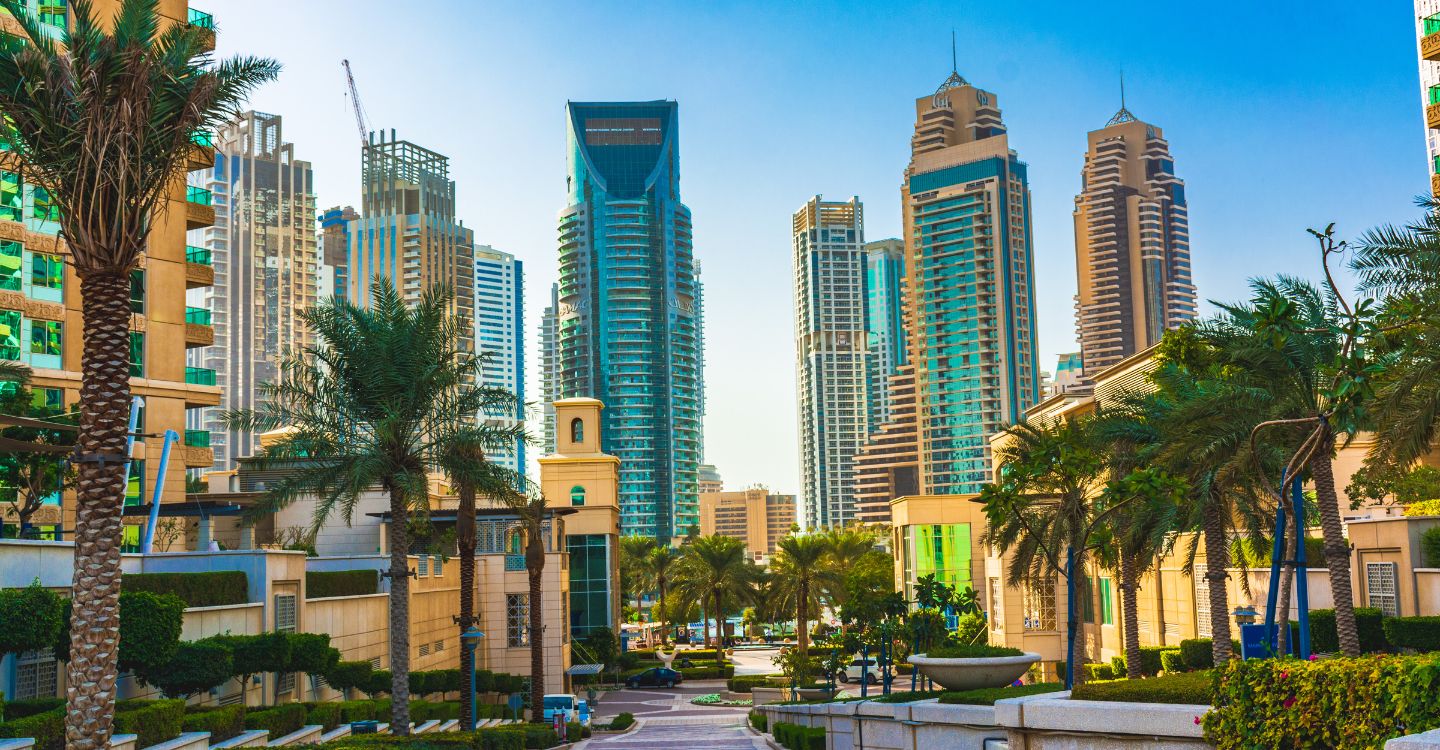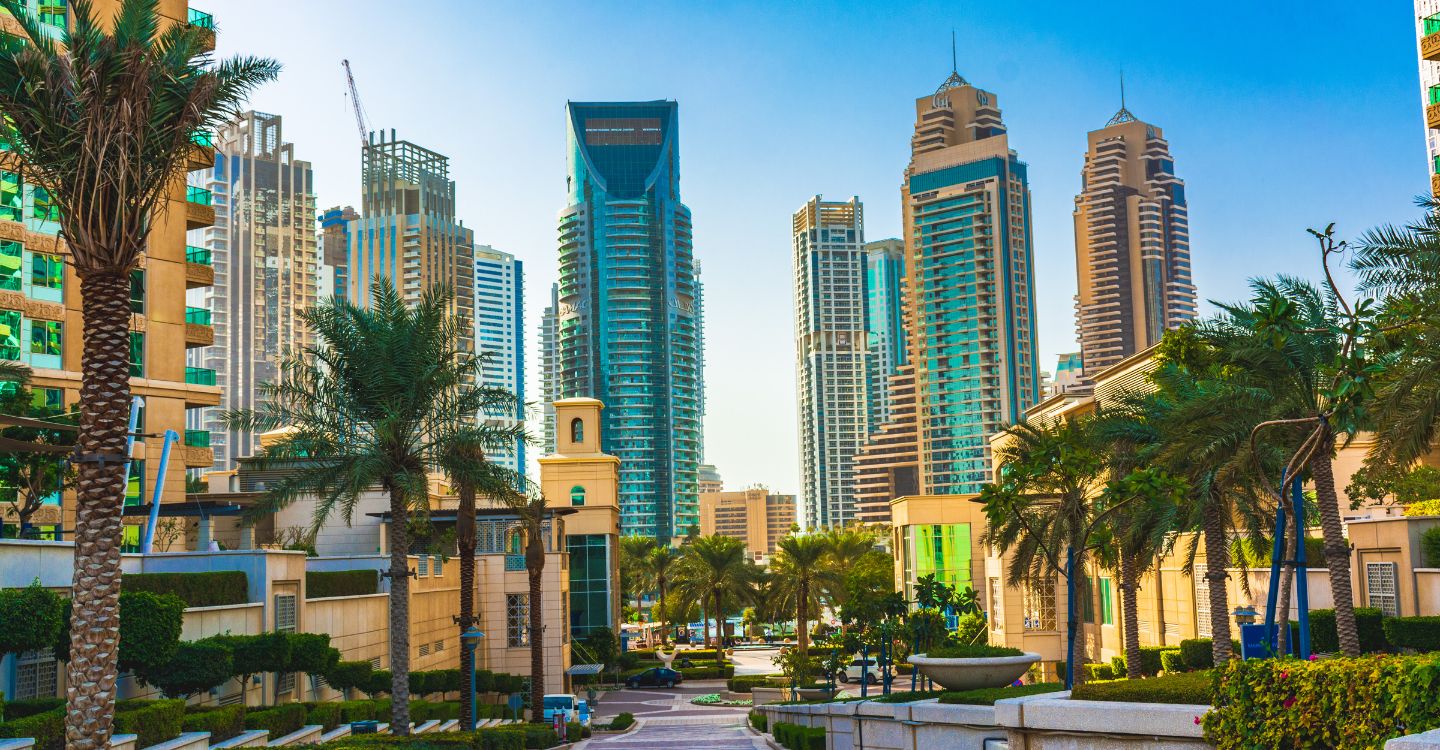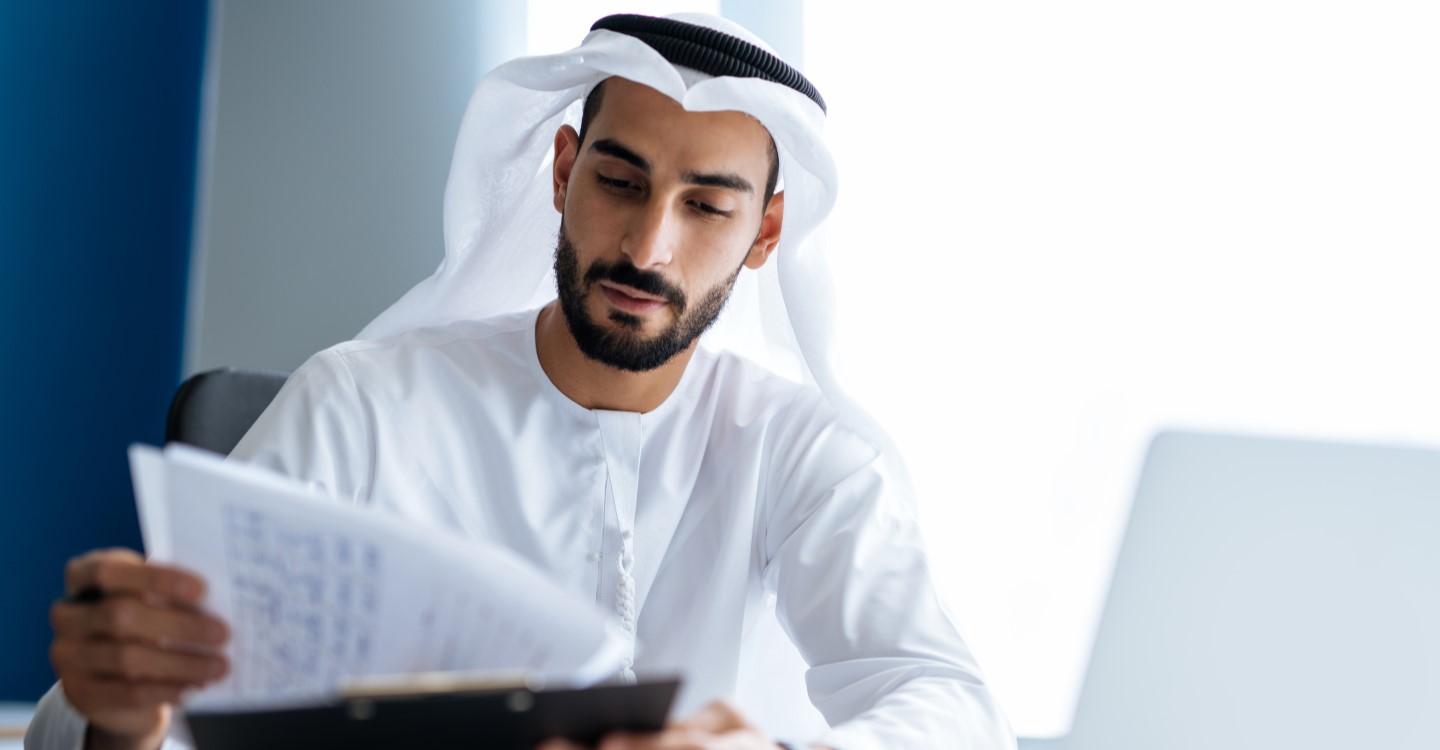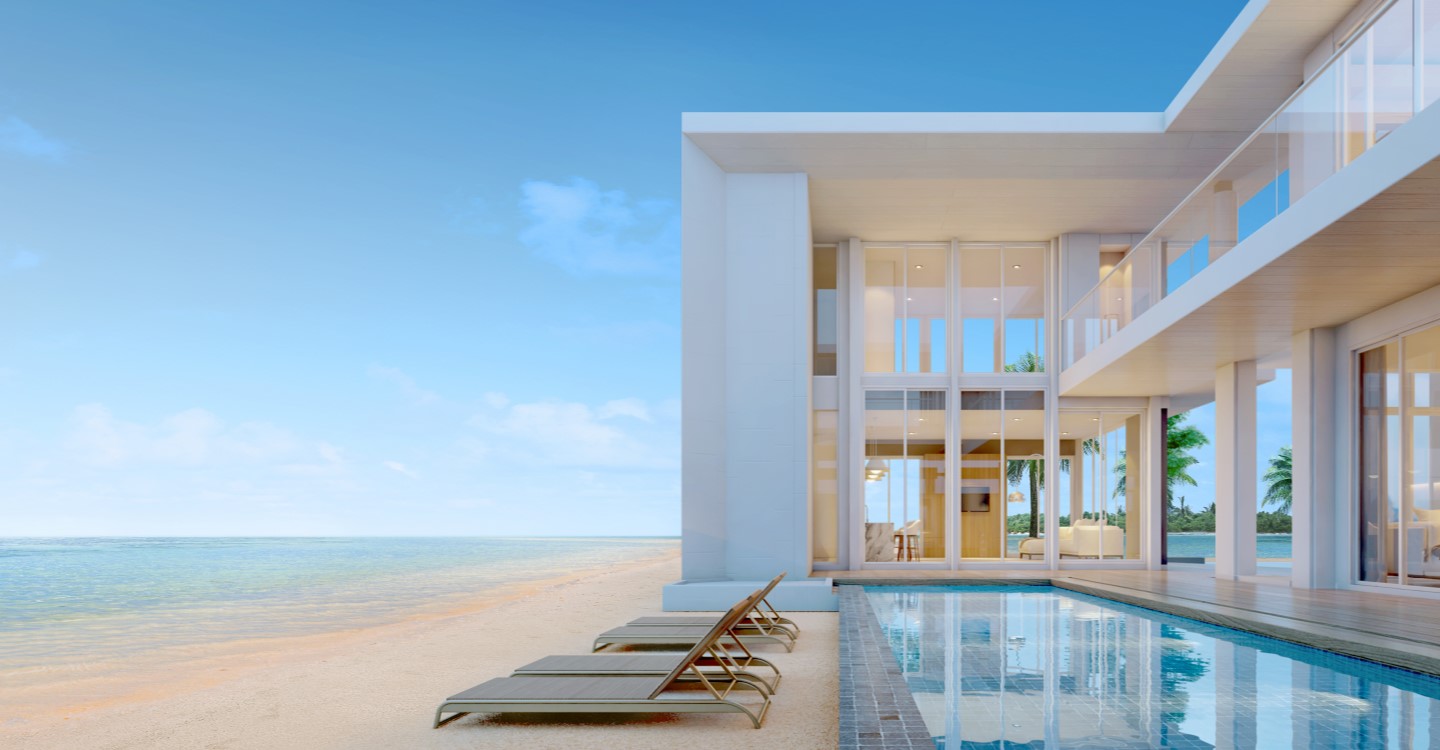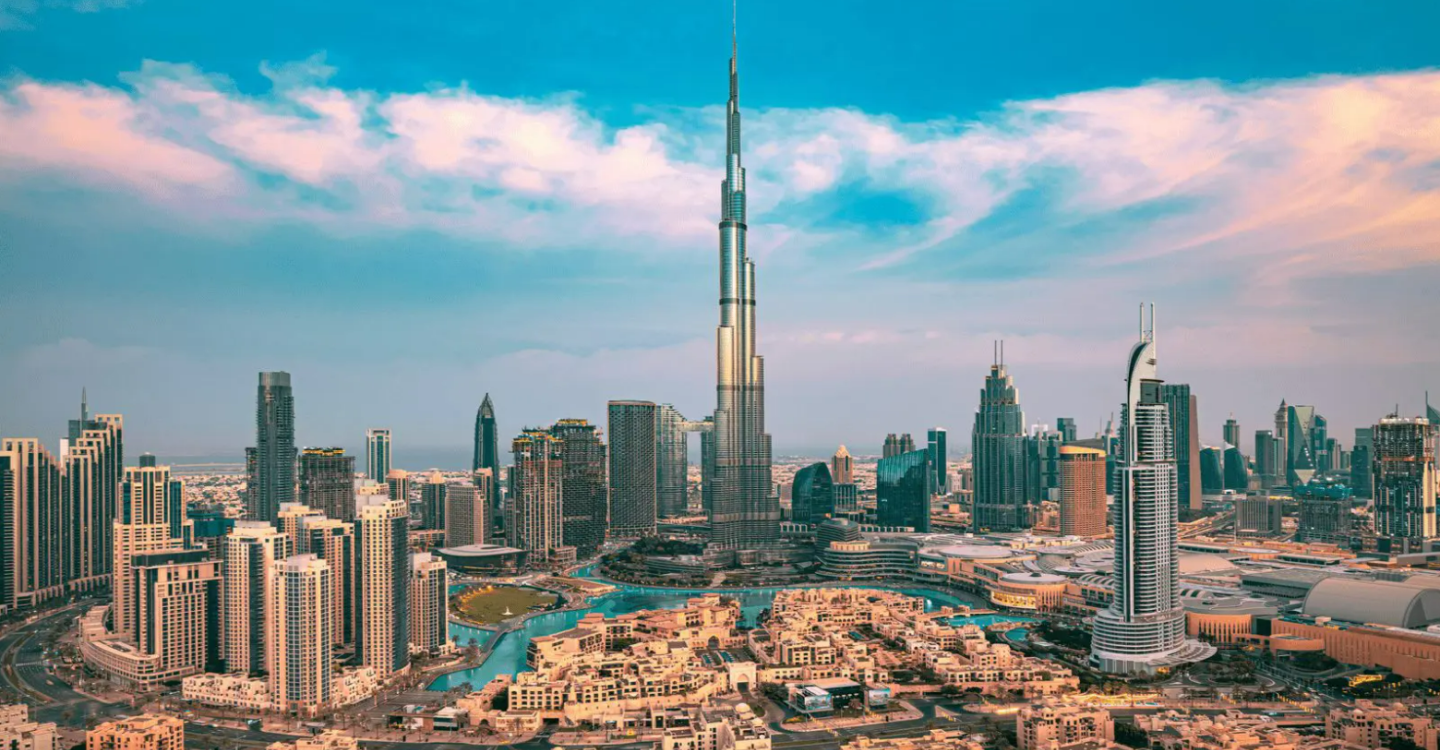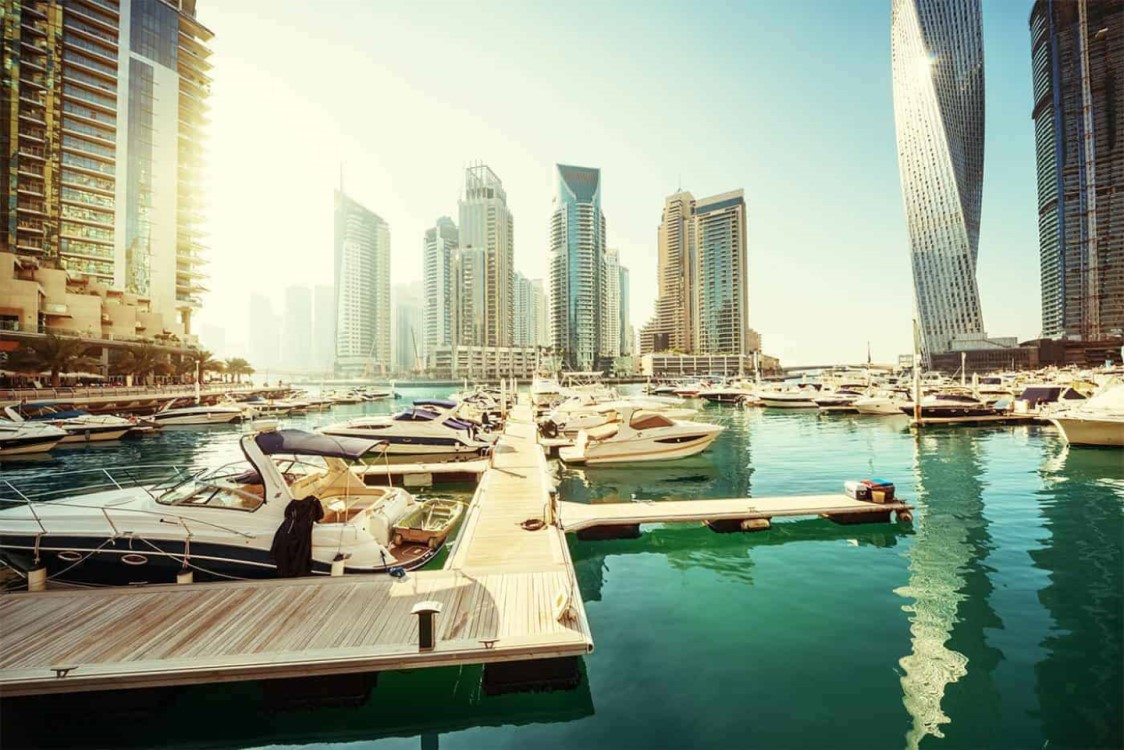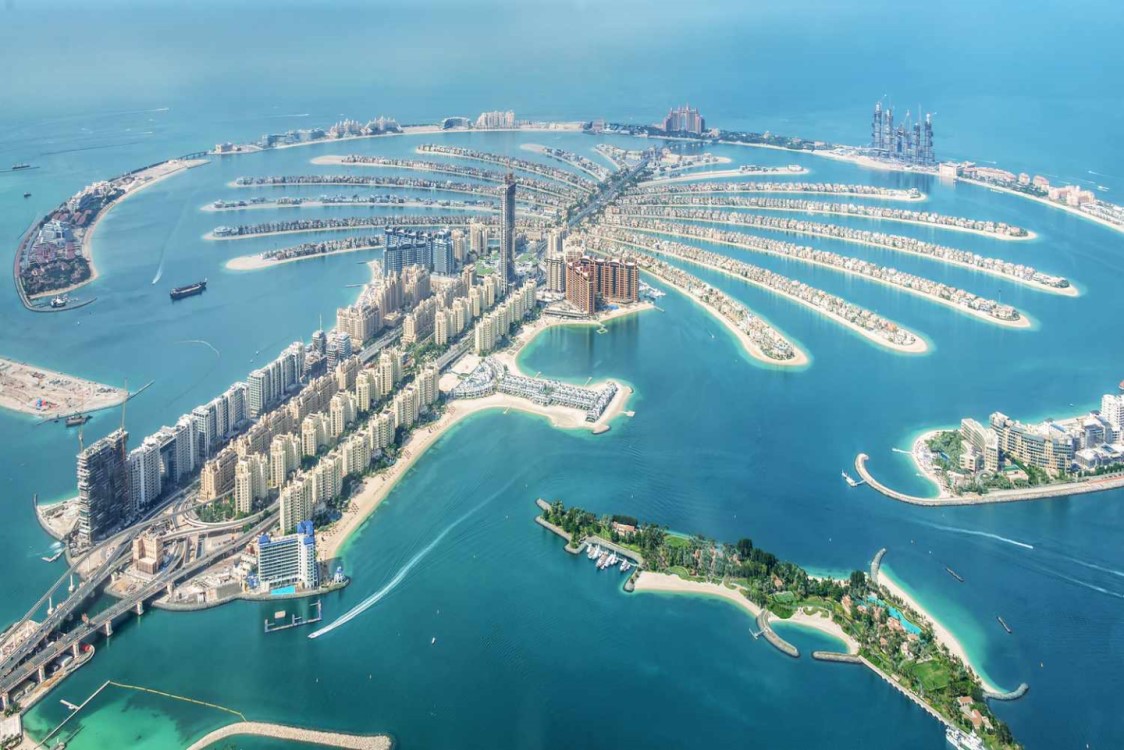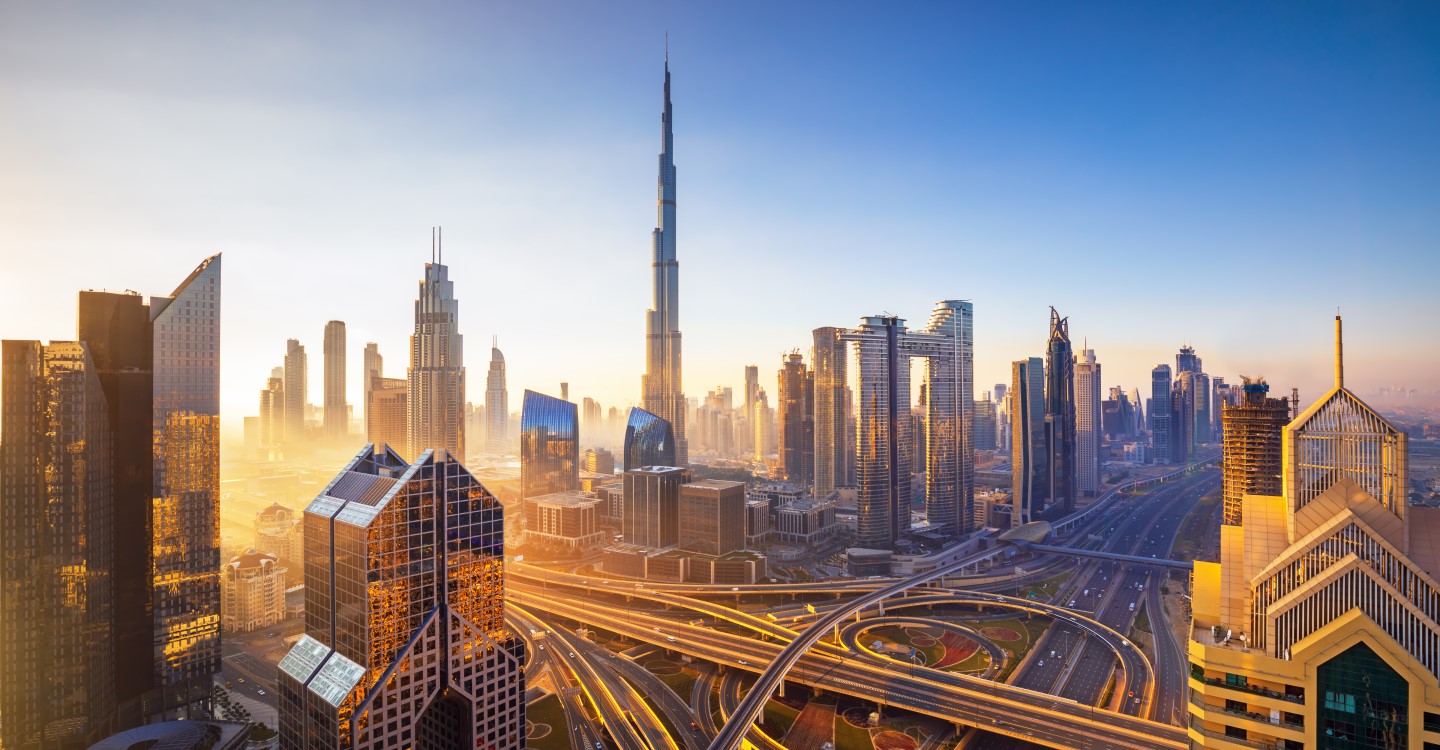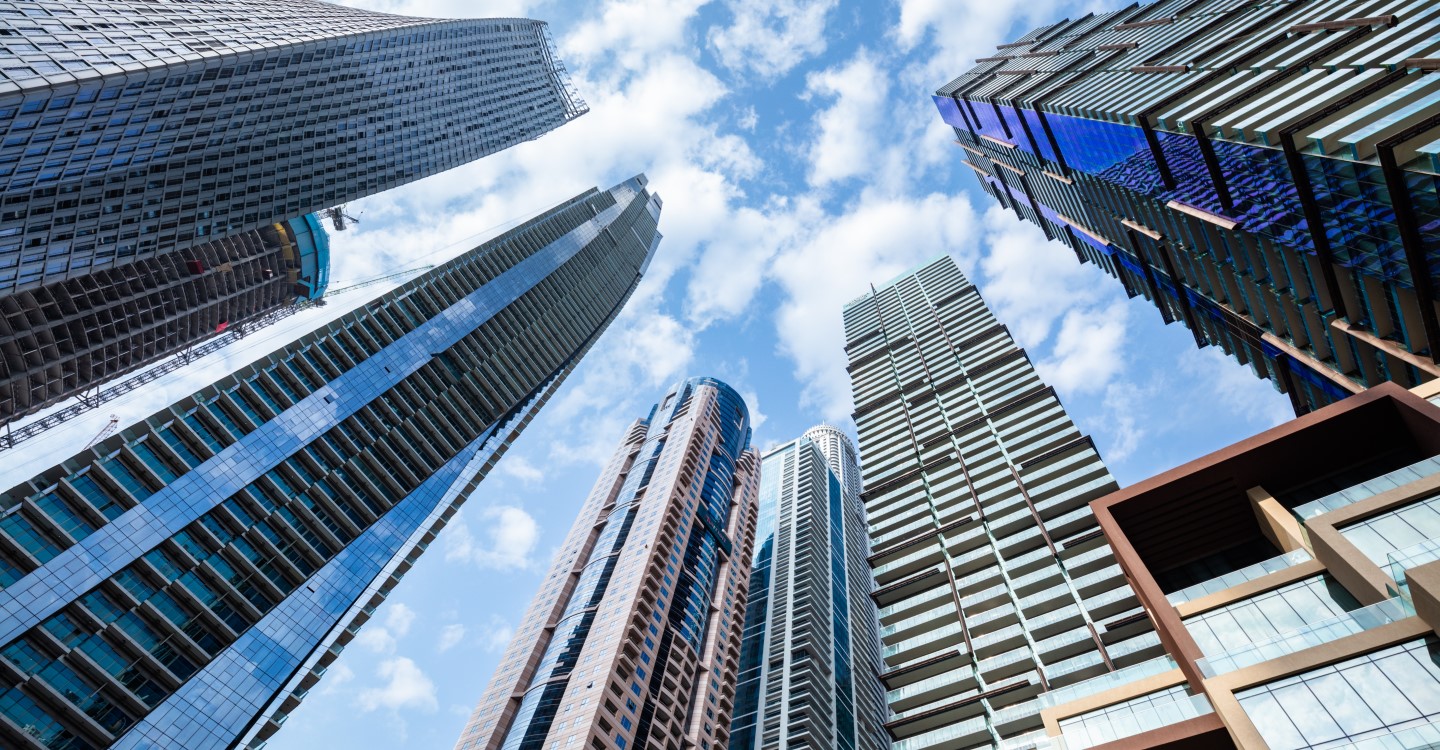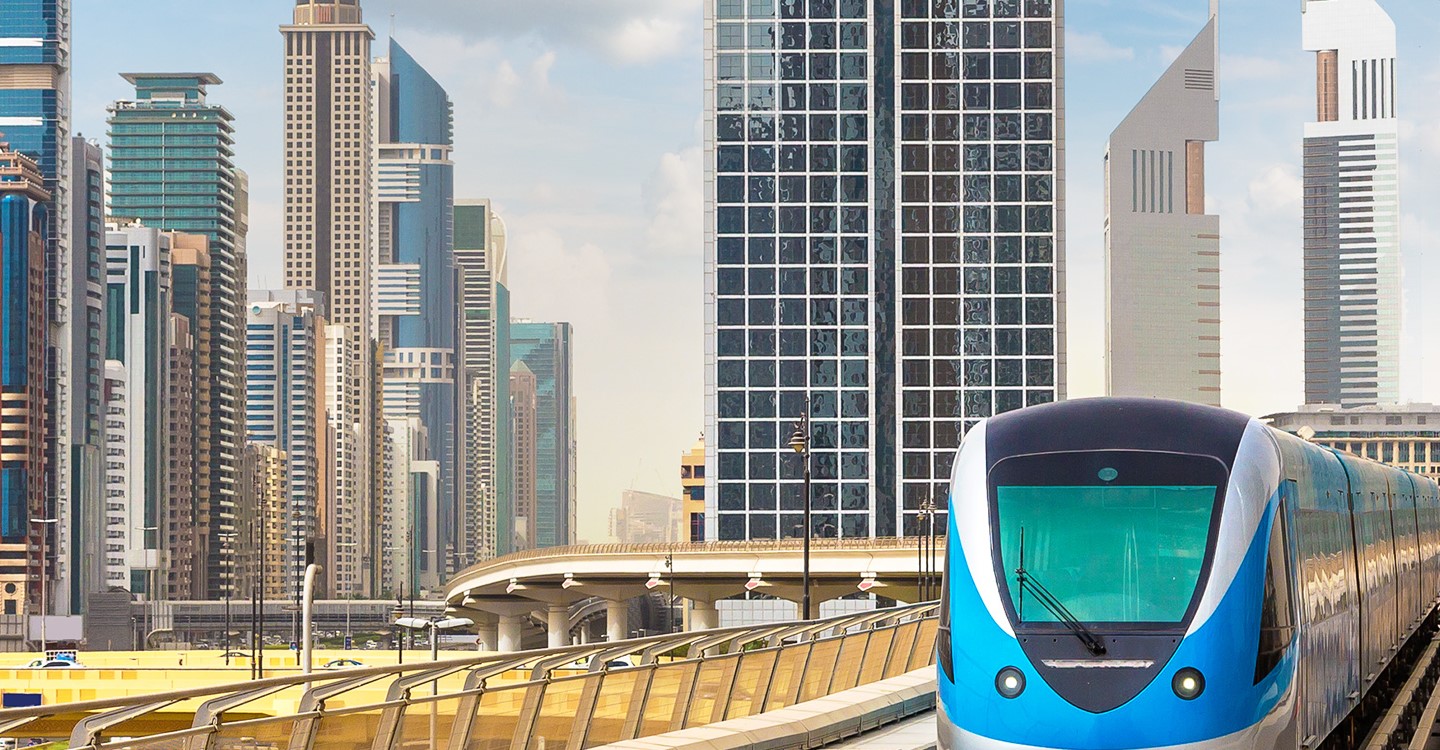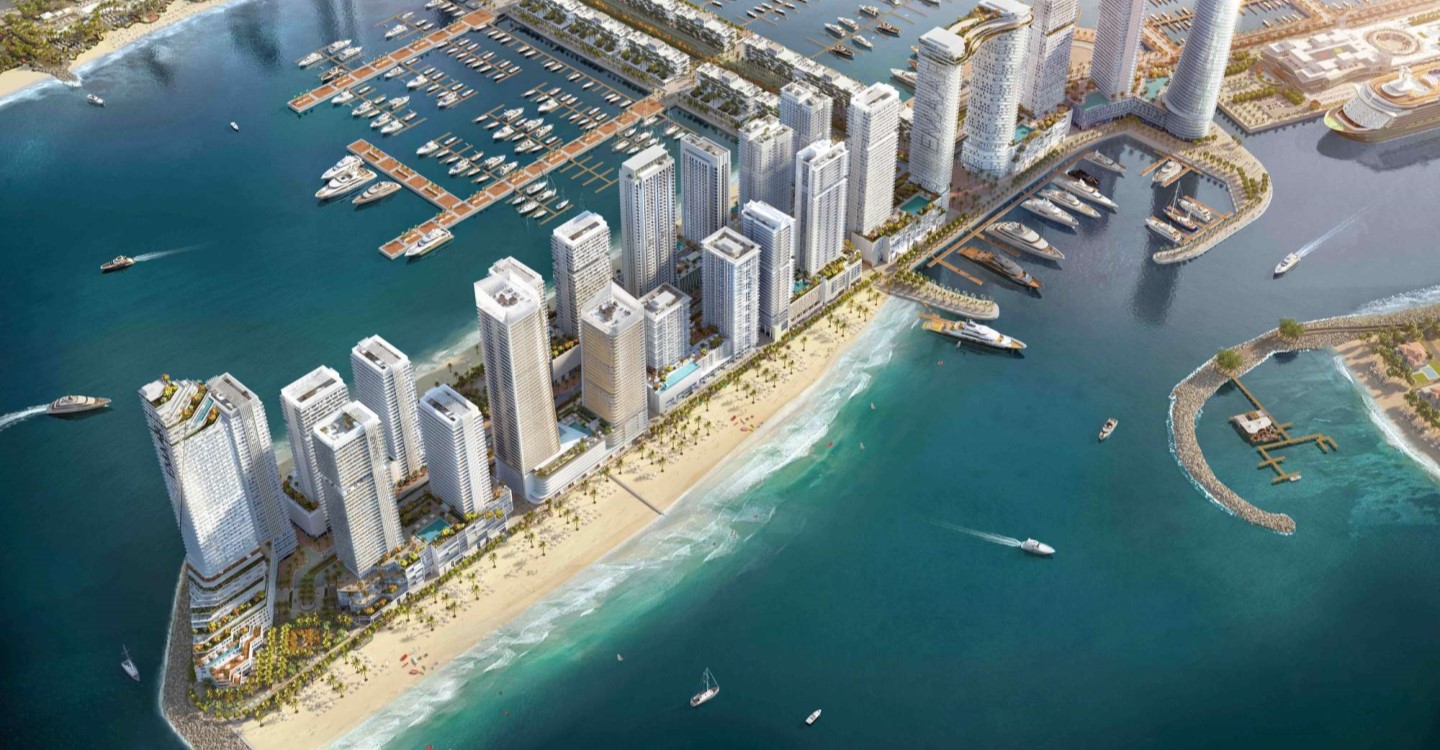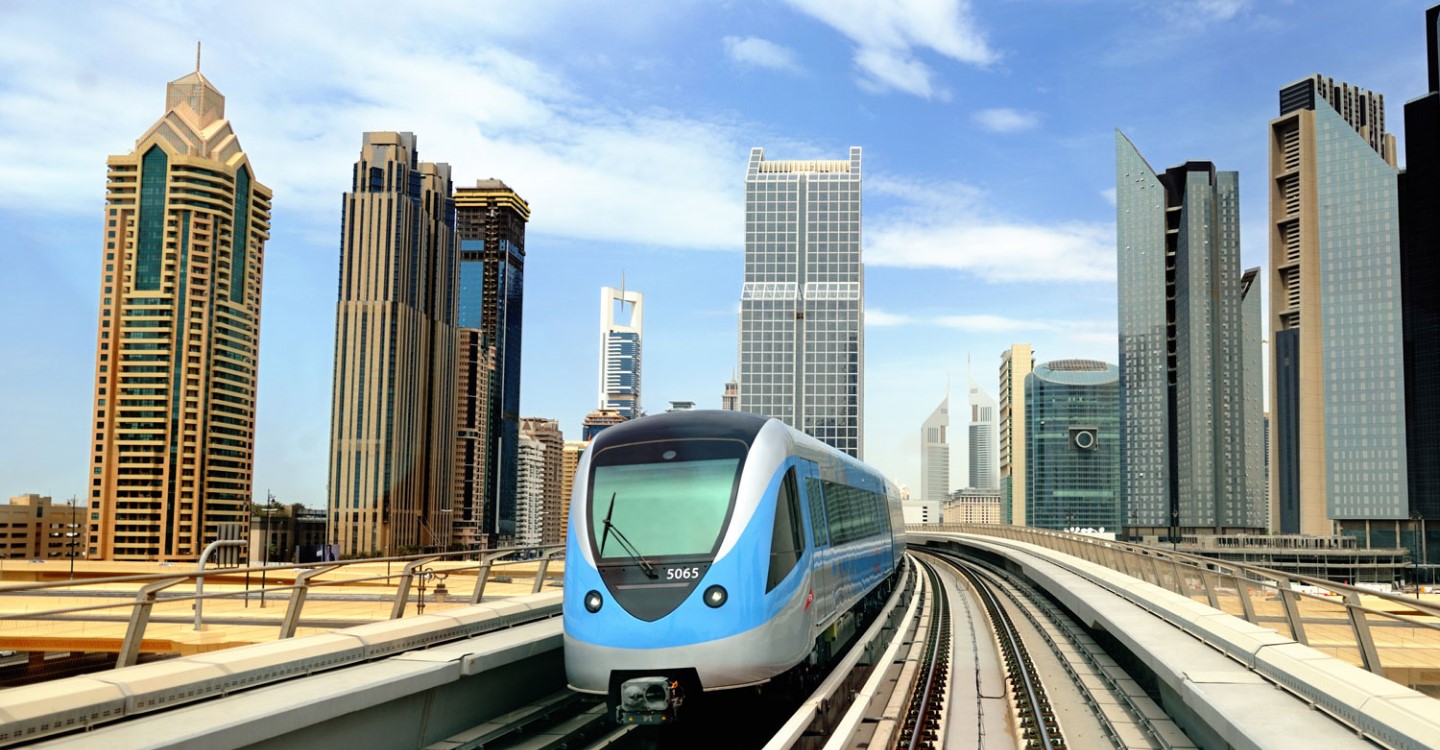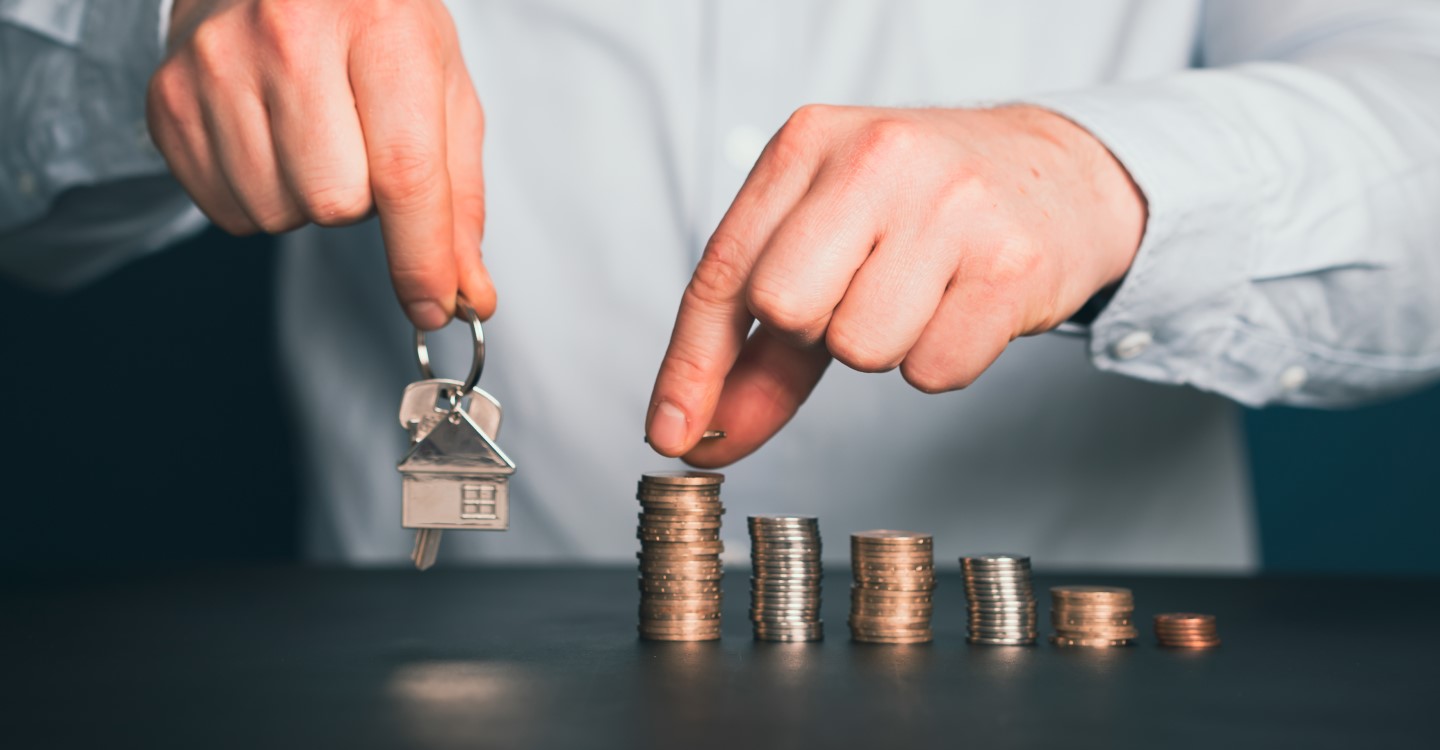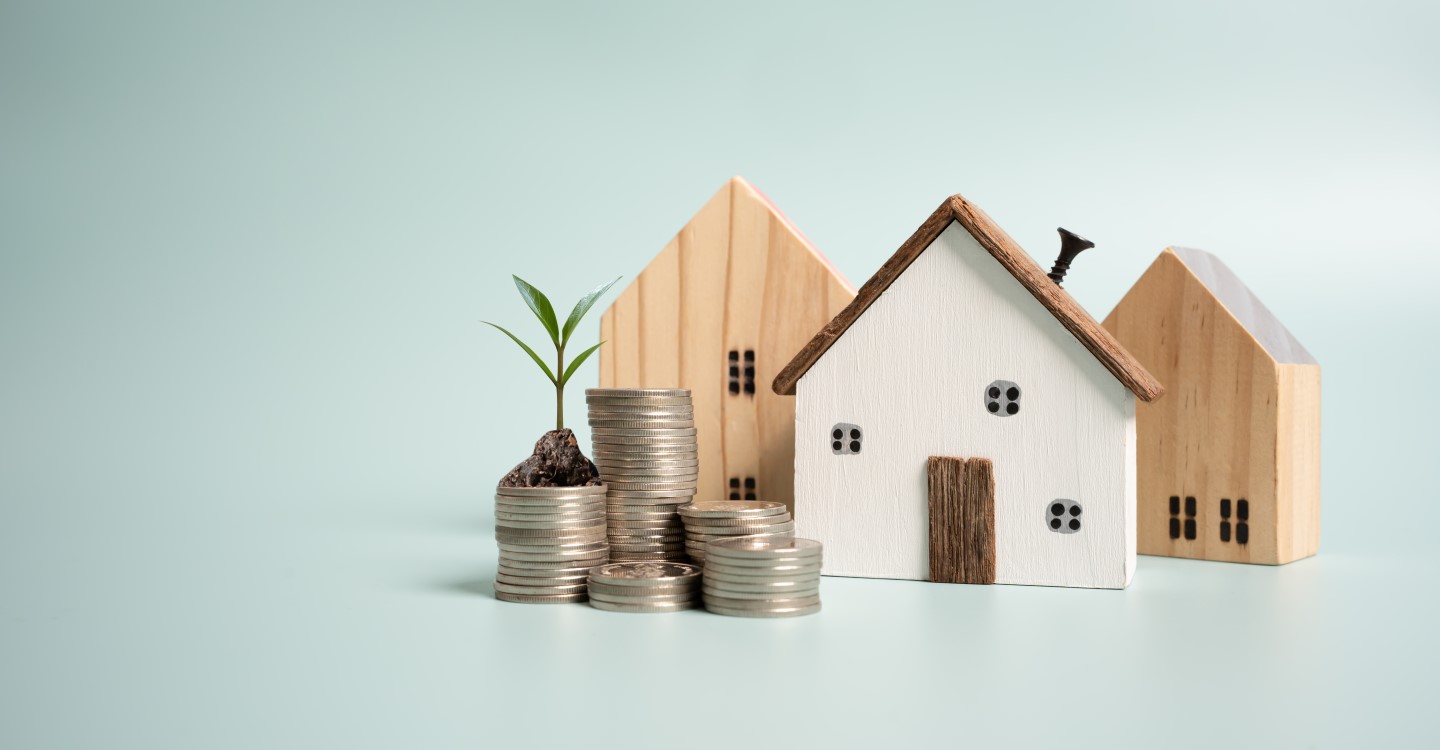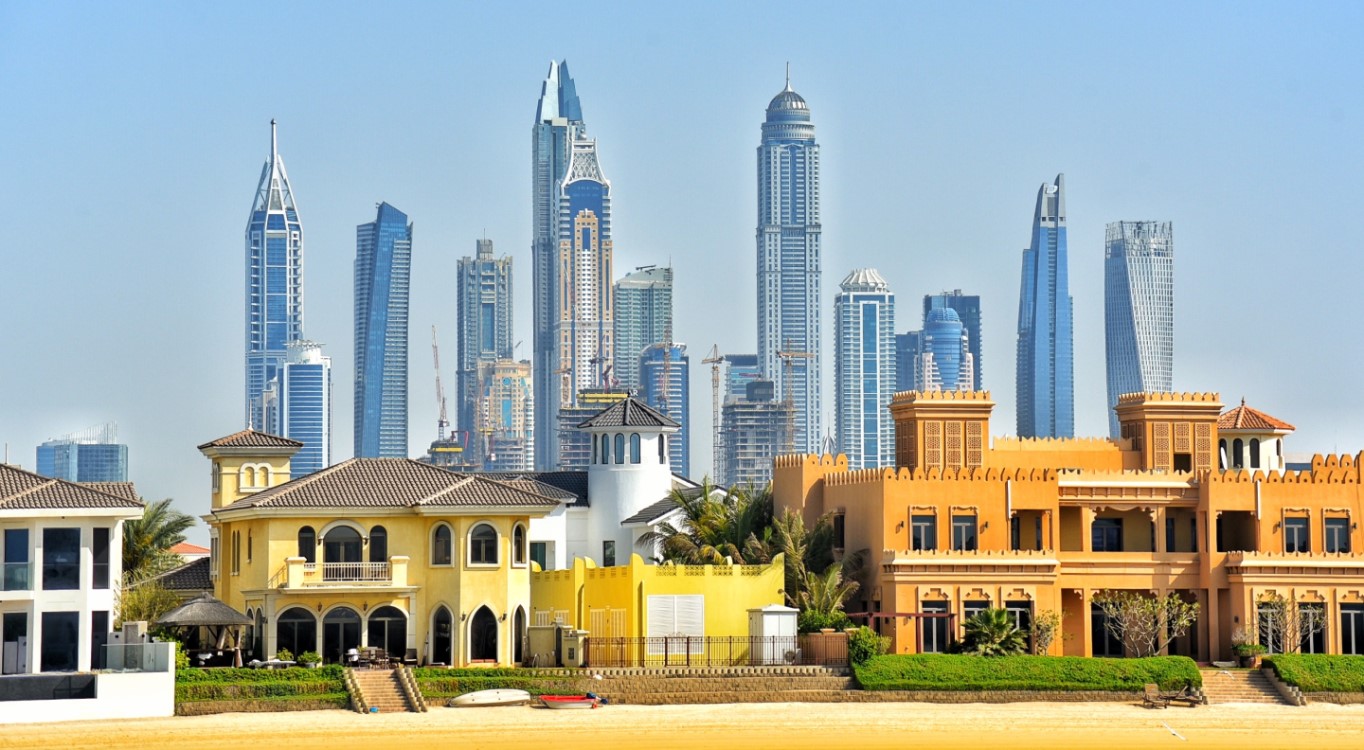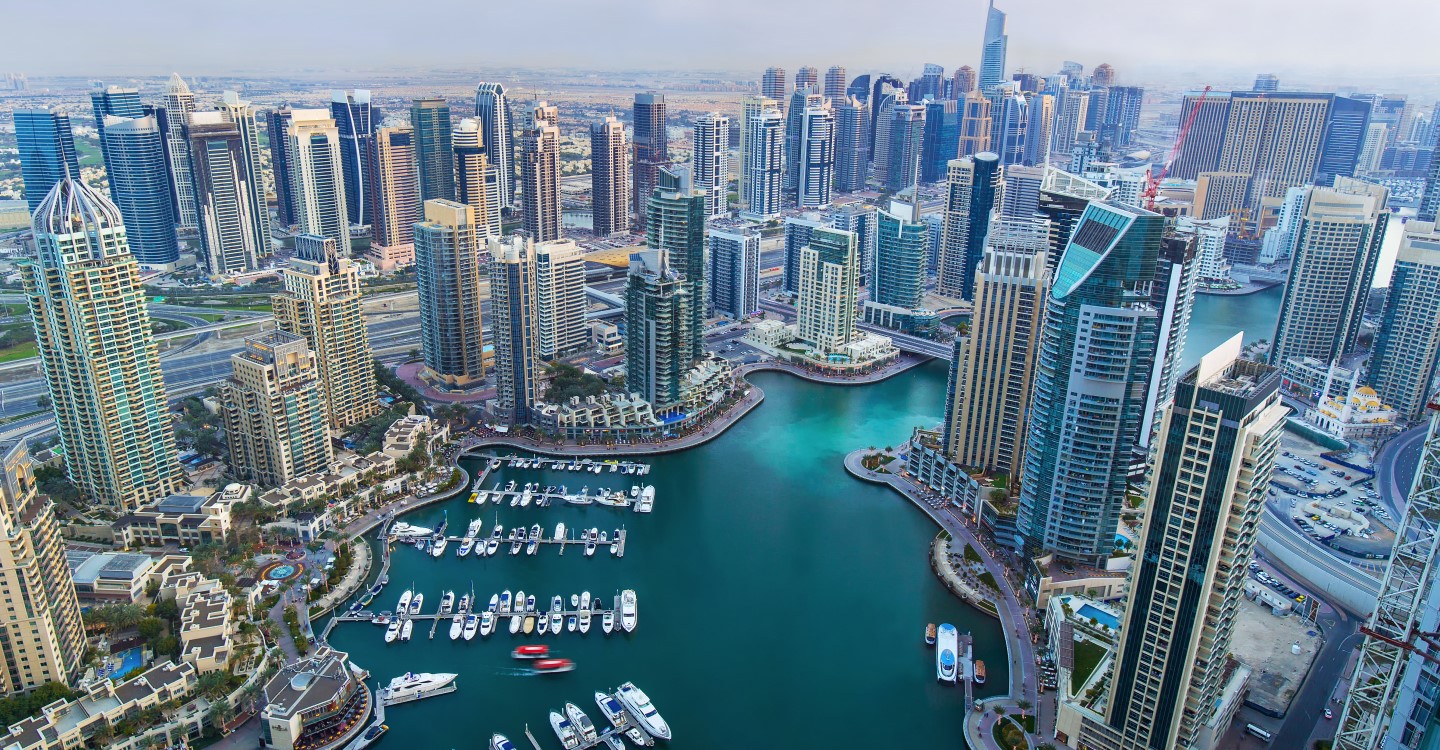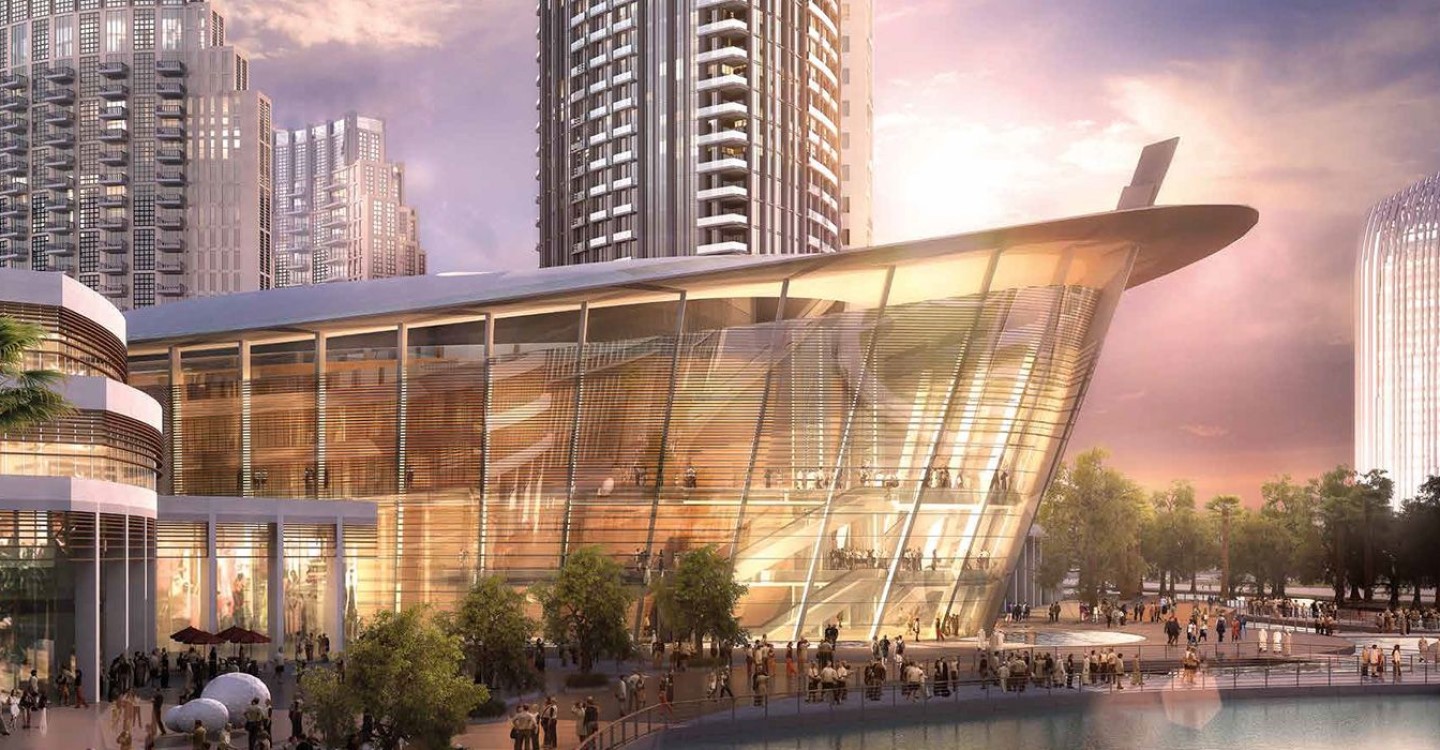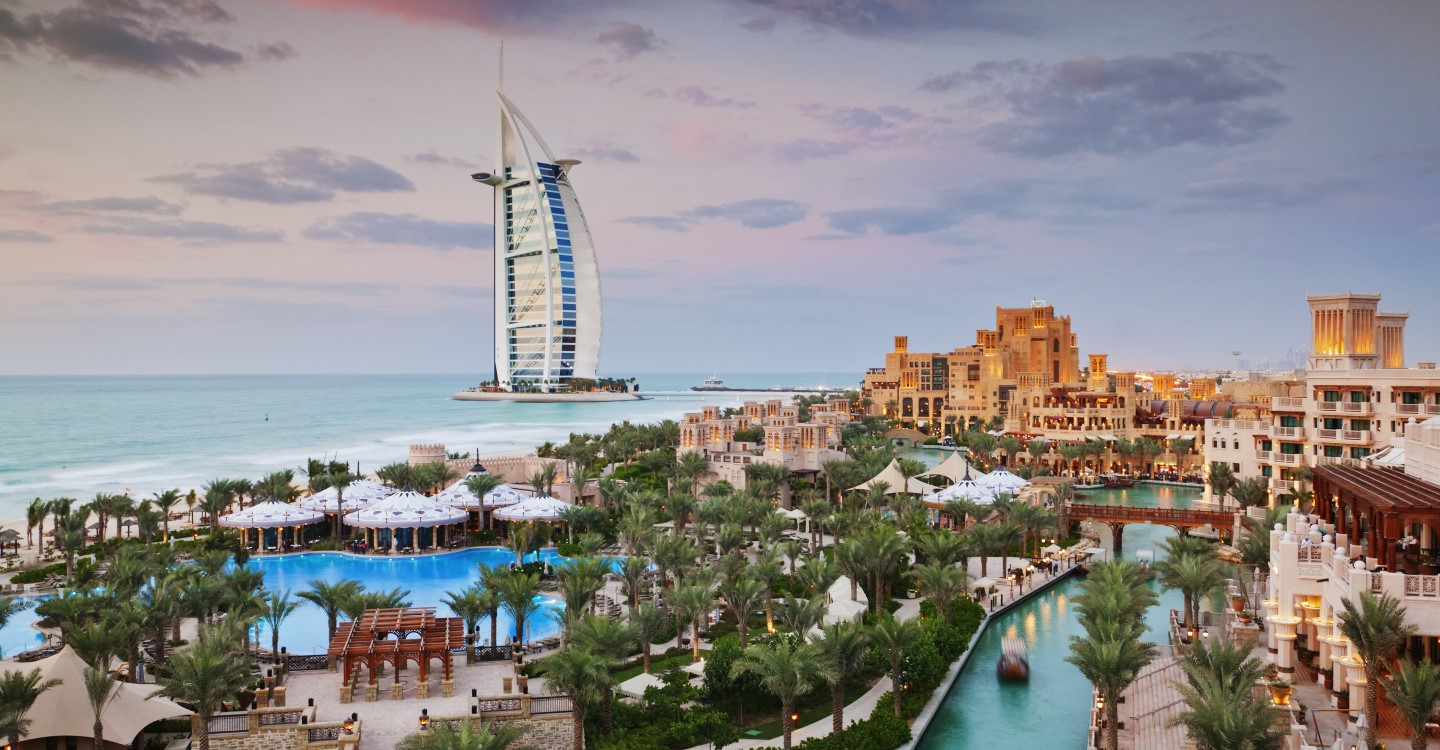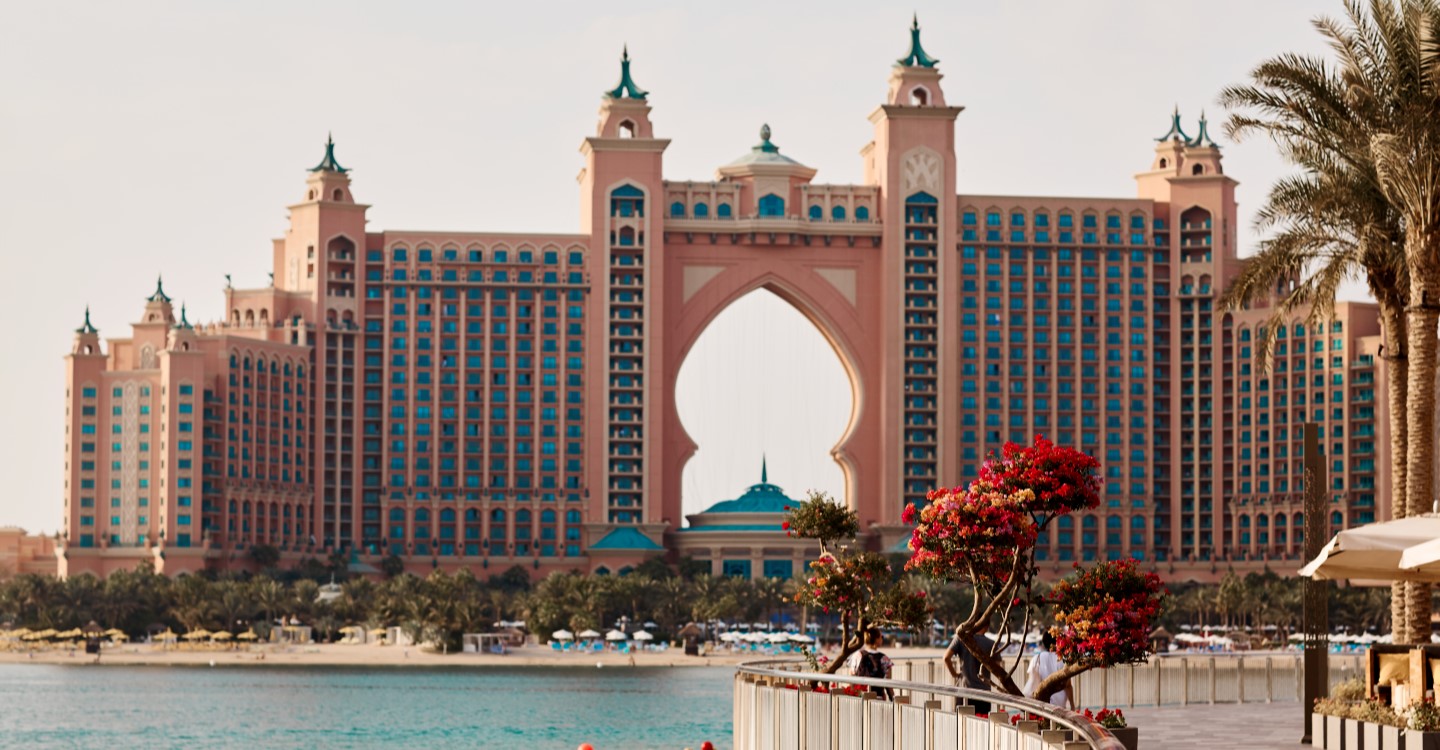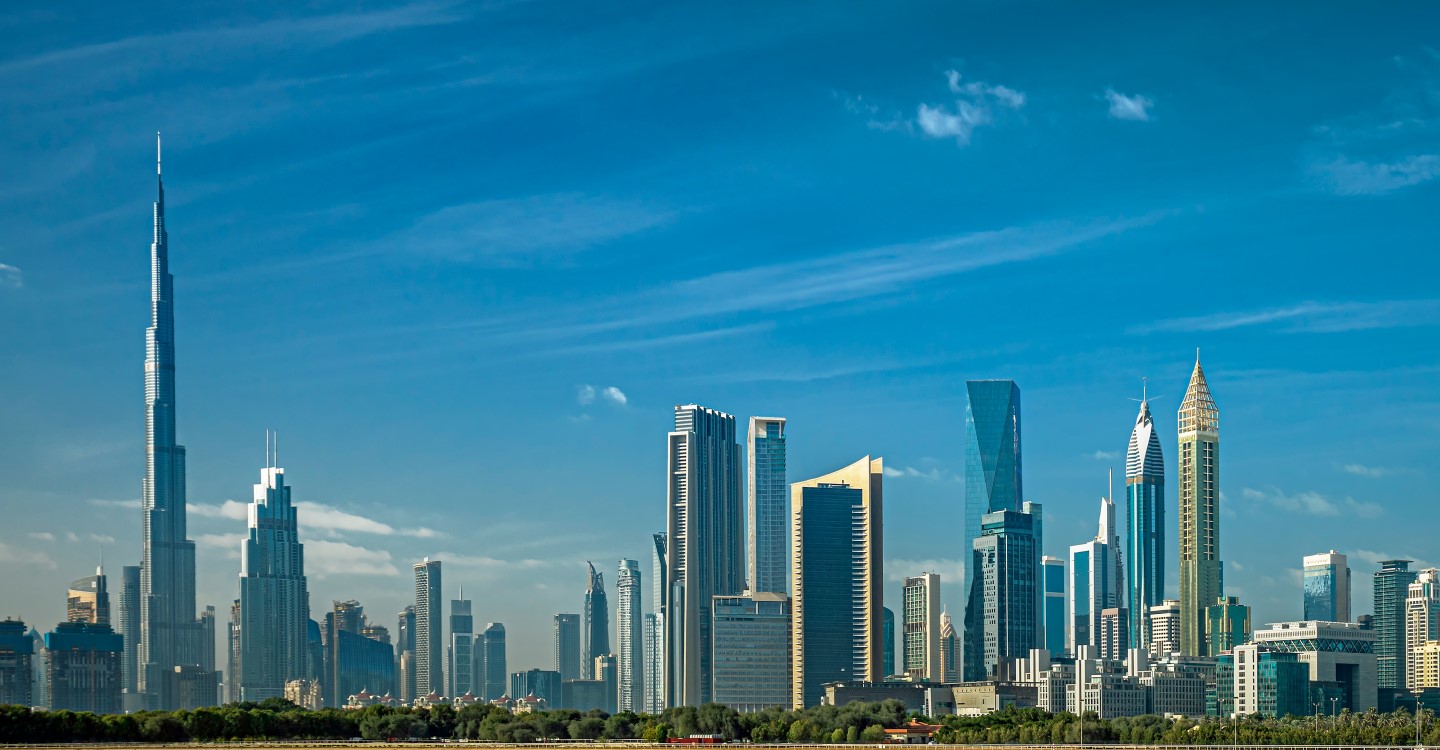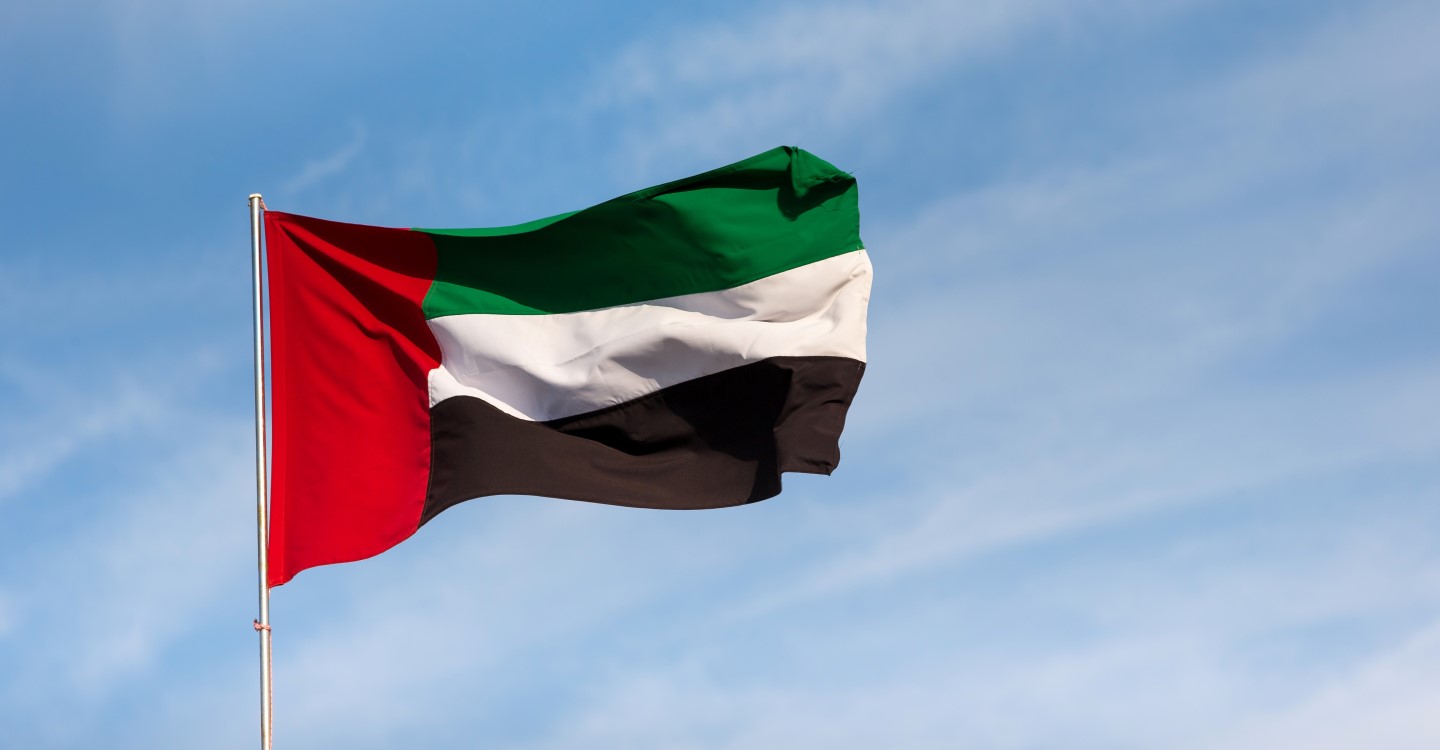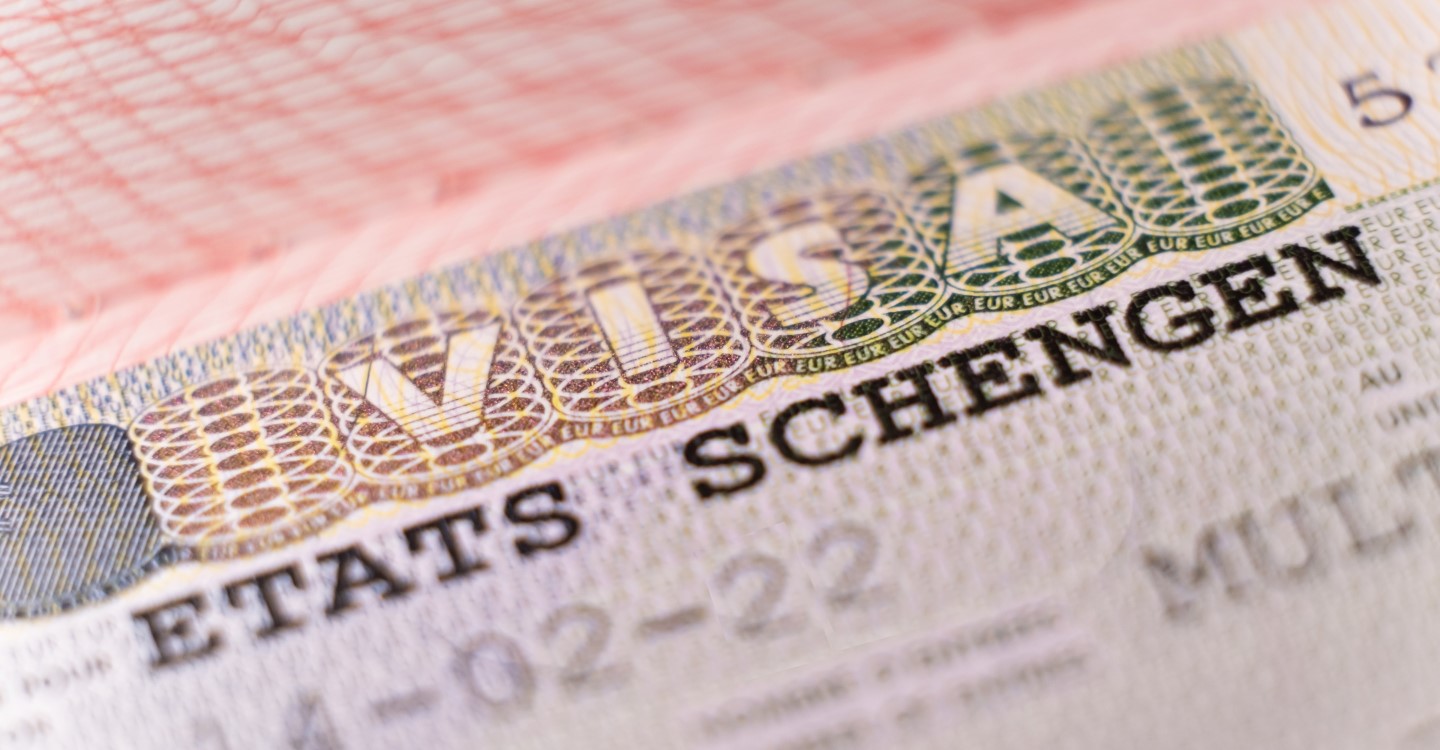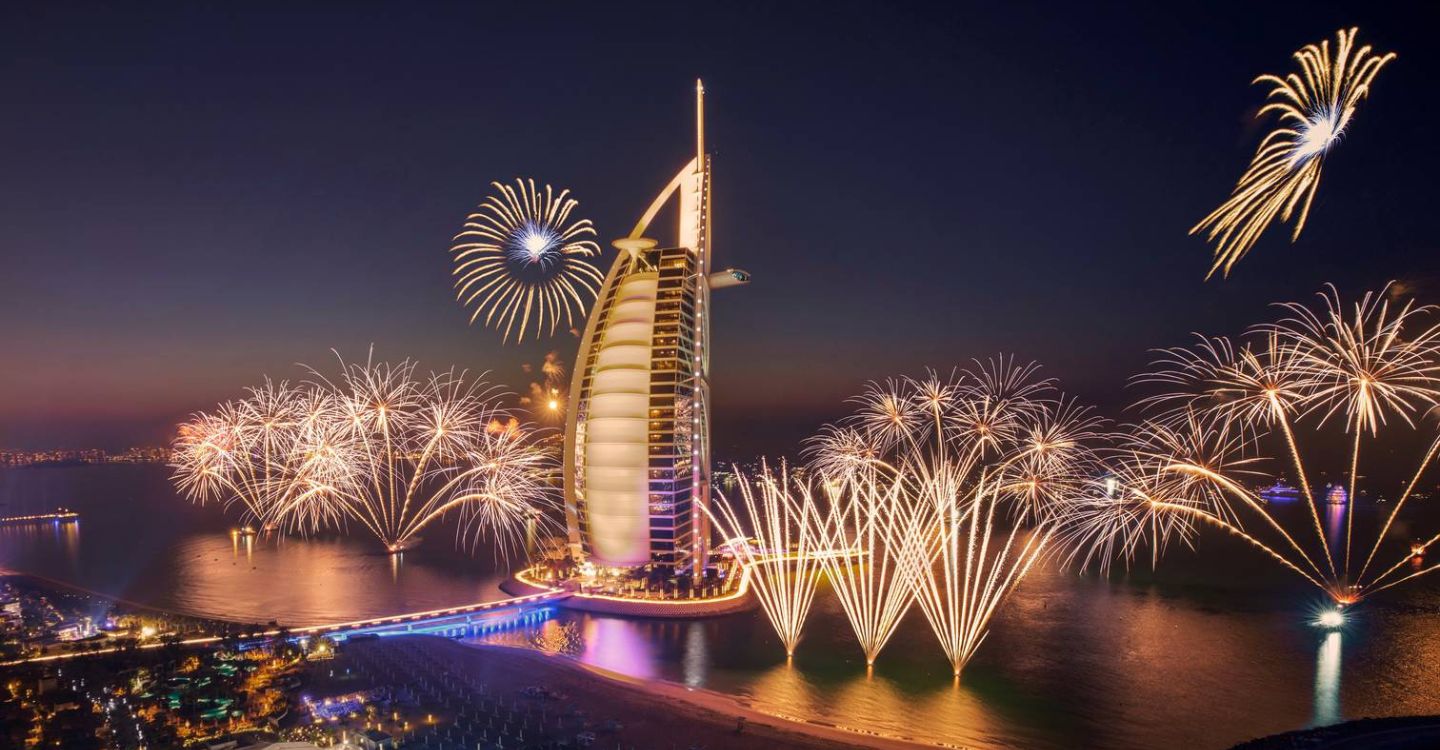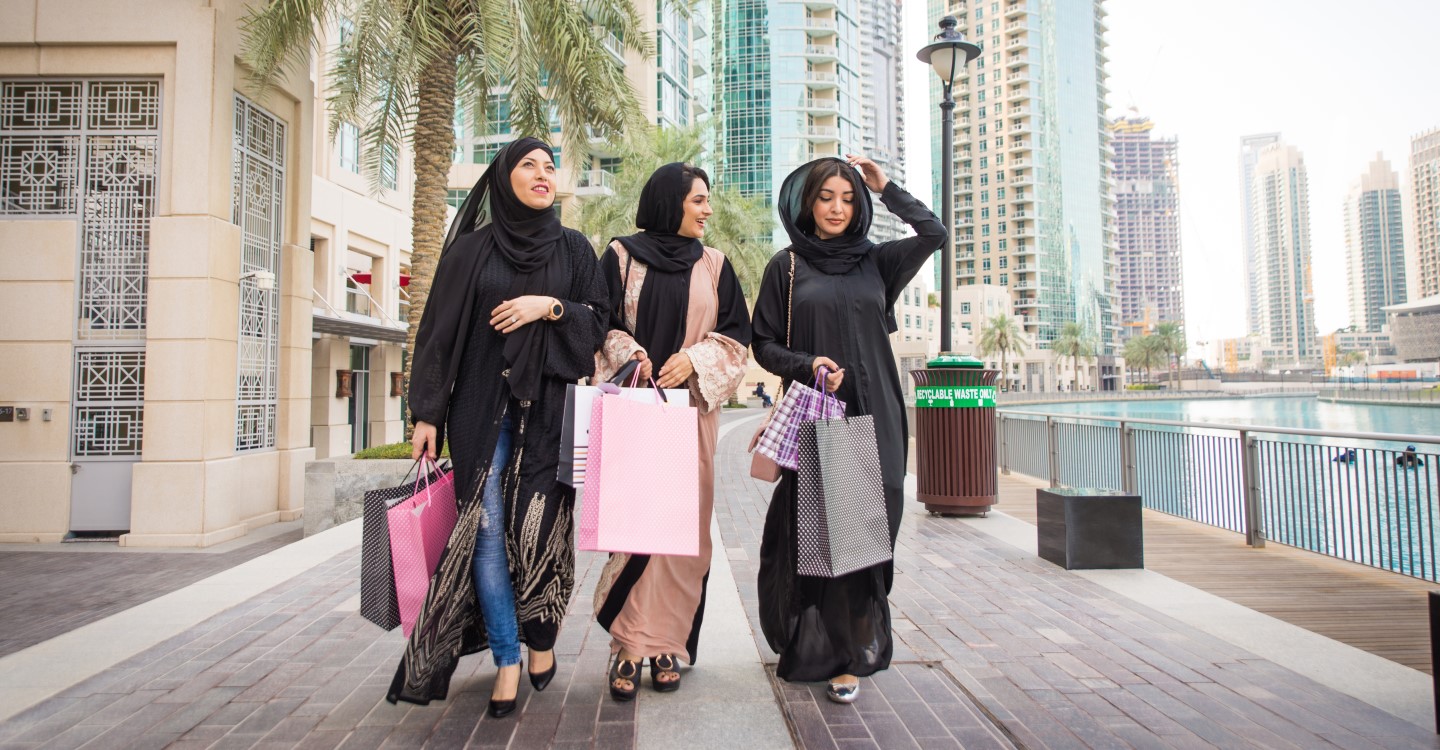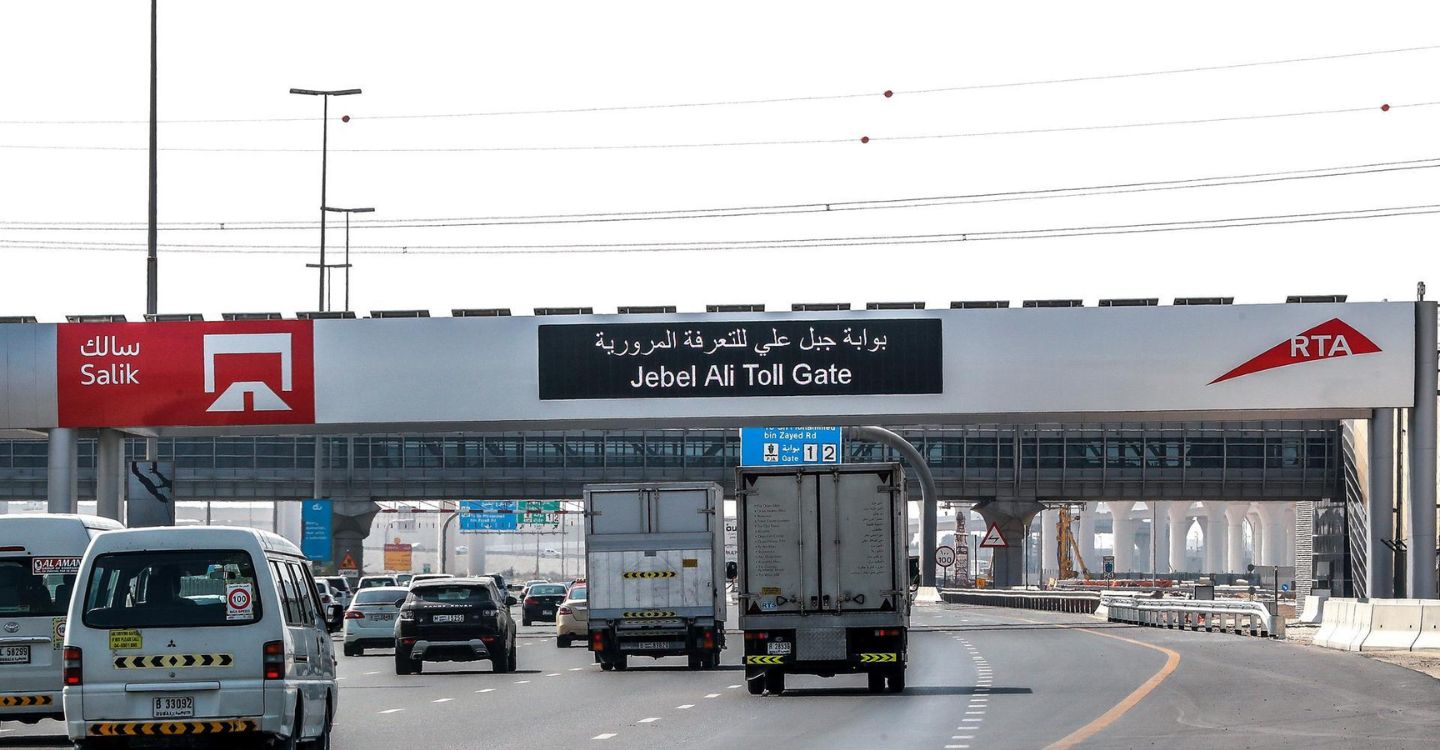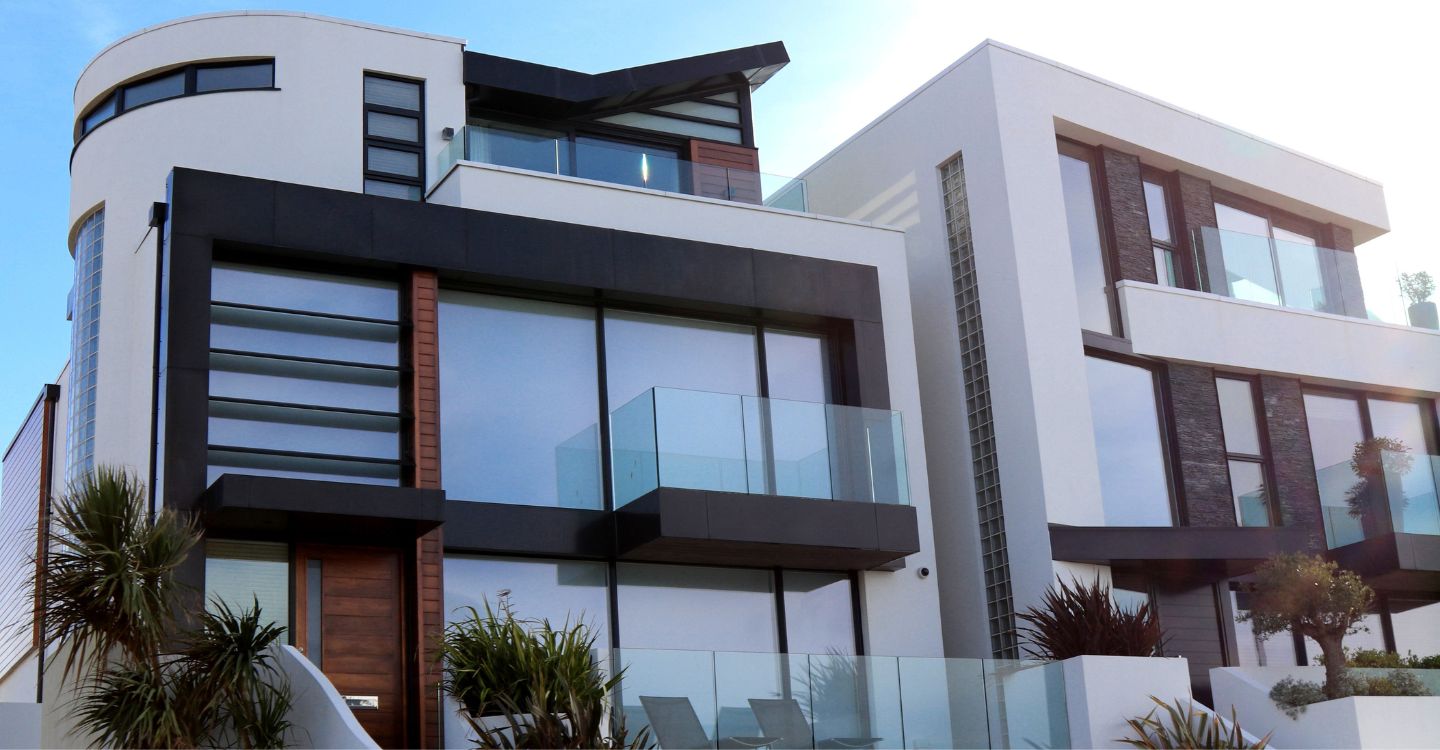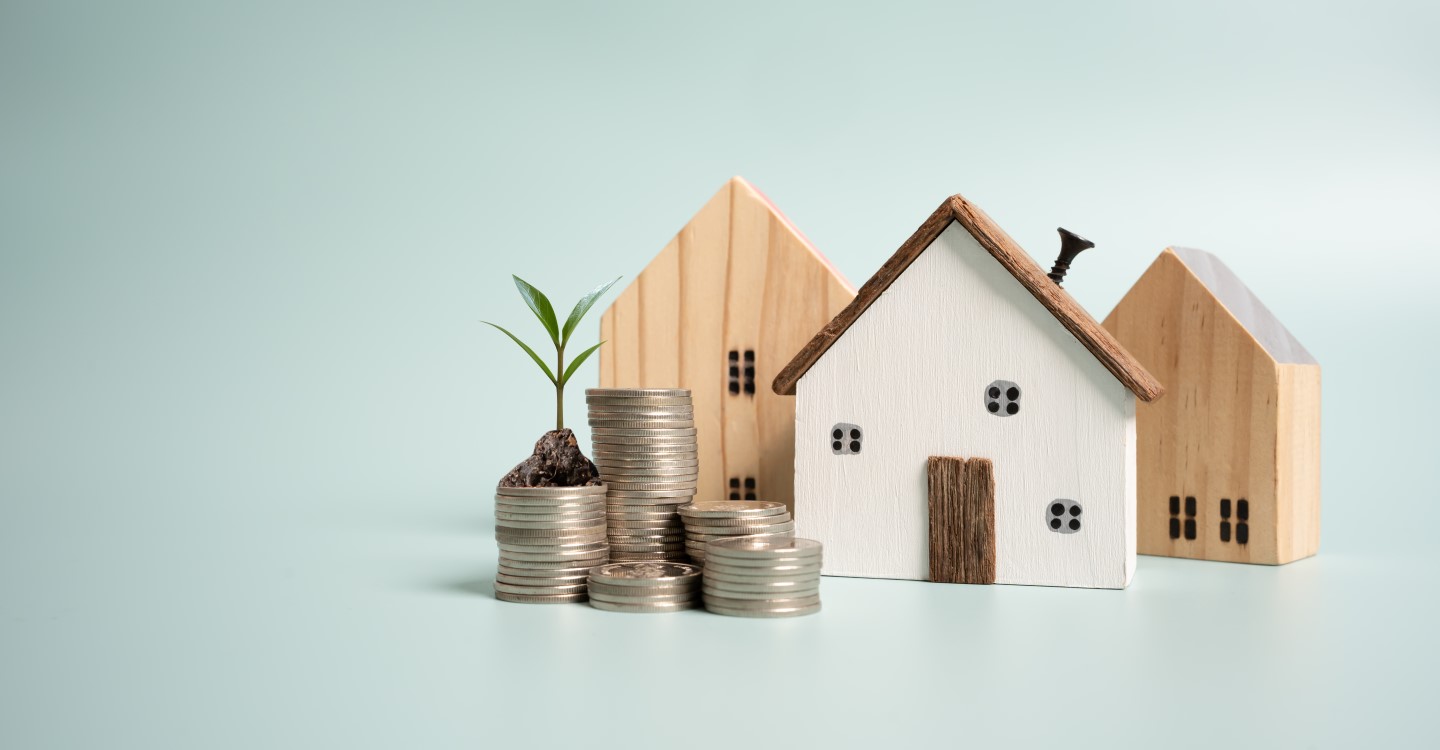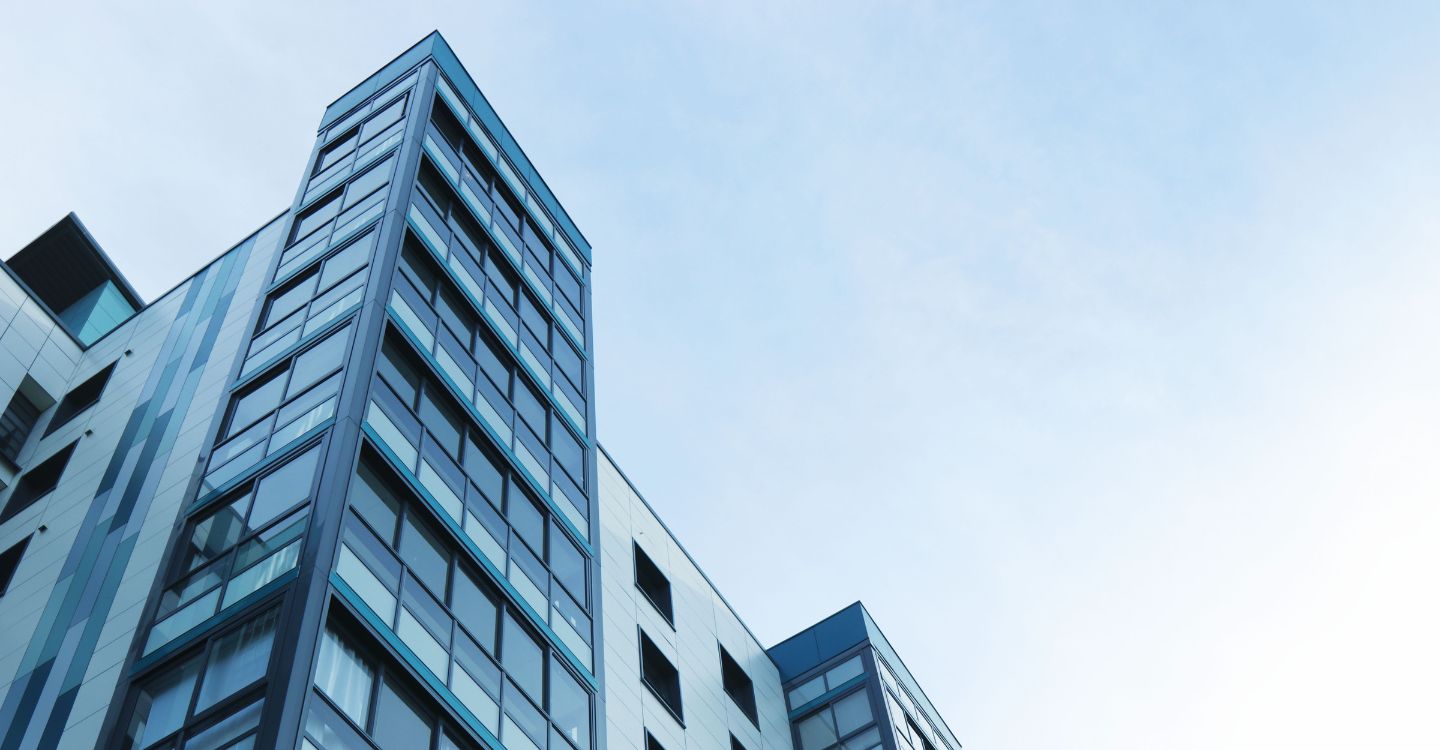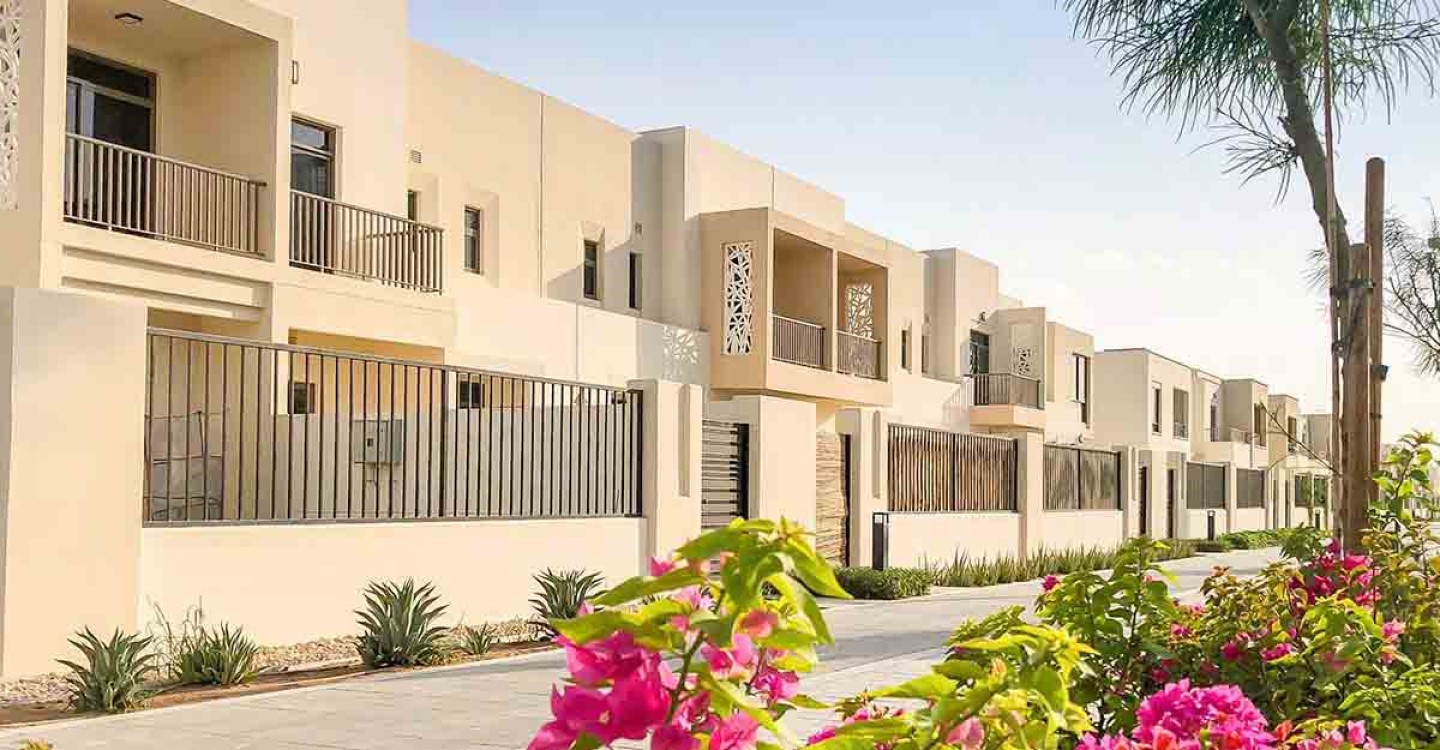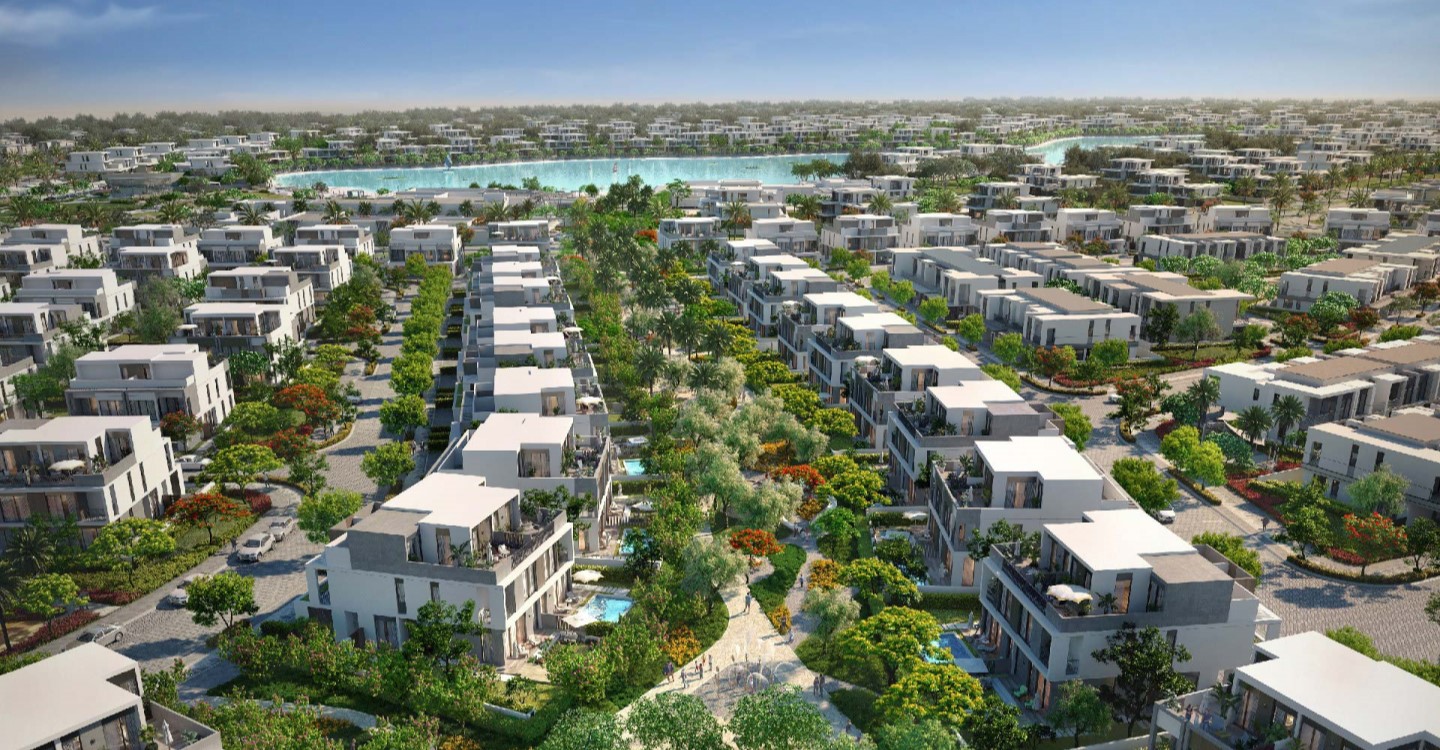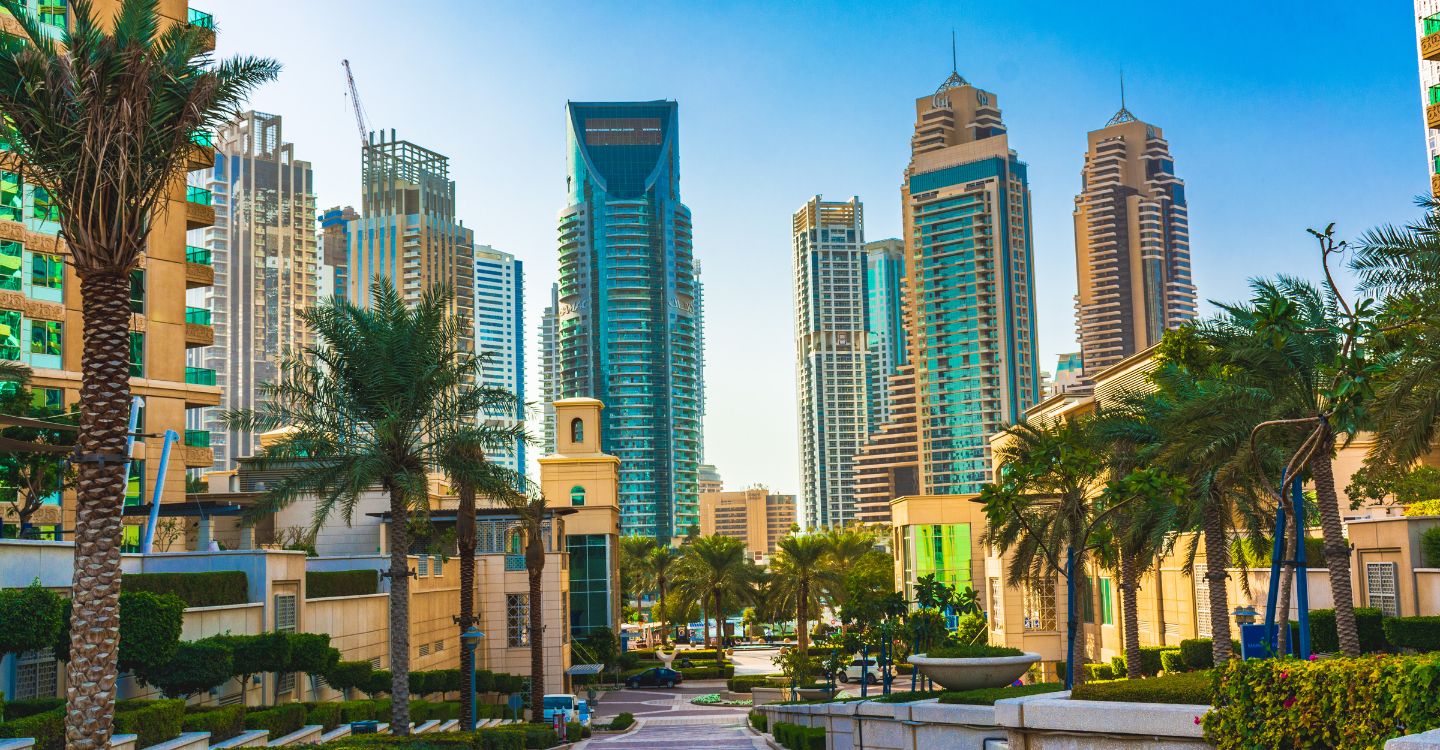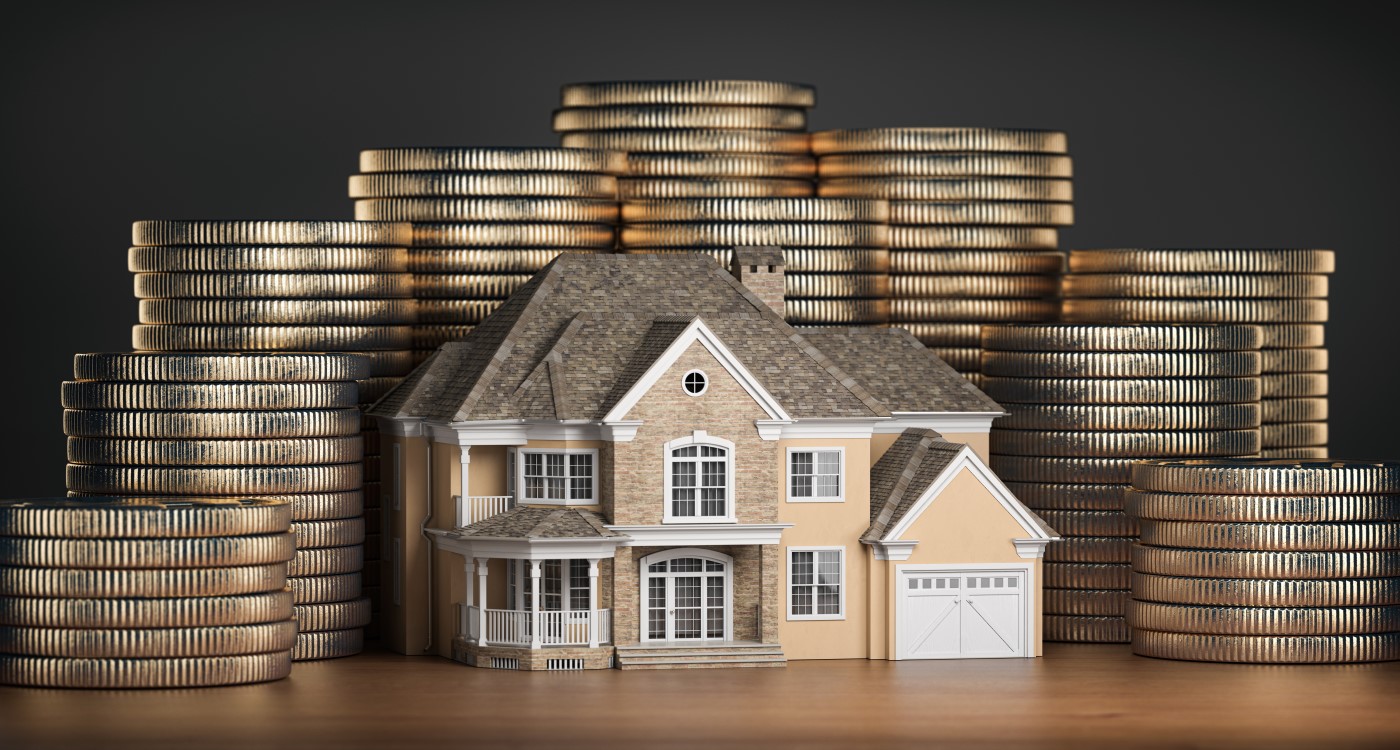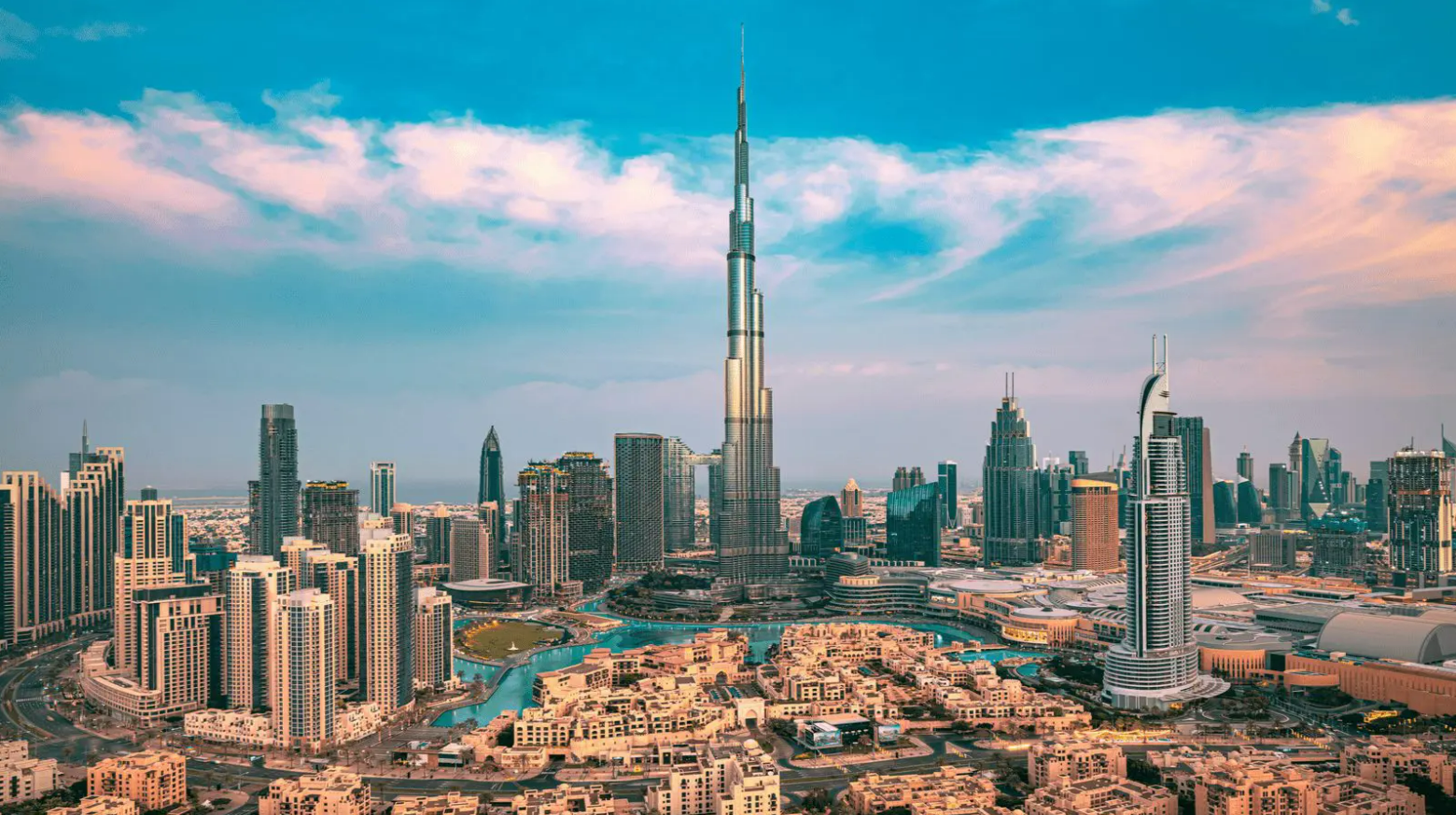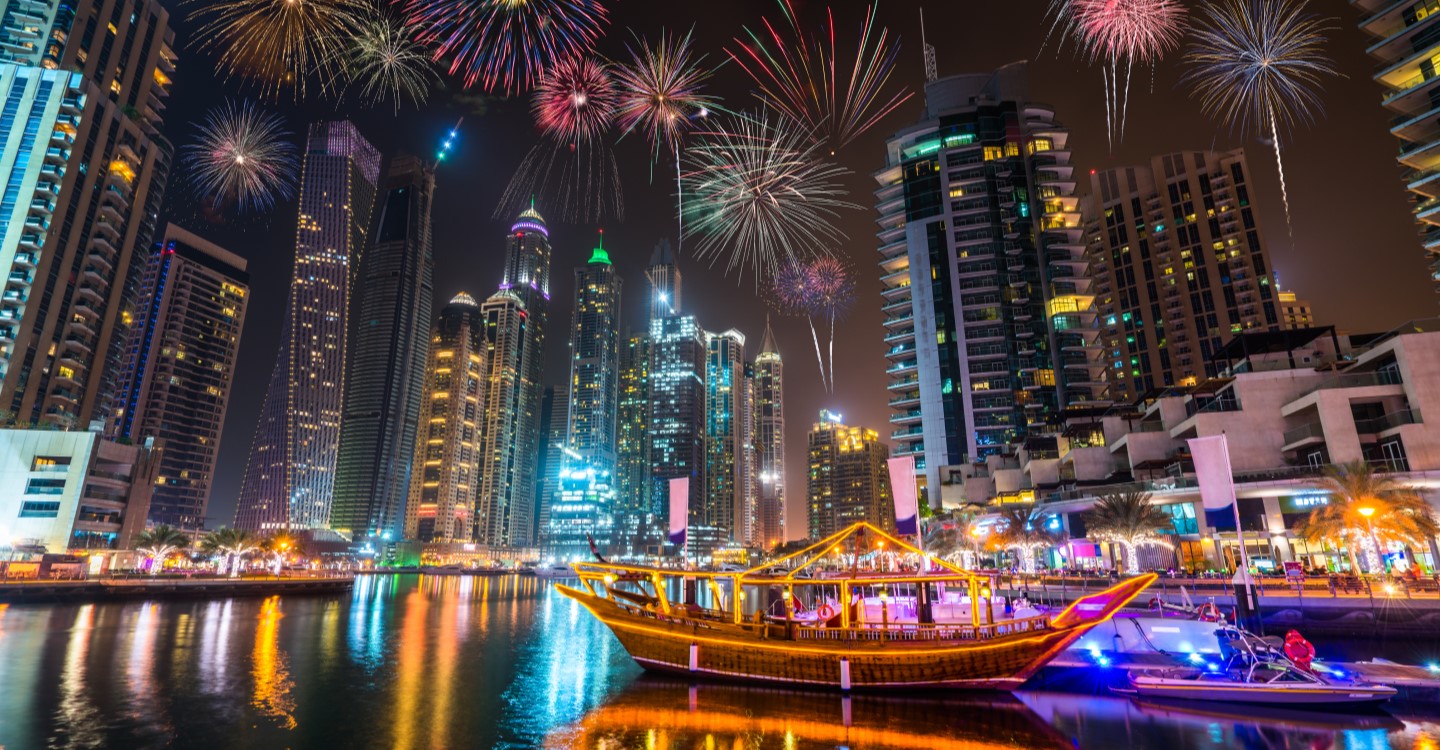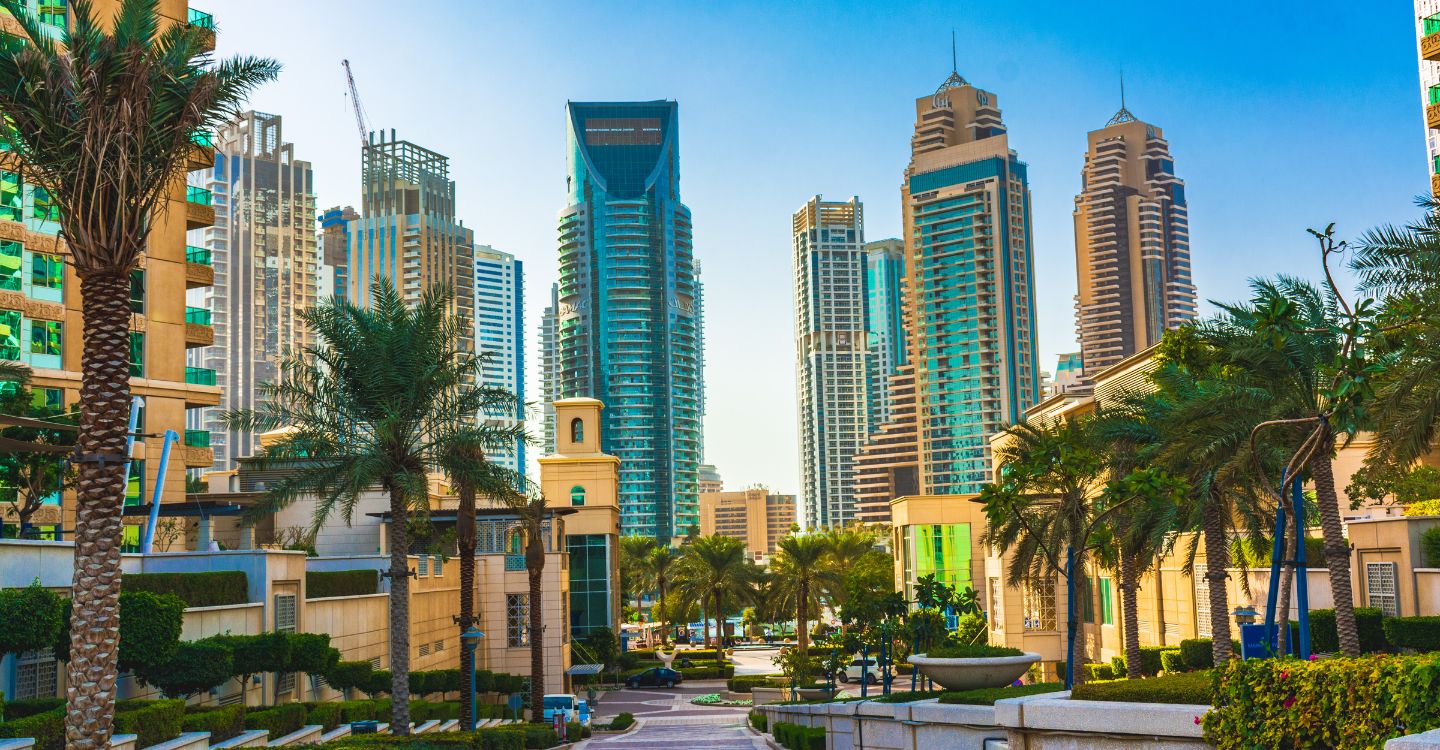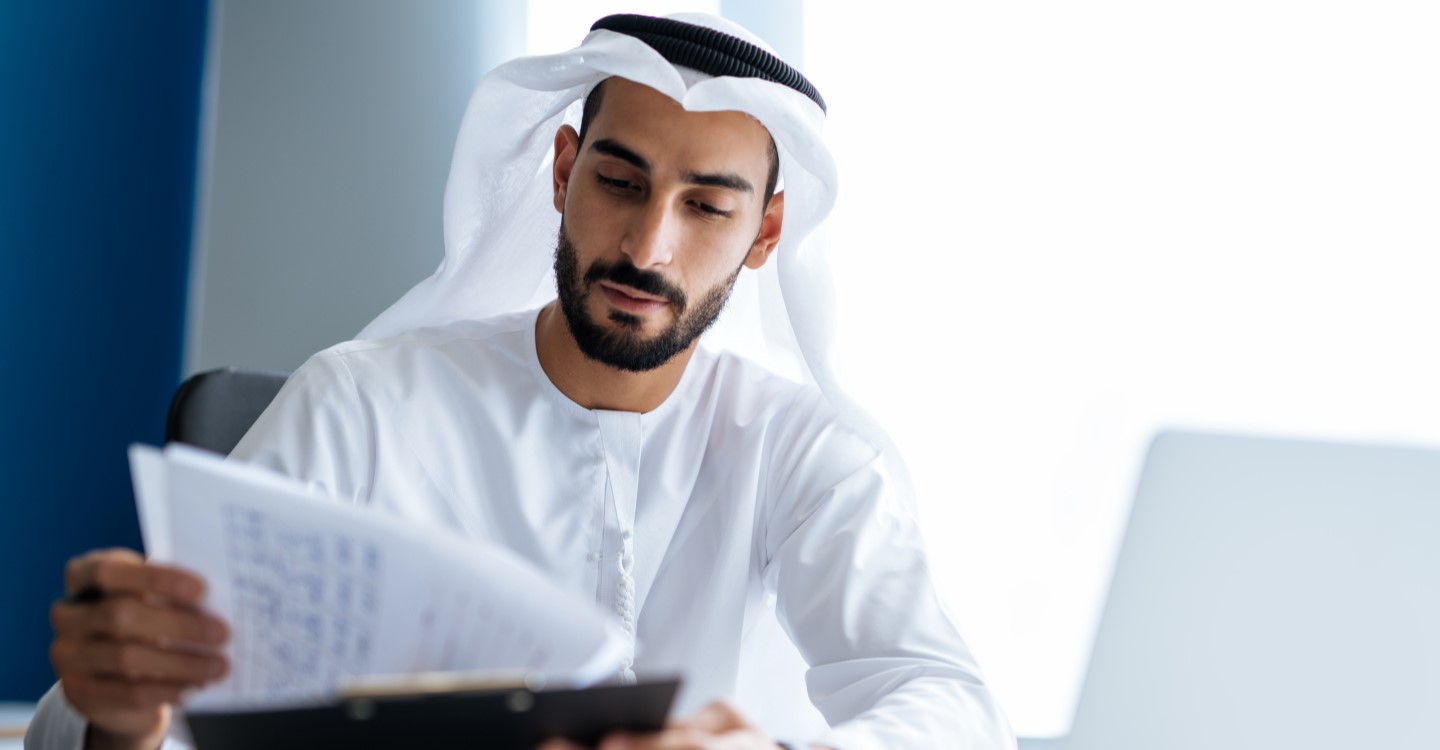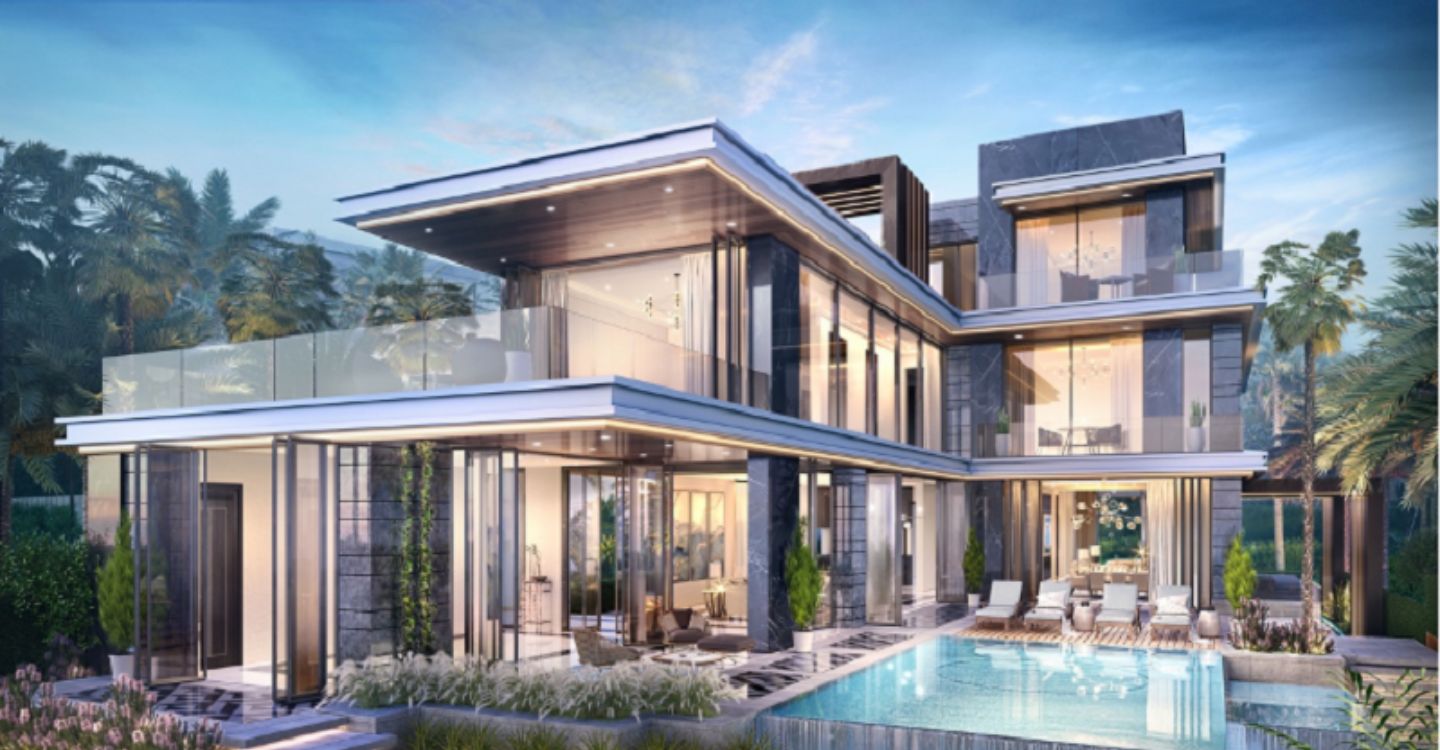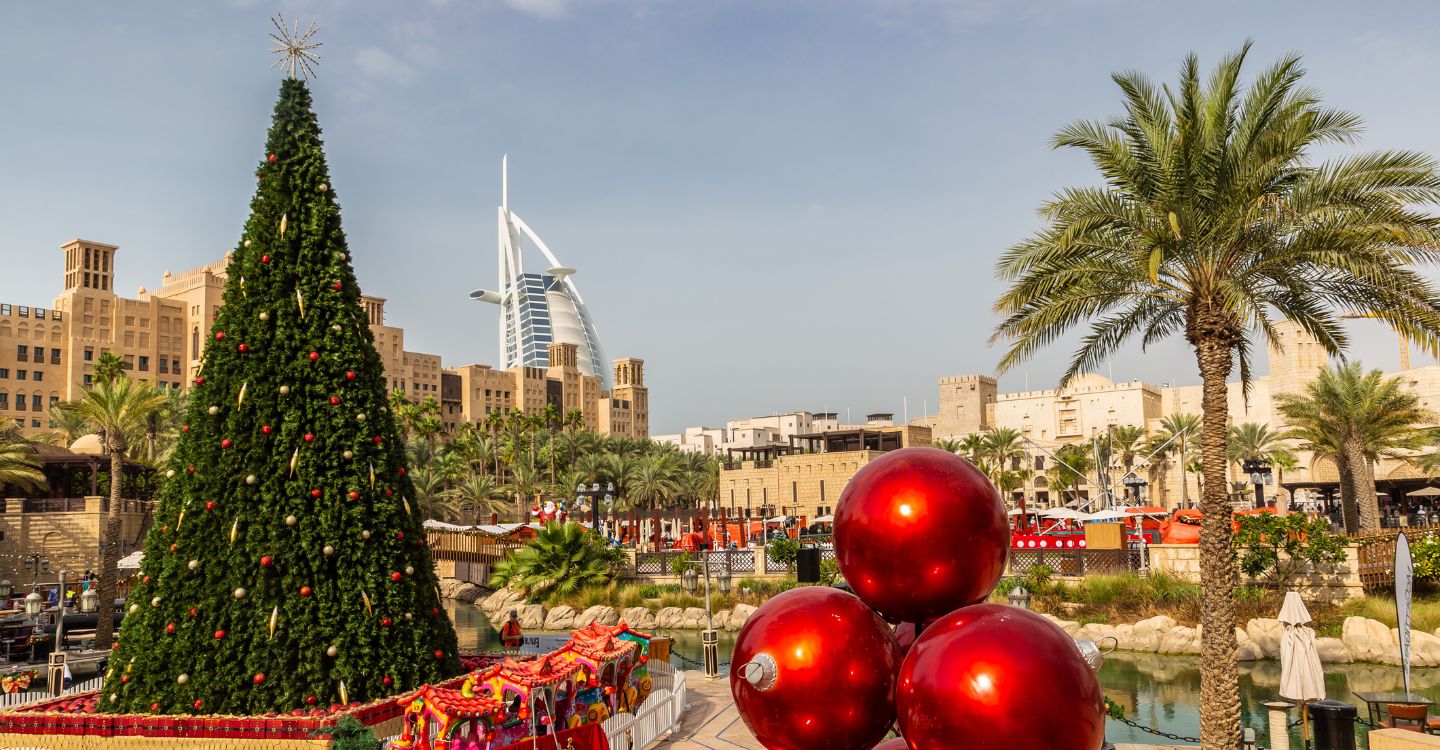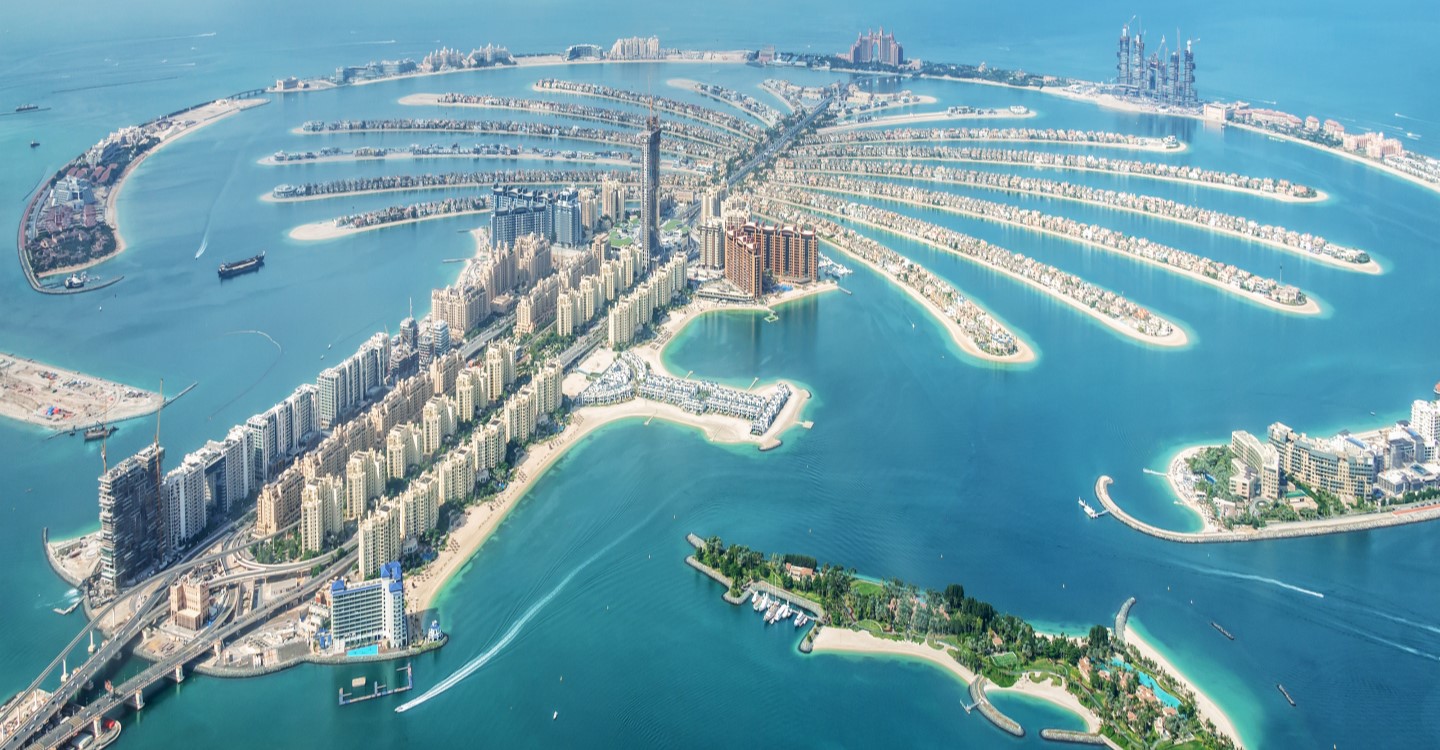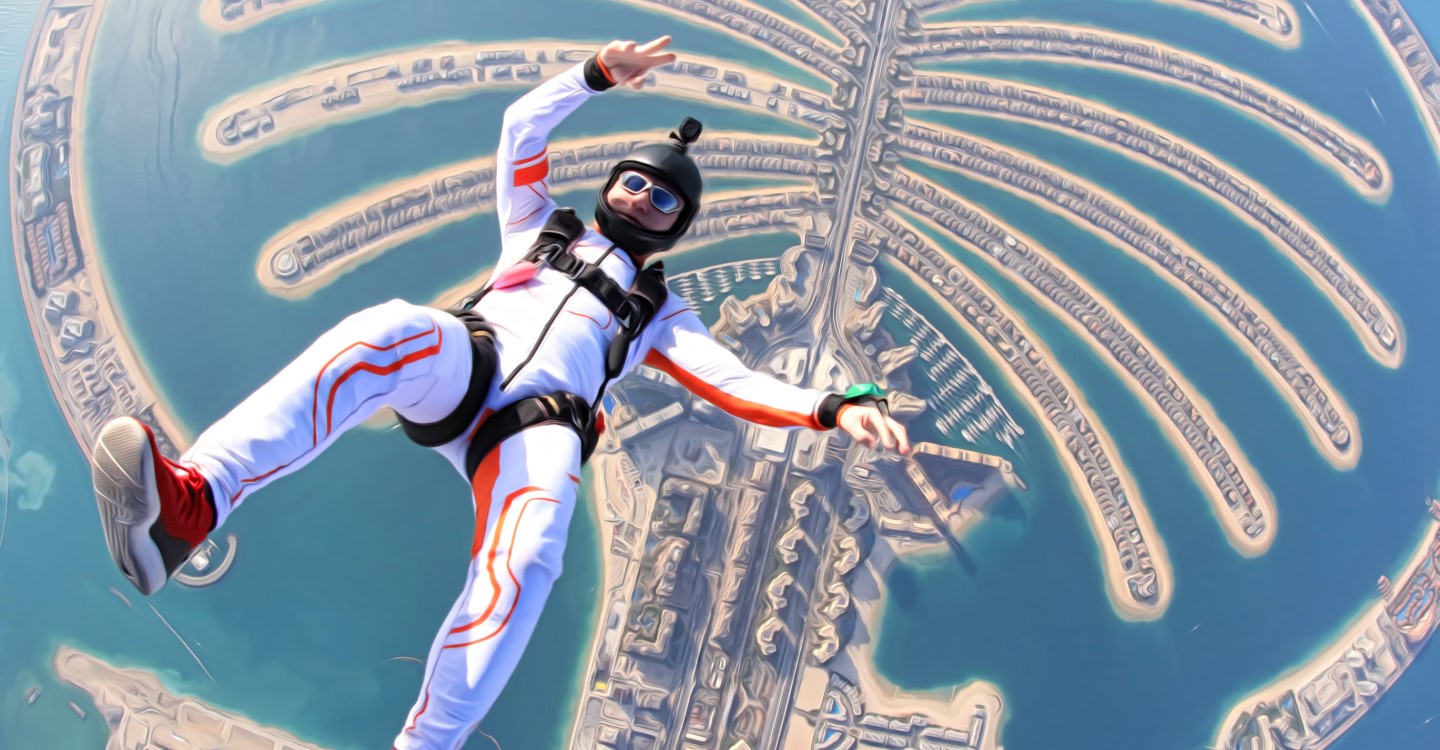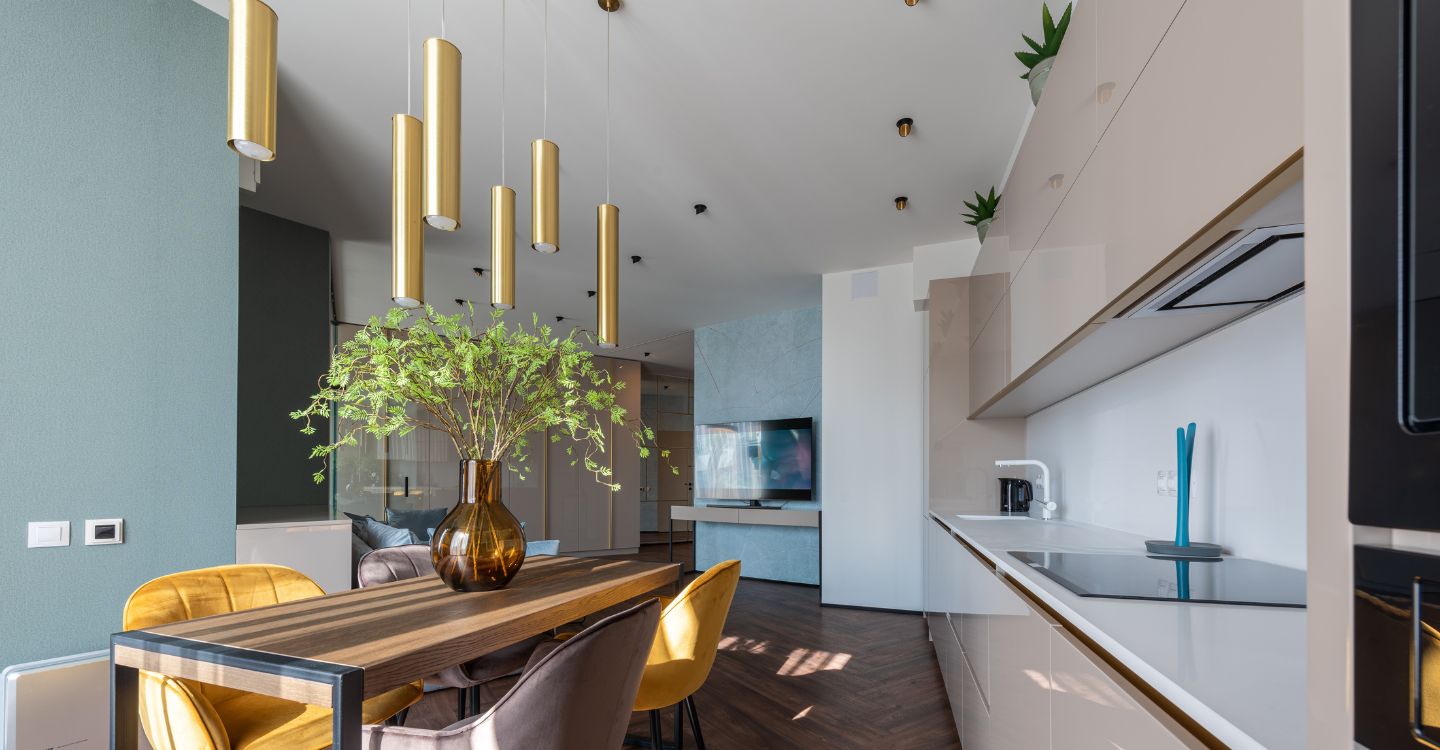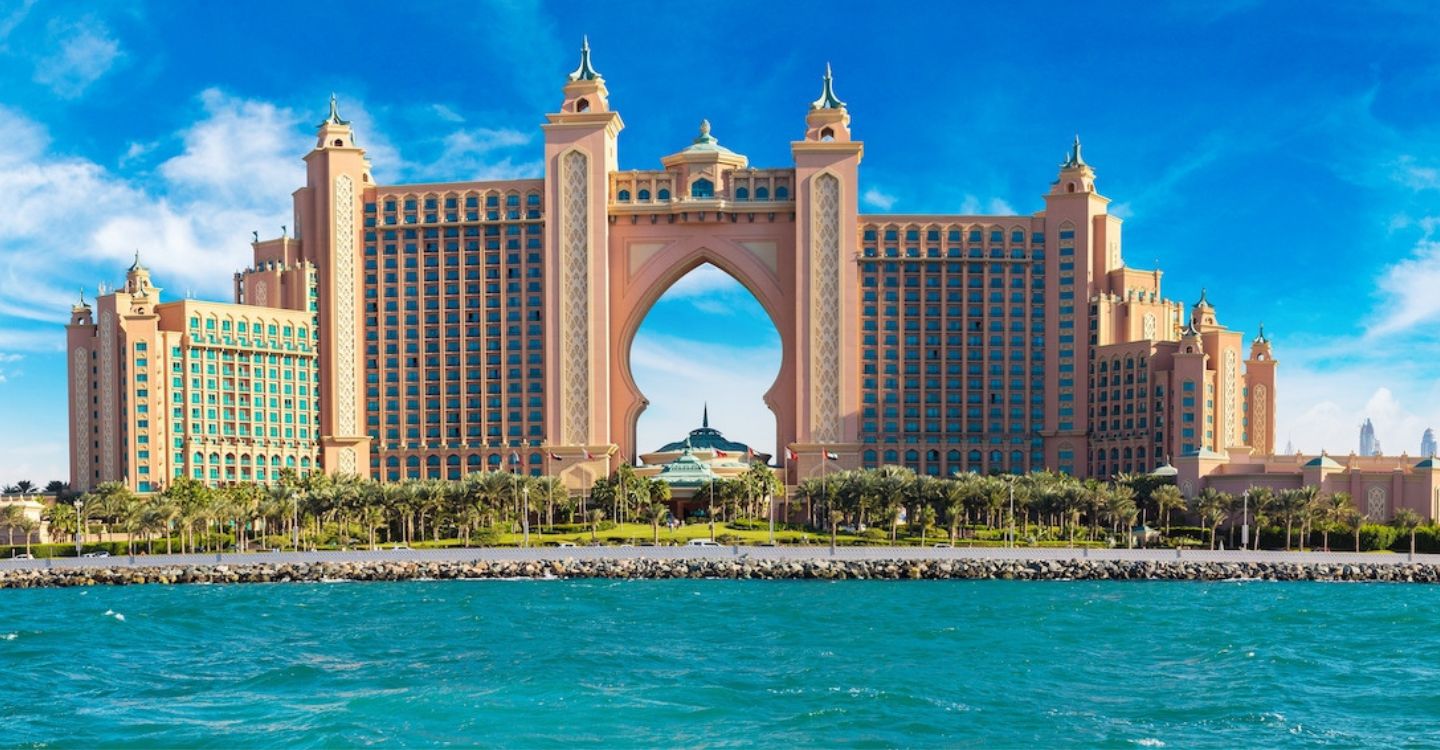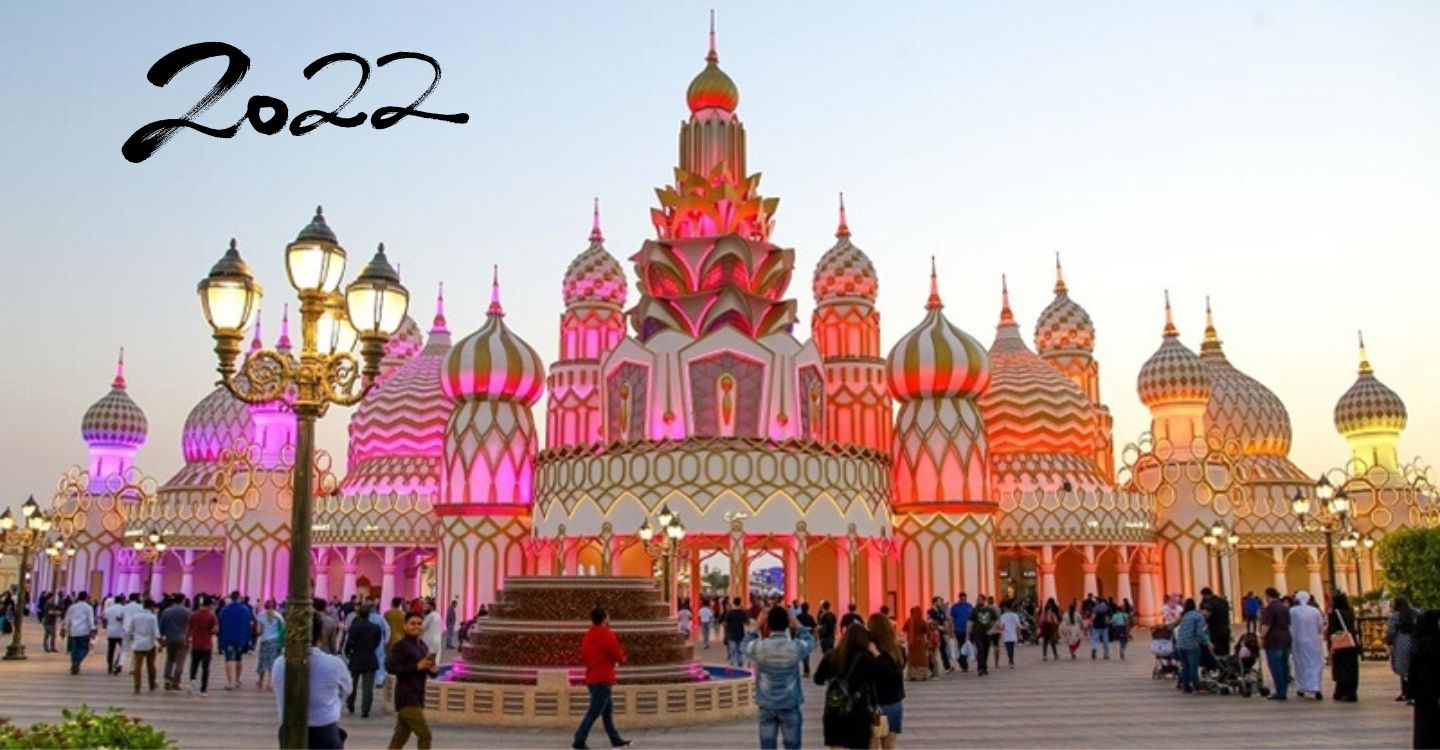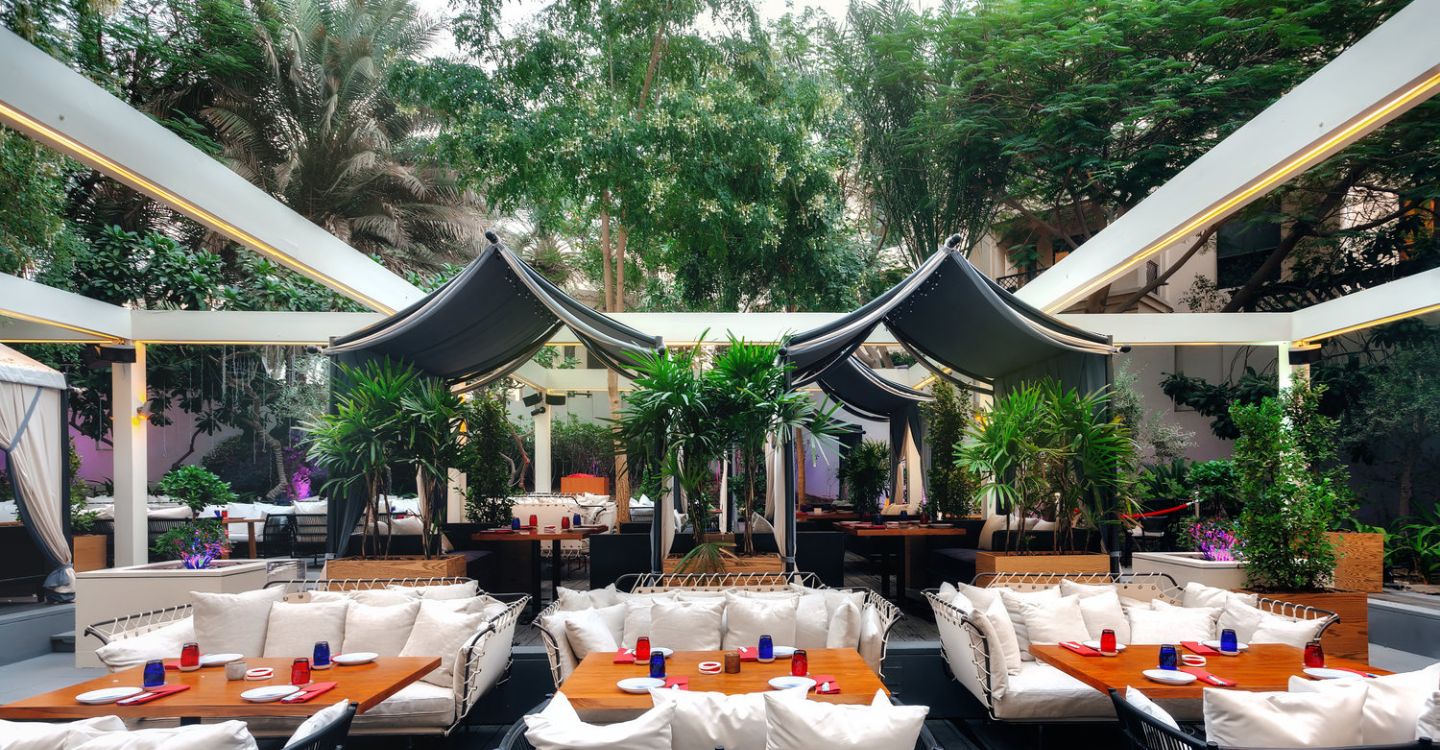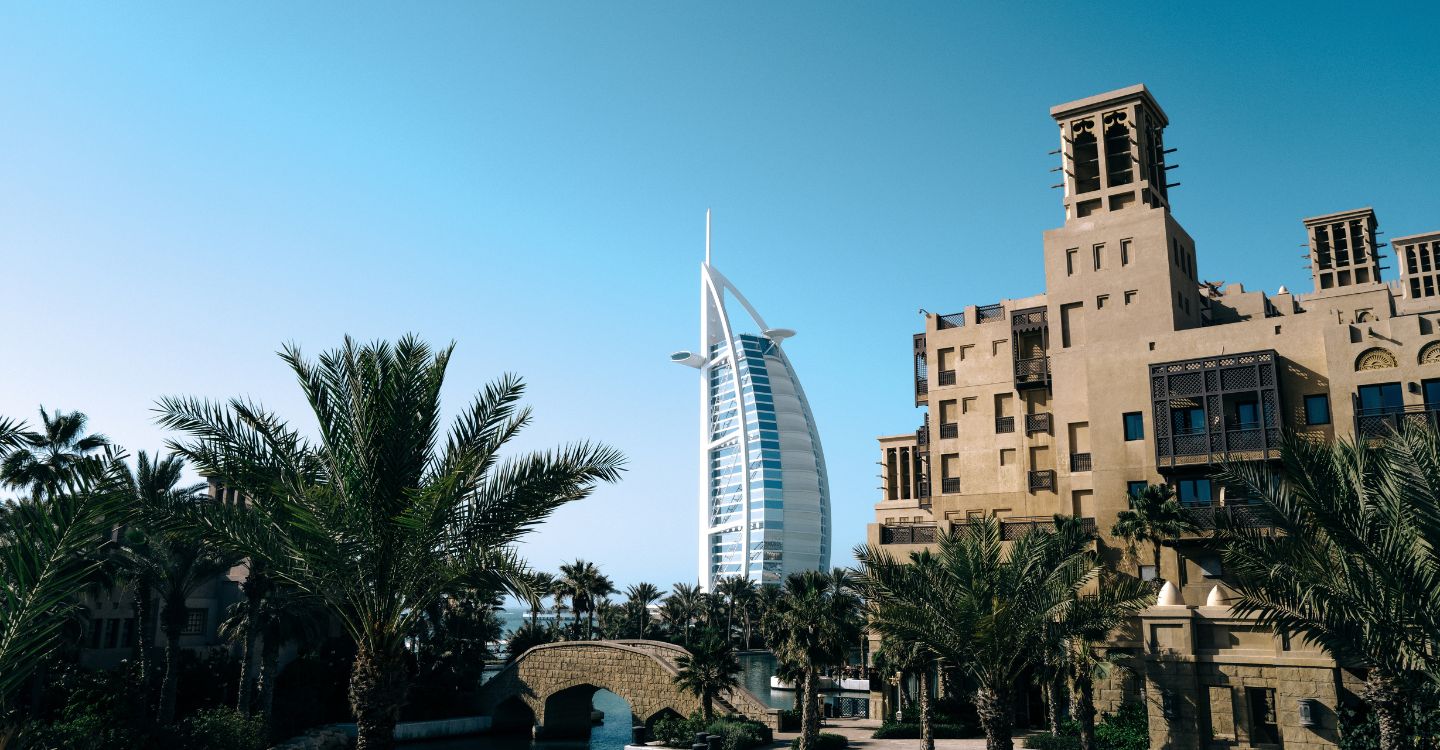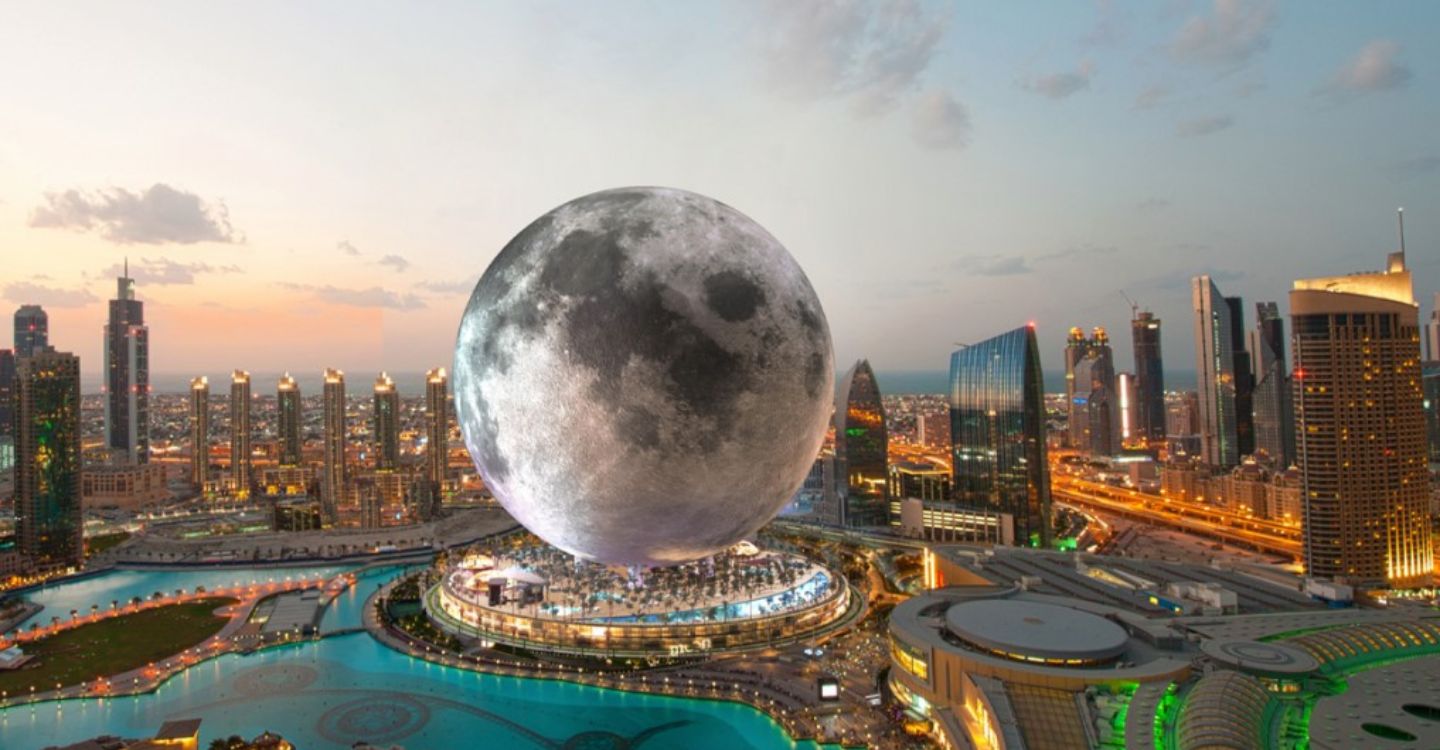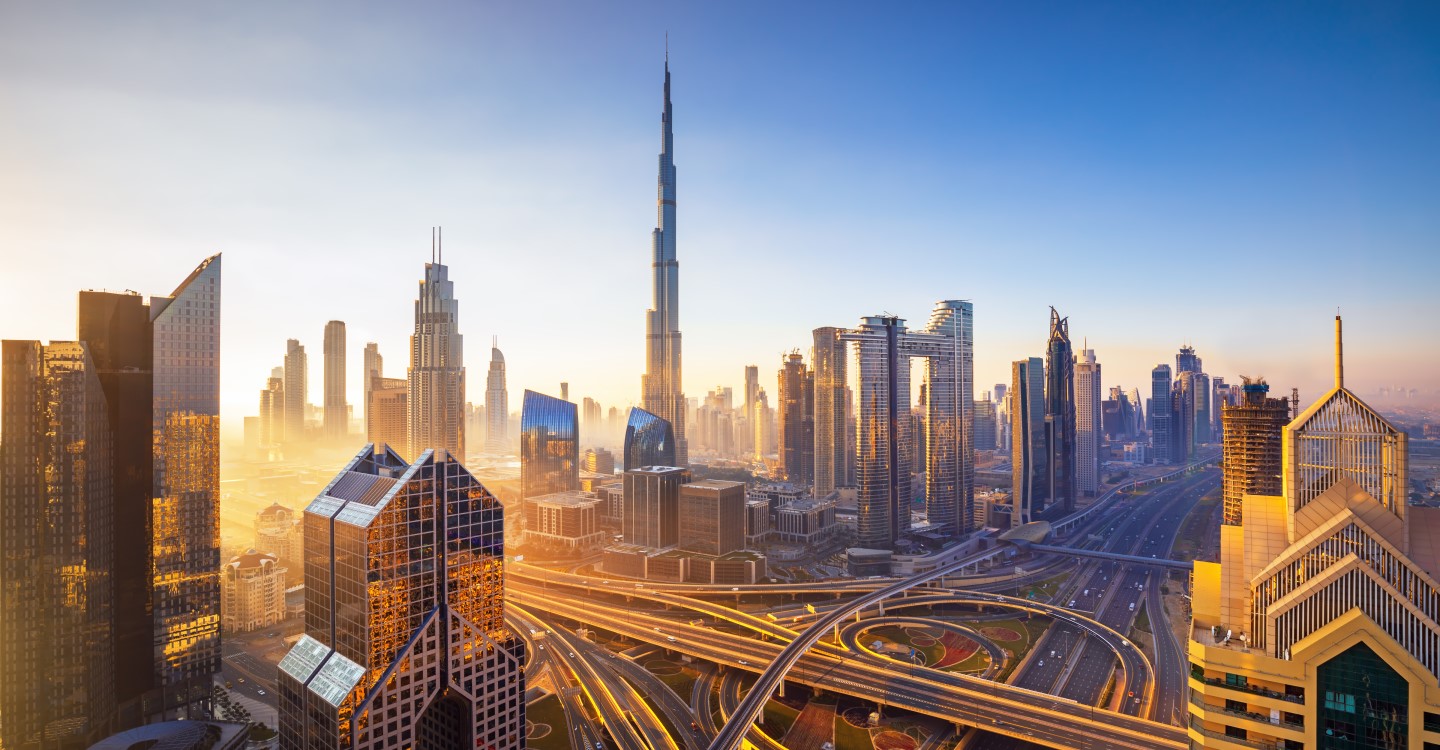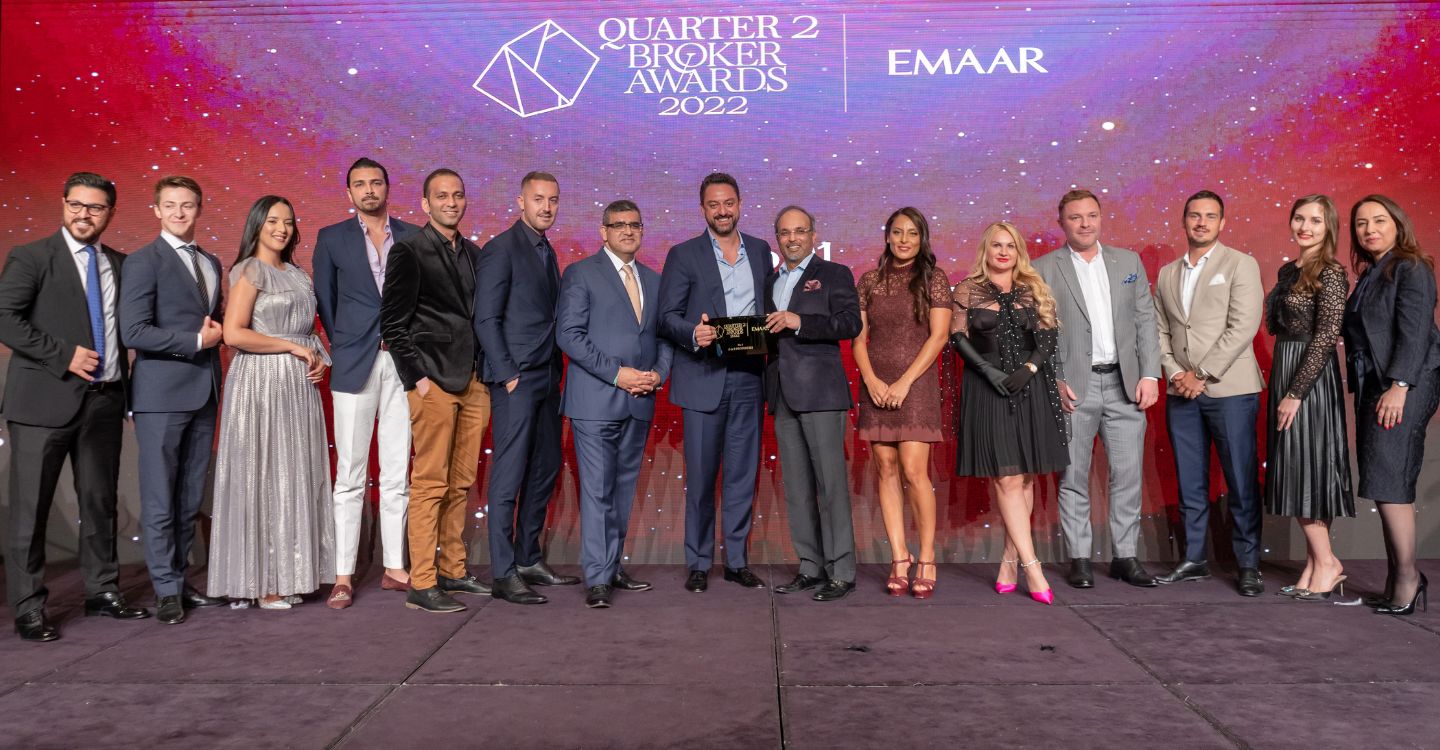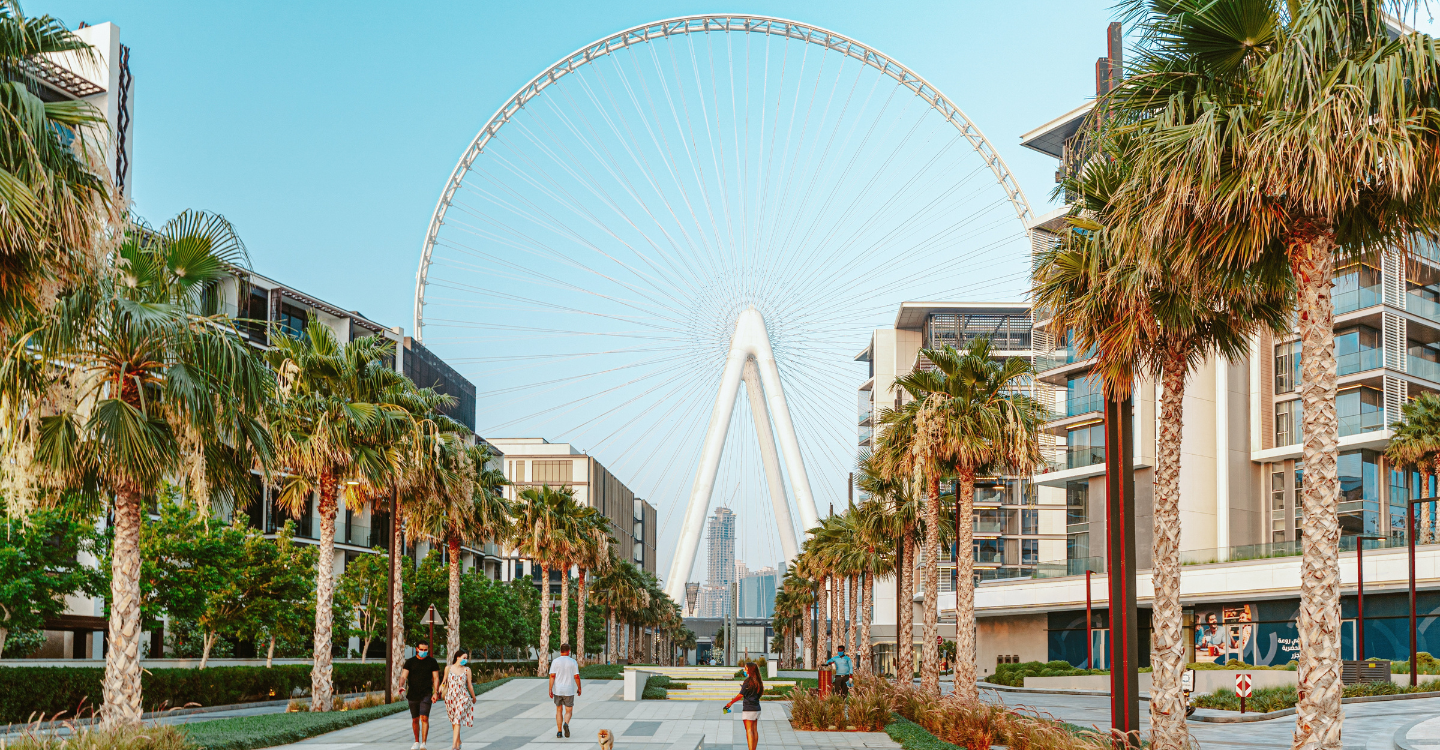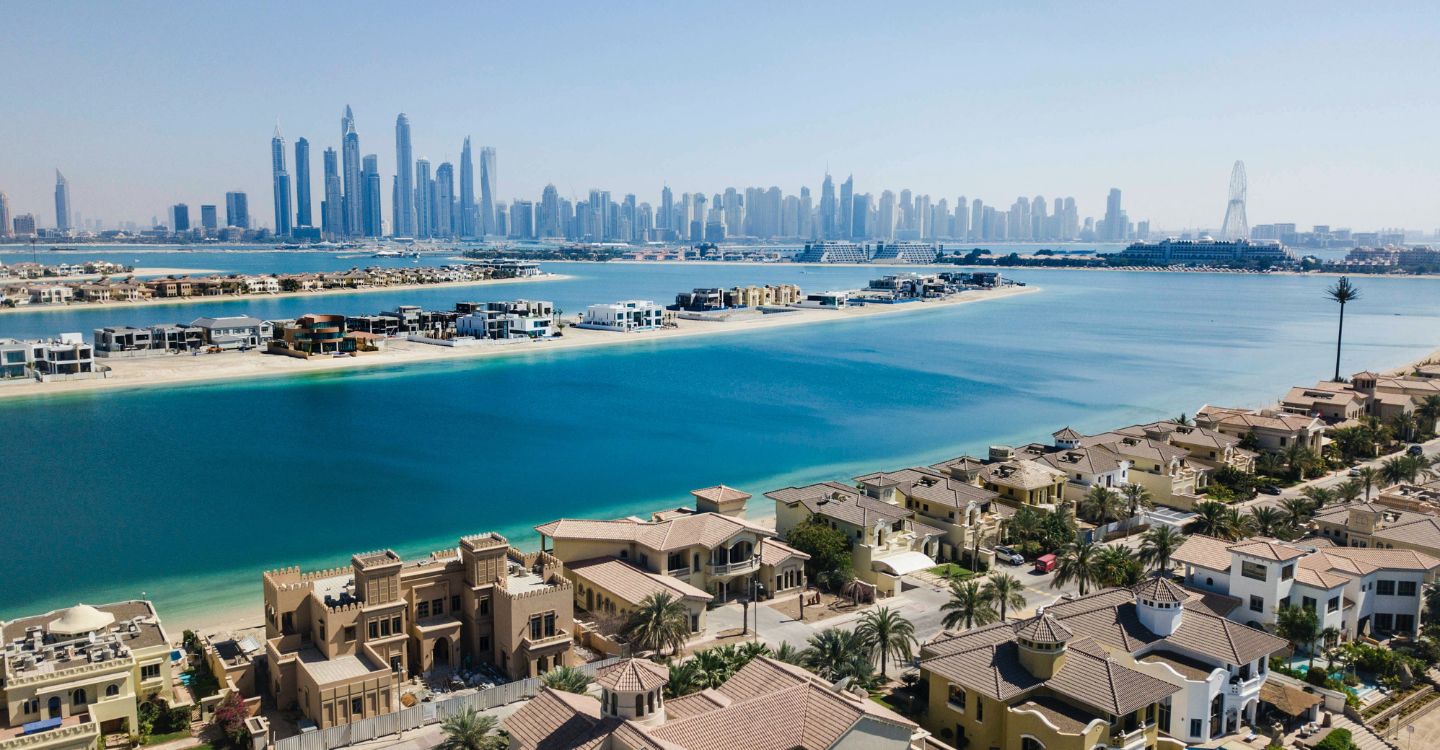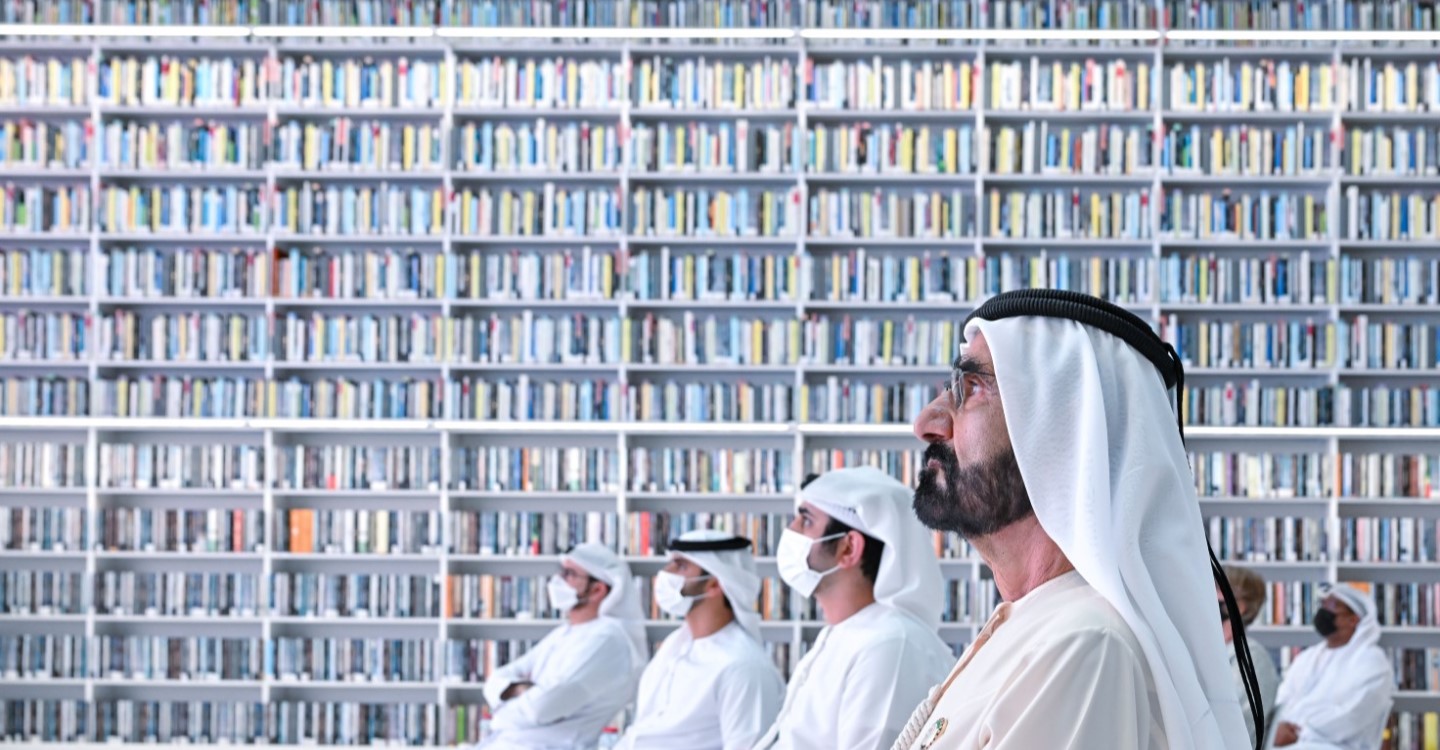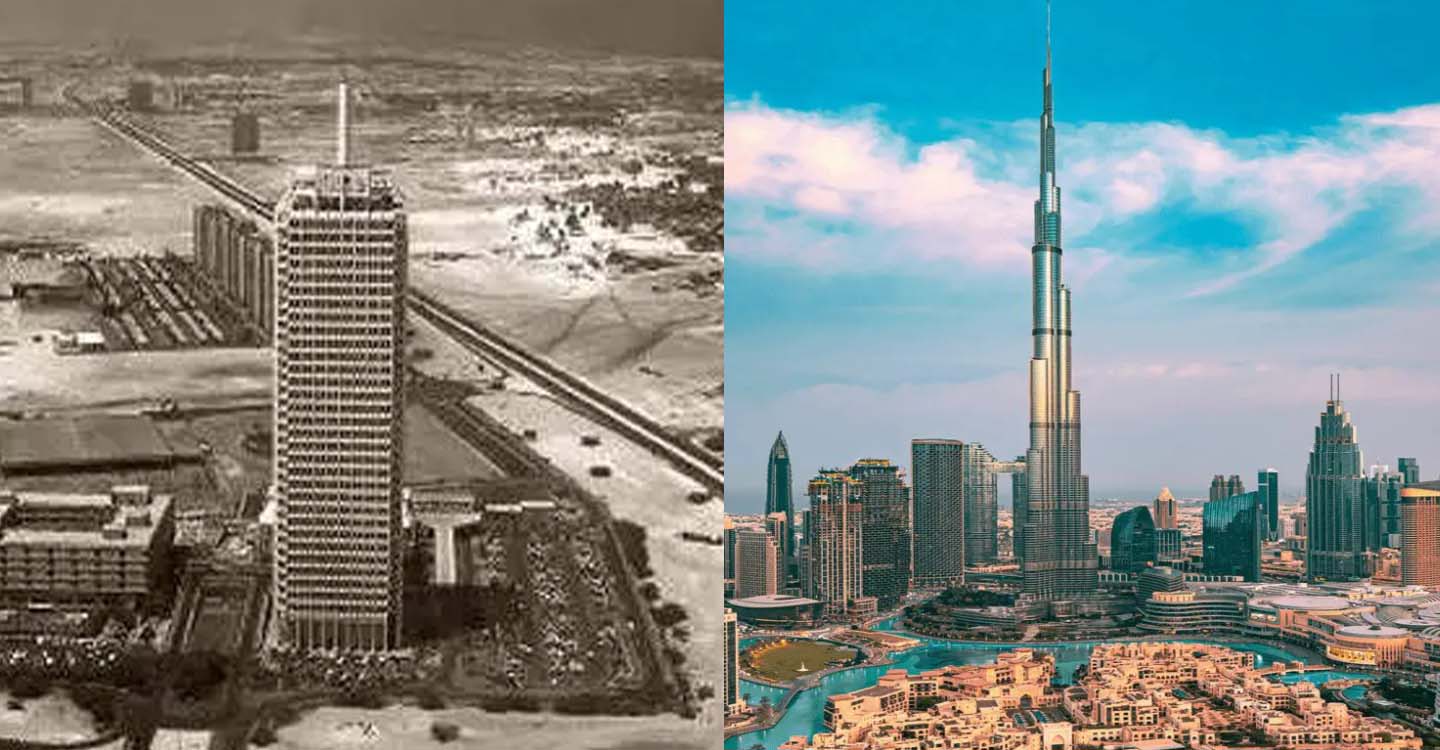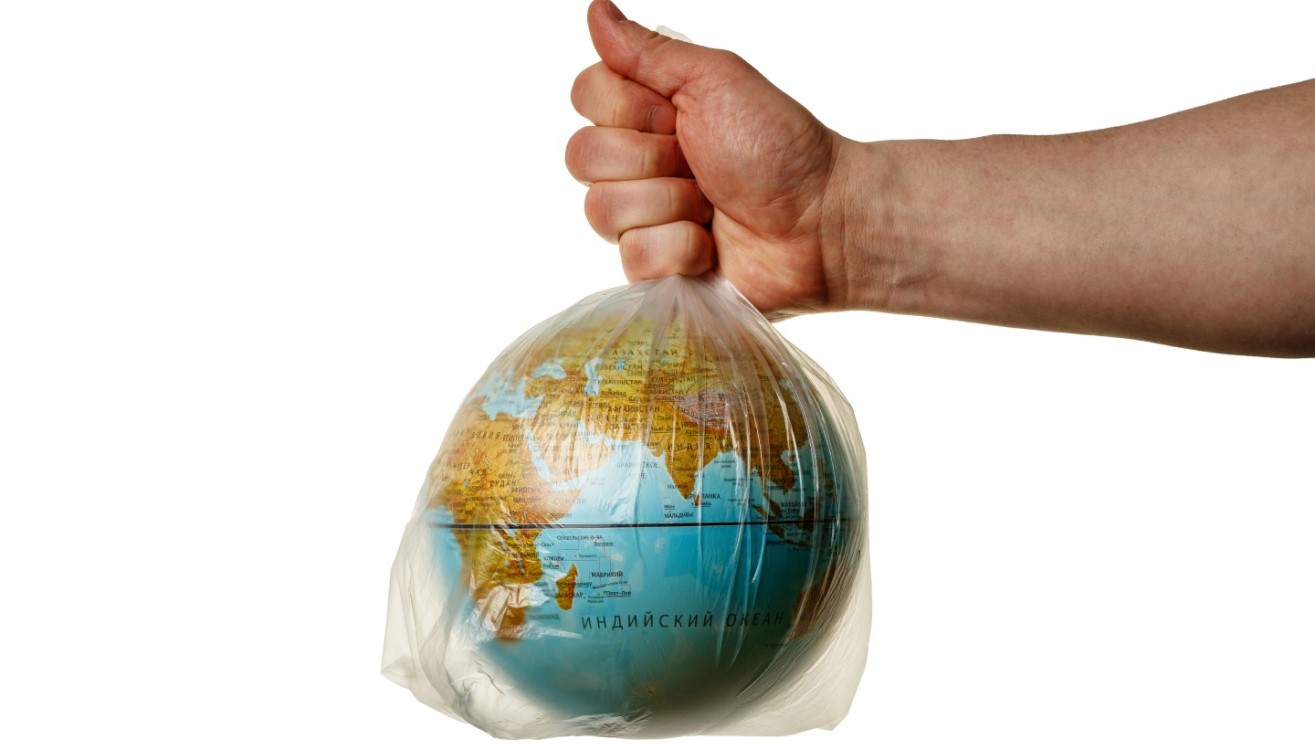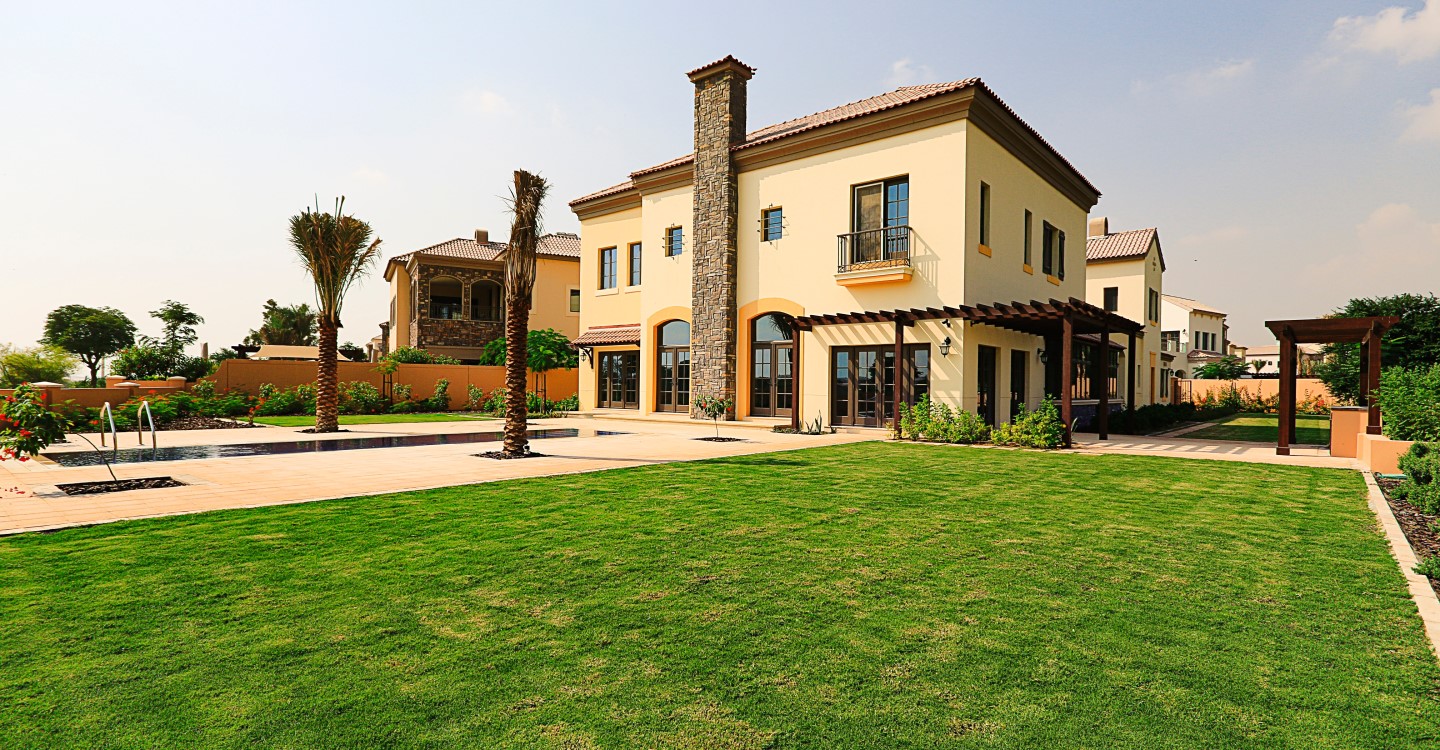
Dubai's property market has long been a reflection of global economic trends, political shifts, and major international events. As a dynamic and ever-evolving city, Dubai attracts investors, residents, and businesses from around the world. This global connectivity means that fluctuations in the international landscape—whether economic crises, geopolitical changes, or mega-events—can significantly influence the local real estate market.
How Global Events in Dubai Shape the Real Estate Sector
1. Economic Shifts and Financial Crises
Economic downturns and financial booms in major economies have a direct impact on Dubai’s property sector. For instance, the 2008 global financial crisis caused a sharp correction in Dubai’s real estate prices, leading to a market slowdown and reduced investor confidence. On the flip side, periods of economic growth in global markets, particularly in Europe and Asia, have led to increased foreign investment in Dubai’s real estate, driving up demand and property values.
In recent years, Dubai has taken proactive measures to mitigate economic downturns, such as implementing property regulations, introducing long-term visas for investors, and diversifying its economy. As a result, the market has shown resilience even during periods of global uncertainty.
2. Political Stability and Geopolitical Tensions
Global Events in Dubai, including conflicts, trade wars, and diplomatic relations, play a crucial role in investor sentiment. Dubai’s reputation as a politically stable and business-friendly hub has made it a safe haven for investors fleeing uncertainty in other parts of the world. For example, economic instability in certain regions has led to an influx of investors seeking to diversify their portfolios in Dubai’s luxury real estate market.
The UAE’s neutrality in global conflicts and its diplomatic efforts to maintain strong international relations have further strengthened Dubai’s appeal. As a result, when investors seek a stable market unaffected by volatile global politics, Dubai often emerges as a preferred destination.
3. Mega Events and Global Tourism
Large-scale Global Events in Dubai, such as Expo 2020, have had a profound impact on the property market. These events drive economic activity, increase job opportunities, and attract long-term investors looking to capitalize on the city’s growing global reputation. The tourism boom associated with such events also fuels demand for short-term rentals and hospitality-driven real estate investments.
Expo 2020, for instance, resulted in a surge of property transactions, with new developments witnessing increased interest from both international and local buyers. Hotels, serviced apartments, and rental properties saw higher occupancy rates, and the demand for commercial real estate grew as businesses expanded their operations in the city. Future Global Events in Dubai, such as the COP28 climate summit and other international exhibitions, are expected to further drive interest in Dubai’s property sector.
Dubai’s ability to host high-profile Global Events in Dubai has positioned it as a prime destination for investors seeking lucrative opportunities. The upcoming FIFA World Cup in Qatar also contributed to Dubai’s tourism and real estate growth, as many visitors opted to stay in Dubai and travel to Qatar for matches.
4. Currency Fluctuations and Investment Patterns
The strength of major currencies like the US dollar, euro, and pound sterling affects purchasing power in Dubai. A weaker dollar often makes Dubai more attractive to international investors, particularly from Europe and Asia, while a strong dollar might limit investment from certain regions. Currency fluctuations influence investor behavior, particularly among high-net-worth individuals and institutional investors.
Additionally, emerging markets experiencing currency depreciation often see an outflow of capital into Dubai’s real estate market. Investors from regions facing economic turbulence look to Dubai as a stable investment destination, further fueling the market’s growth. With Dubai's strong economic fundamentals, investor-friendly policies, and consistent capital appreciation, the city has become a safe haven for those seeking refuge from volatility. This inflow of foreign capital strengthens the resilience of Dubai’s real estate sector, allowing it to continue thriving despite global economic fluctuations. As a result, Dubai remains a top choice for international investors looking for stability and long-term returns.
5. Global Health Crises and Market Adaptation
The COVID-19 pandemic was a defining moment for real estate worldwide, and Dubai was no exception. While the initial impact led to a slowdown, Dubai’s quick recovery and proactive government policies helped revive the market. The pandemic also accelerated trends such as remote working, increasing demand for larger homes with dedicated office spaces and outdoor amenities.
The UAE government’s swift response, including stimulus packages, reduced transaction fees, and visa reforms, played a crucial role in maintaining investor confidence. Additionally, as digital transactions and virtual property viewings became the norm, Dubai’s real estate sector adapted quickly to these new technological advancements.
Additional Global Events in Dubai Impacting the Property Market
6. Climate Change and Sustainability Trends
As global attention shifts toward sustainability, Dubai has embraced eco-friendly real estate initiatives. Developers are now prioritizing green buildings, smart city technologies, and energy-efficient infrastructure. International regulations and sustainability targets set by global organizations also influence investment decisions in Dubai’s property market. The city’s commitment to becoming a global leader in sustainability is likely to attract investors seeking eco-conscious developments.
Dubai’s government has implemented regulations promoting sustainable construction, such as the Dubai Clean Energy Strategy 2050, which aims to make Dubai the world’s lowest carbon footprint city. This focus on sustainability enhances the appeal of Dubai’s real estate market to environmentally conscious investors. Furthermore, the city is encouraging green building certifications and energy-efficient infrastructure, ensuring that future developments align with global sustainability standards. By fostering eco-friendly initiatives, Dubai is positioning itself as a leader in sustainable urban growth, attracting investors who prioritize environmental impact alongside profitability. These measures create a unique opportunity for those looking to invest in a greener, more sustainable future.
7. Technological Advancements in Real Estate
The rise of blockchain, artificial intelligence, and proptech (property technology) is reshaping the global real estate landscape. Dubai has positioned itself as a frontrunner in these technological innovations, implementing blockchain-based property transactions and AI-driven real estate analytics. As global investors look for secure and efficient property markets, Dubai’s adoption of cutting-edge technologies enhances its appeal.
Furthermore, Dubai’s Smart City initiative is integrating IoT and big data to enhance real estate efficiency. AI-powered property management systems, digital land registries, and automated investment platforms are helping streamline transactions and reduce bureaucratic hurdles for investors. With advancements in virtual property viewings, predictive analytics, and smart contracts, Dubai continues to revolutionize the property sector, ensuring seamless, transparent, and future-ready investment opportunities.
Future Outlook: What’s Next for Global Events in Dubai’s Property Market?
Dubai continues to evolve in response to global trends, positioning itself as a resilient and adaptive real estate market. The city’s strategic initiatives, including visa reforms, economic diversification, and continued infrastructure development, make it a top choice for global investors. With upcoming Global Events in Dubai, technological advancements, and policy changes, Dubai’s property market is set to remain a key player in the international real estate landscape.
Moreover, as Dubai cements its position as a global financial hub, new opportunities will emerge for investors looking to capitalize on the city’s dynamic real estate market. Whether through sustainable developments, luxury properties, or commercial real estate, Dubai offers diverse options for investors seeking long-term gains.
Dubai’s upcoming projects, such as the Dubai Urban Plan 2040, further reinforce the city's commitment to long-term real estate growth. This master plan focuses on sustainable urban development, expanding green spaces, and enhancing infrastructure, which will significantly influence property values and investor confidence. Additionally, with smart city initiatives and advancements in AI-driven real estate solutions, Dubai is embracing innovation to offer a seamless, tech-driven property investment experience. The integration of cutting-edge technologies, such as blockchain for transparent transactions and IoT for smarter buildings, is set to revolutionize the property market. As a result, Dubai is not only becoming a prime location for real estate investment but is also establishing itself as a forward-thinking city where technology, sustainability, and growth converge to shape the future of real estate.
Final Thoughts
Understanding the role of global events in Dubai is essential for investors and stakeholders looking to navigate the market successfully. Whether driven by economic cycles, geopolitical shifts, or global mega-events, Dubai’s real estate sector continues to showcase resilience and long-term growth potential.
As the world continues to evolve, Dubai stands as a beacon of opportunity, offering a real estate market that is not only globally connected but also future-ready. With its investor-friendly policies, world-class infrastructure, and vision for sustainable growth, the city remains an attractive destination for long-term real estate investments.
Major global events, such as Expo 2020 and COP28, have further cemented Dubai’s status as a dynamic hub for business and innovation. These events not only attract global attention but also drive significant economic activity, leading to increased demand for residential, commercial, and hospitality properties. Additionally, the government’s continuous efforts to enhance regulatory frameworks, introduce golden visas, and foster digital transformation contribute to the city's ongoing real estate evolution.
Dubai’s ability to adapt to changing global trends while maintaining a strong foundation for economic growth ensures that its real estate market remains competitive. With a strategic location, high rental yields, and a steady influx of foreign investors, the city continues to be a top choice for those seeking long-term stability and lucrative returns in the property sector.


